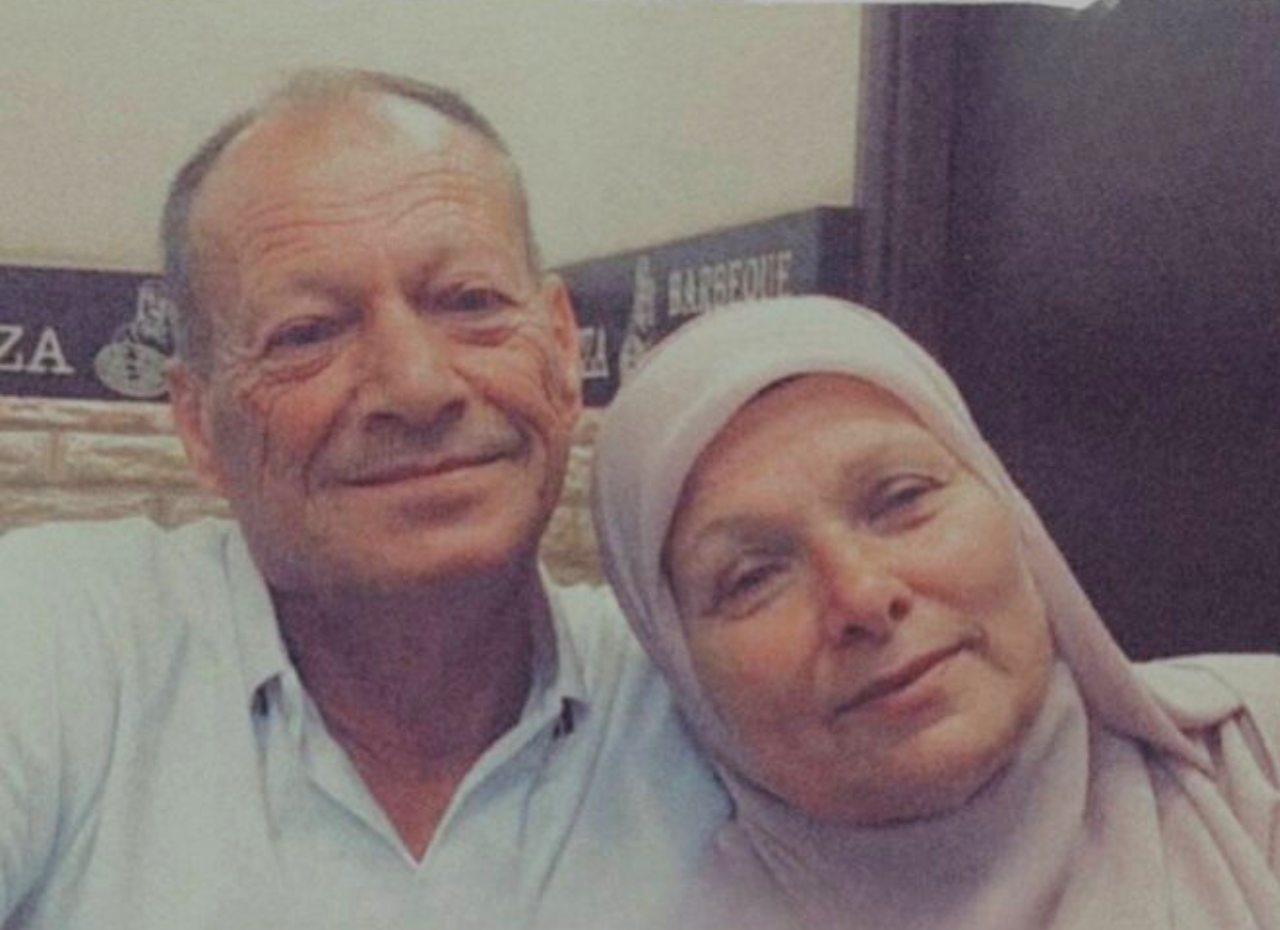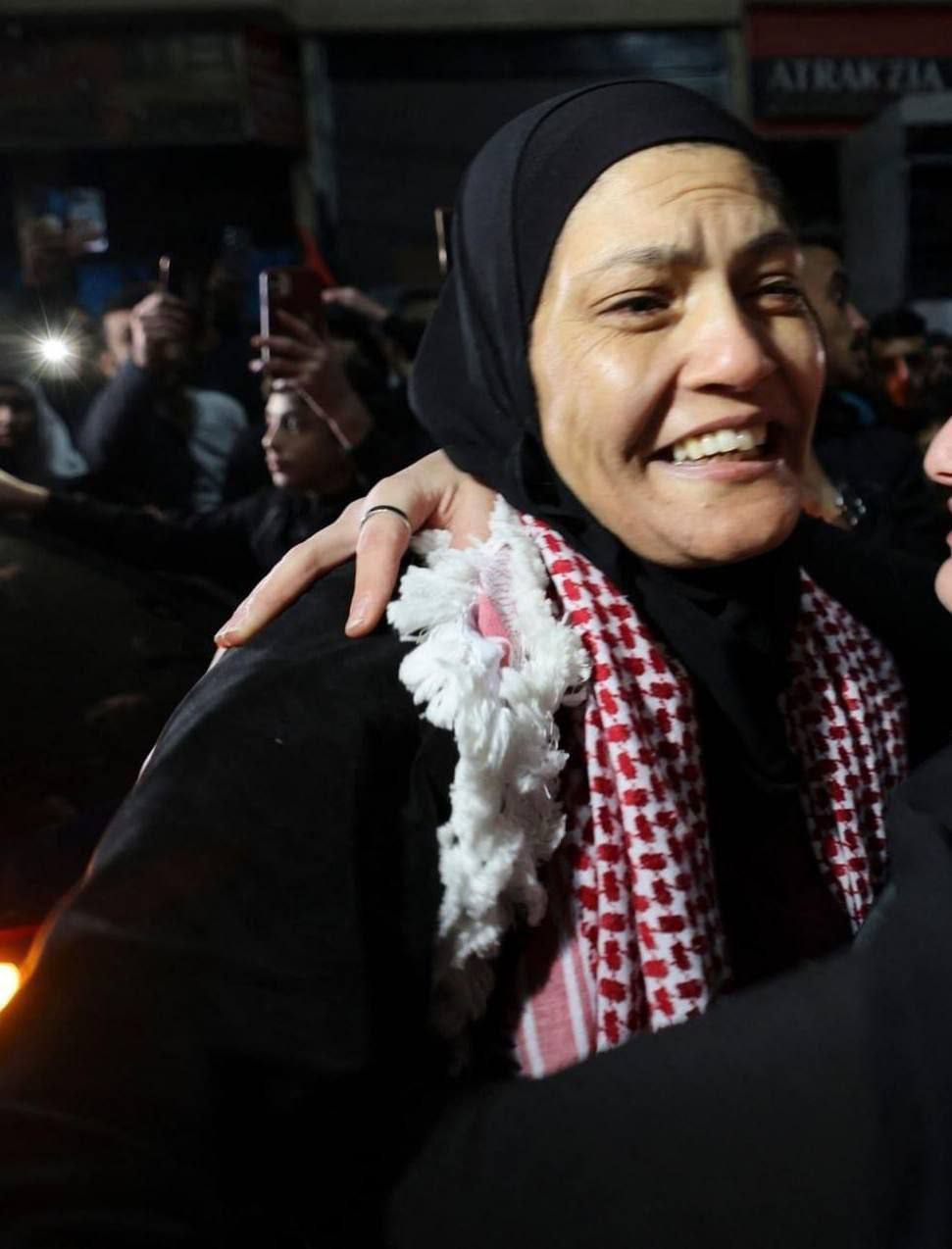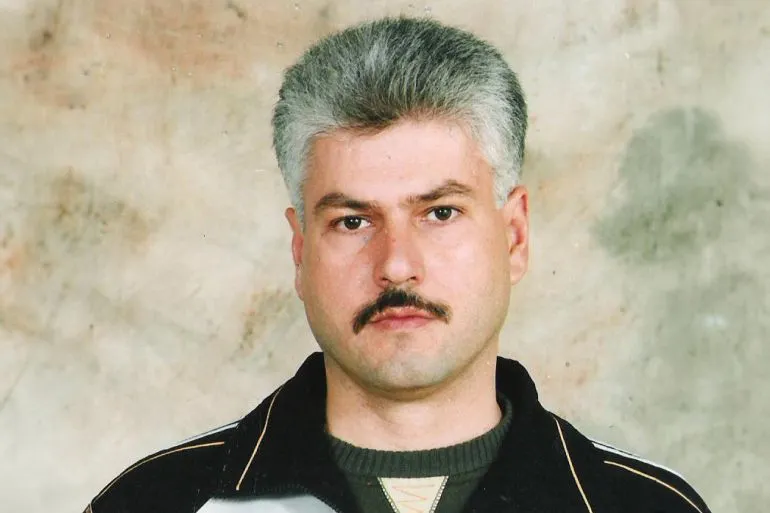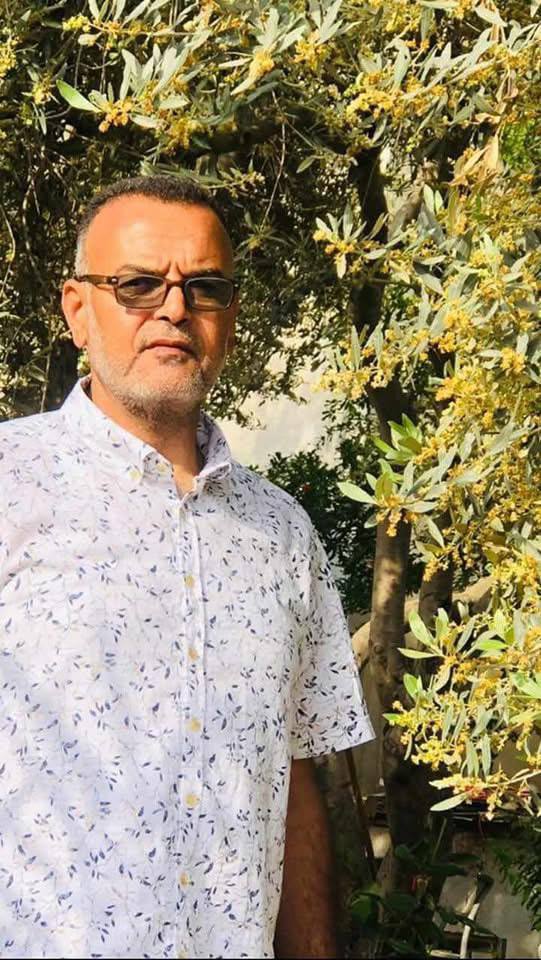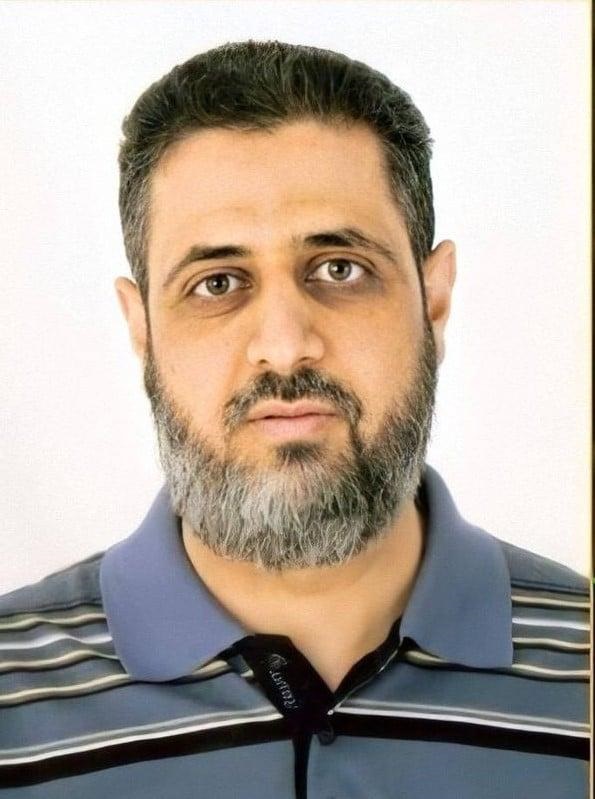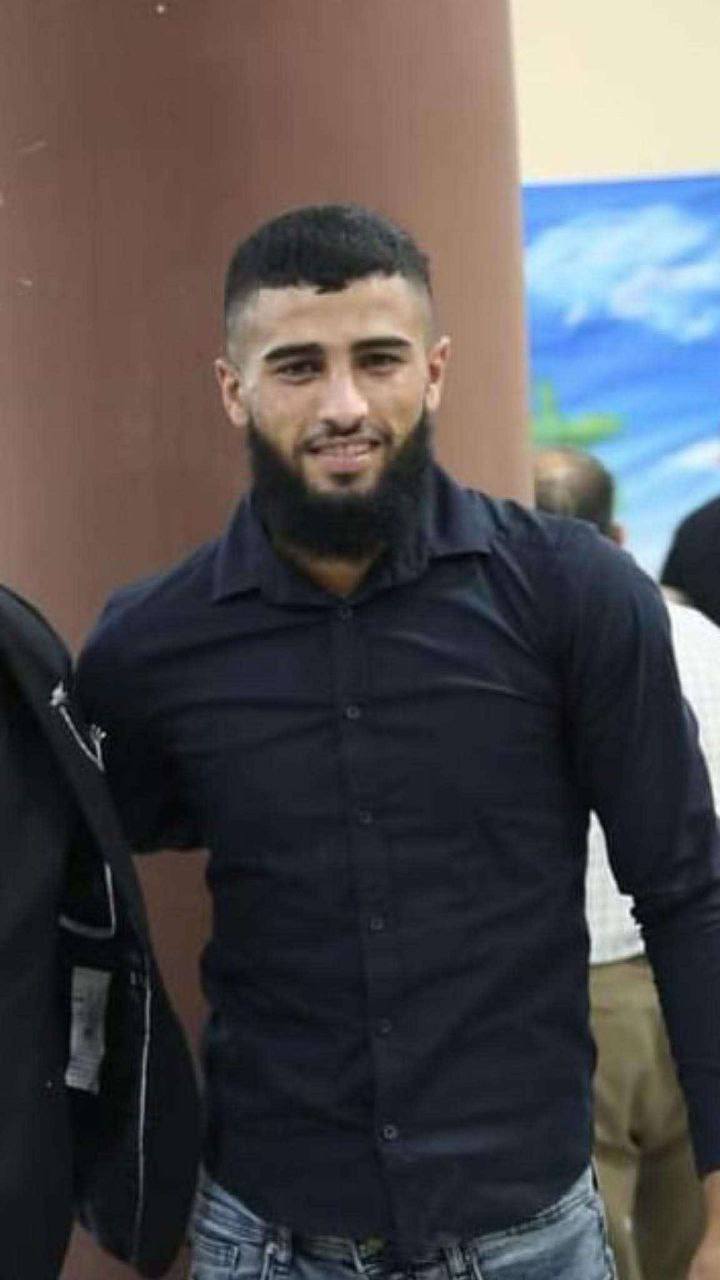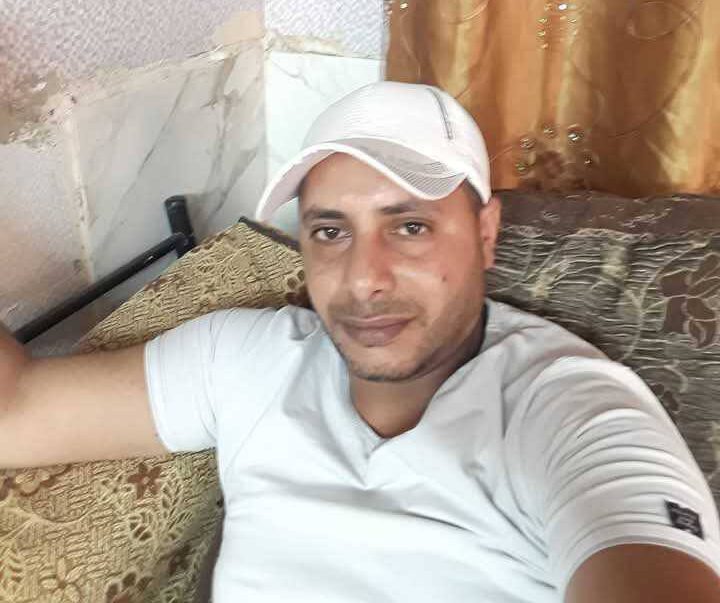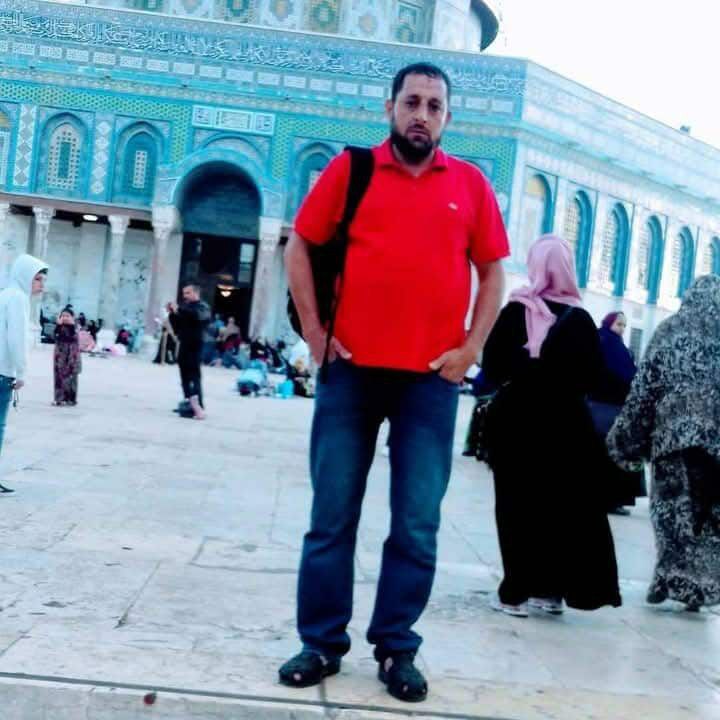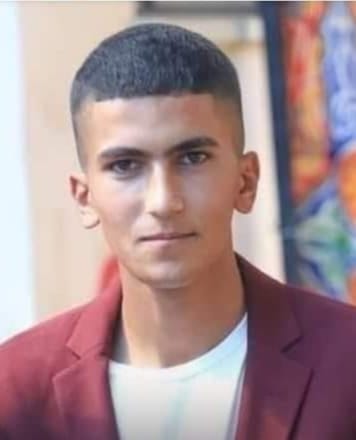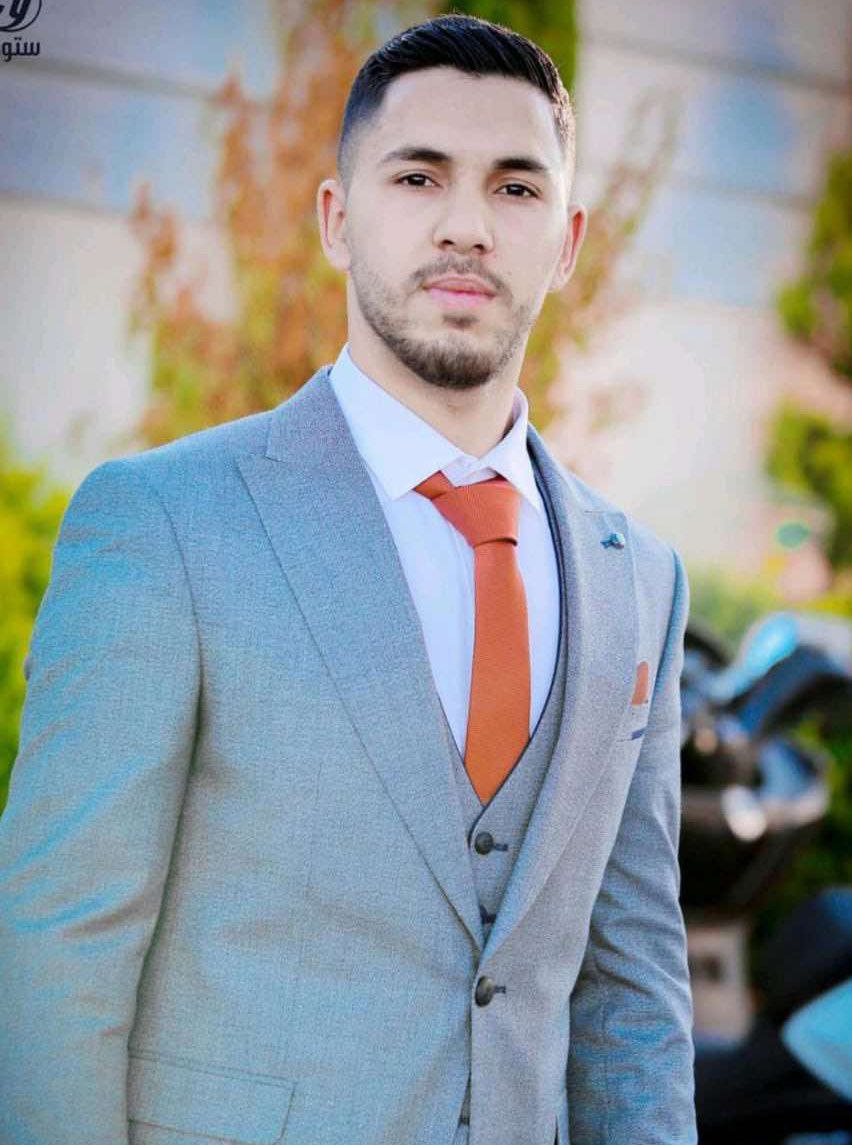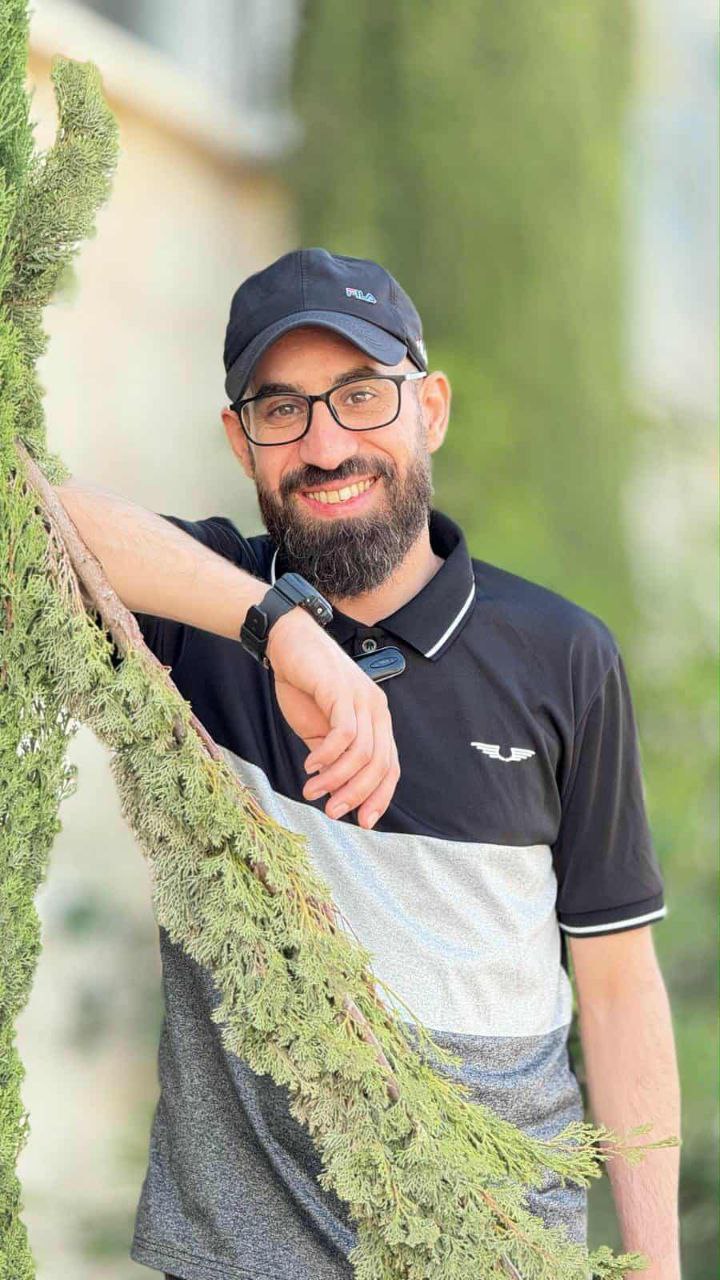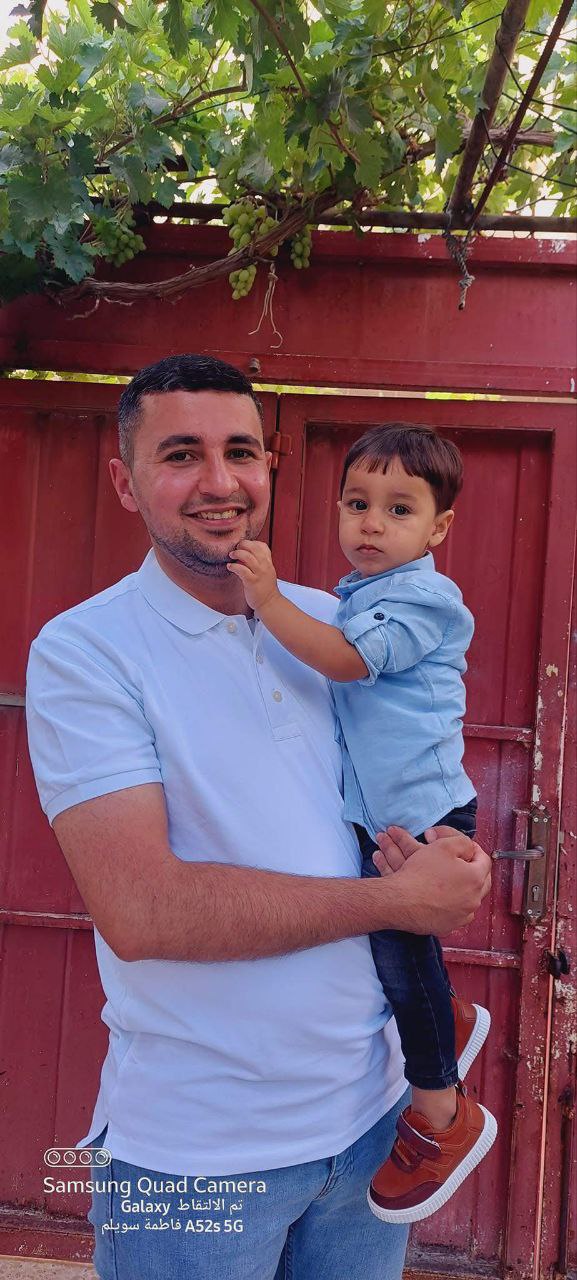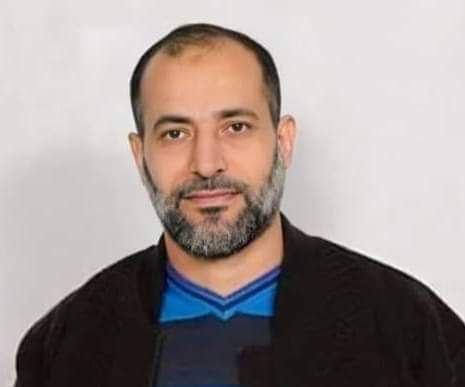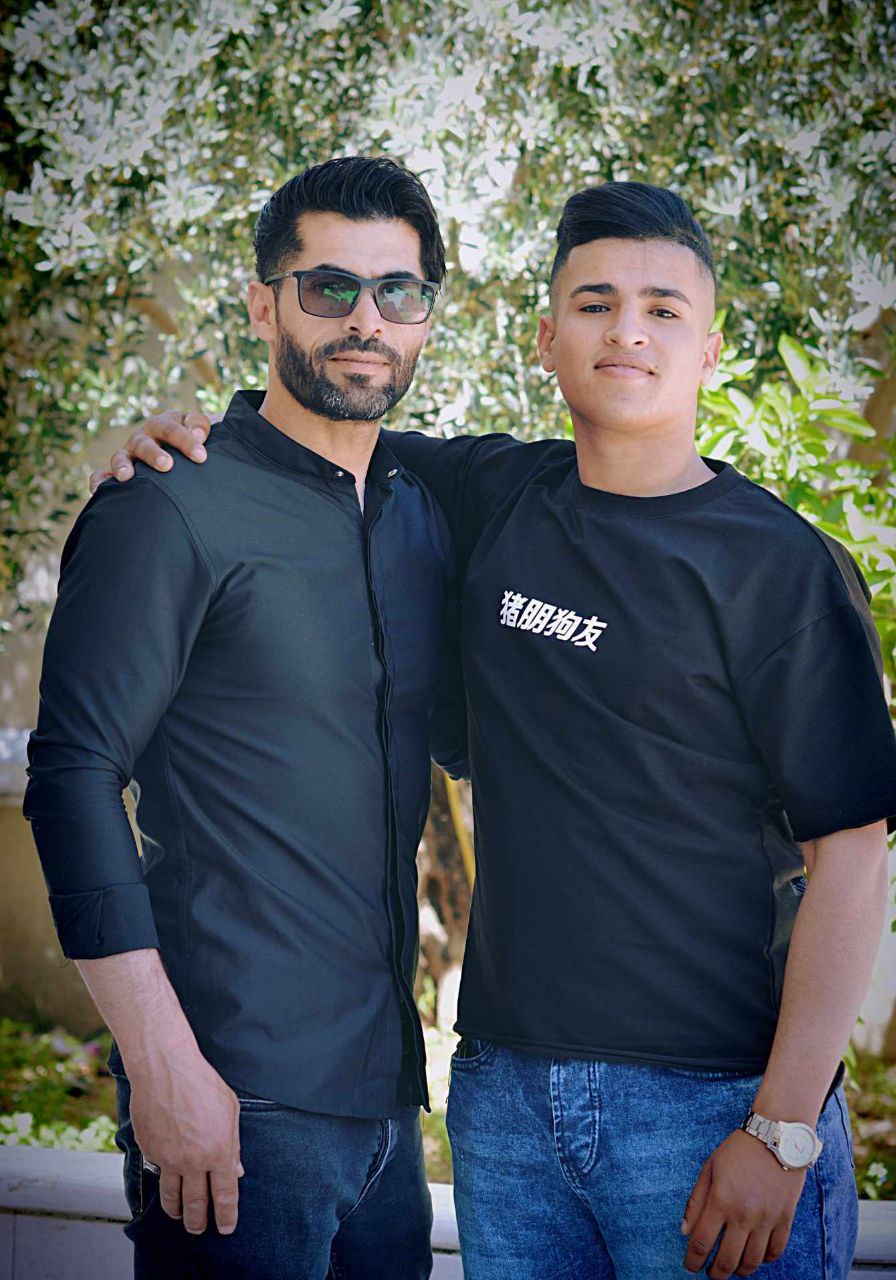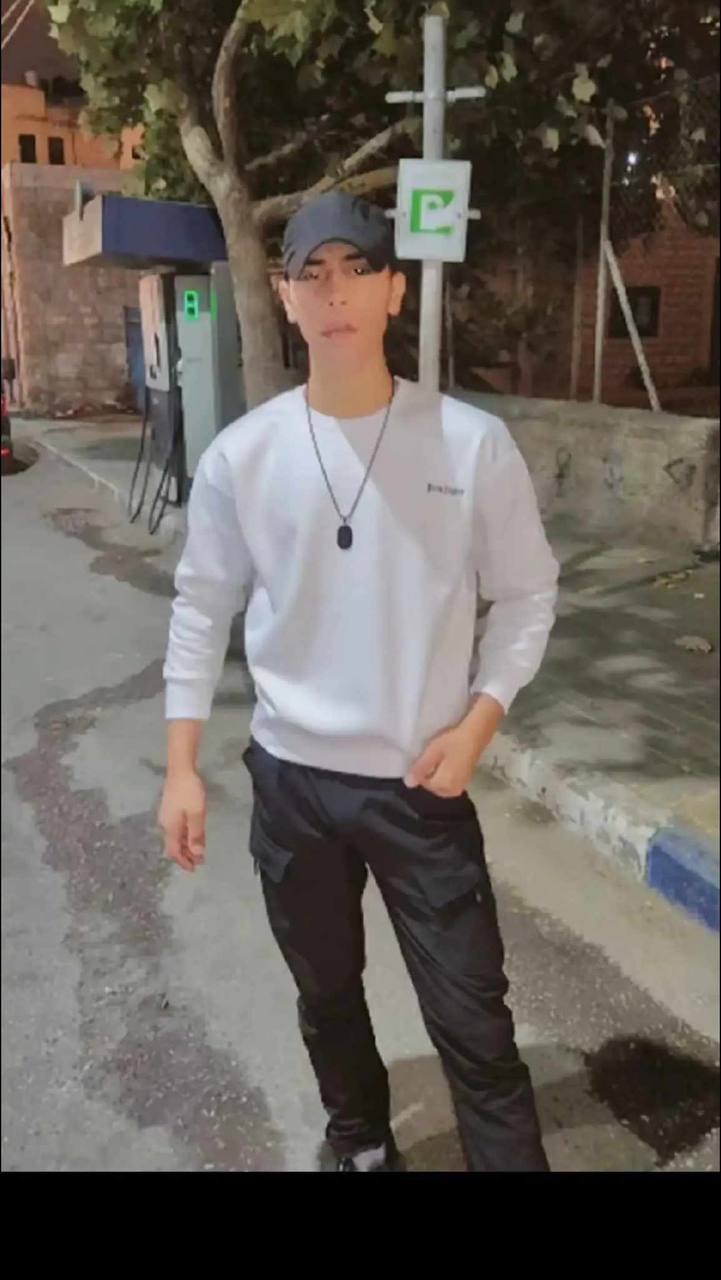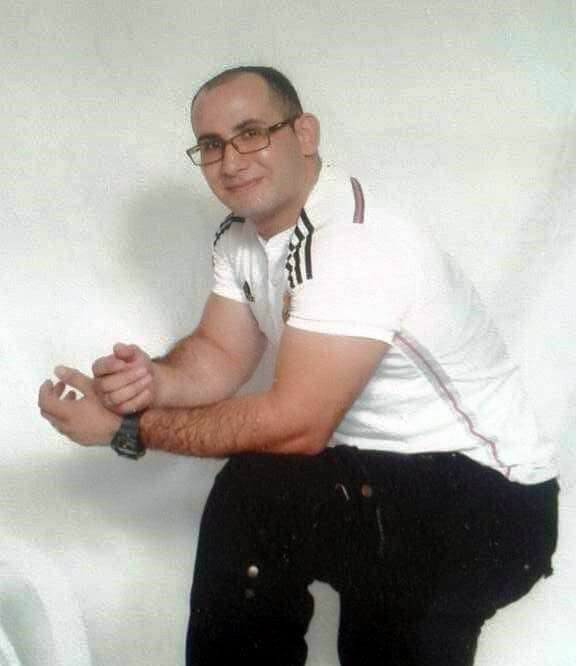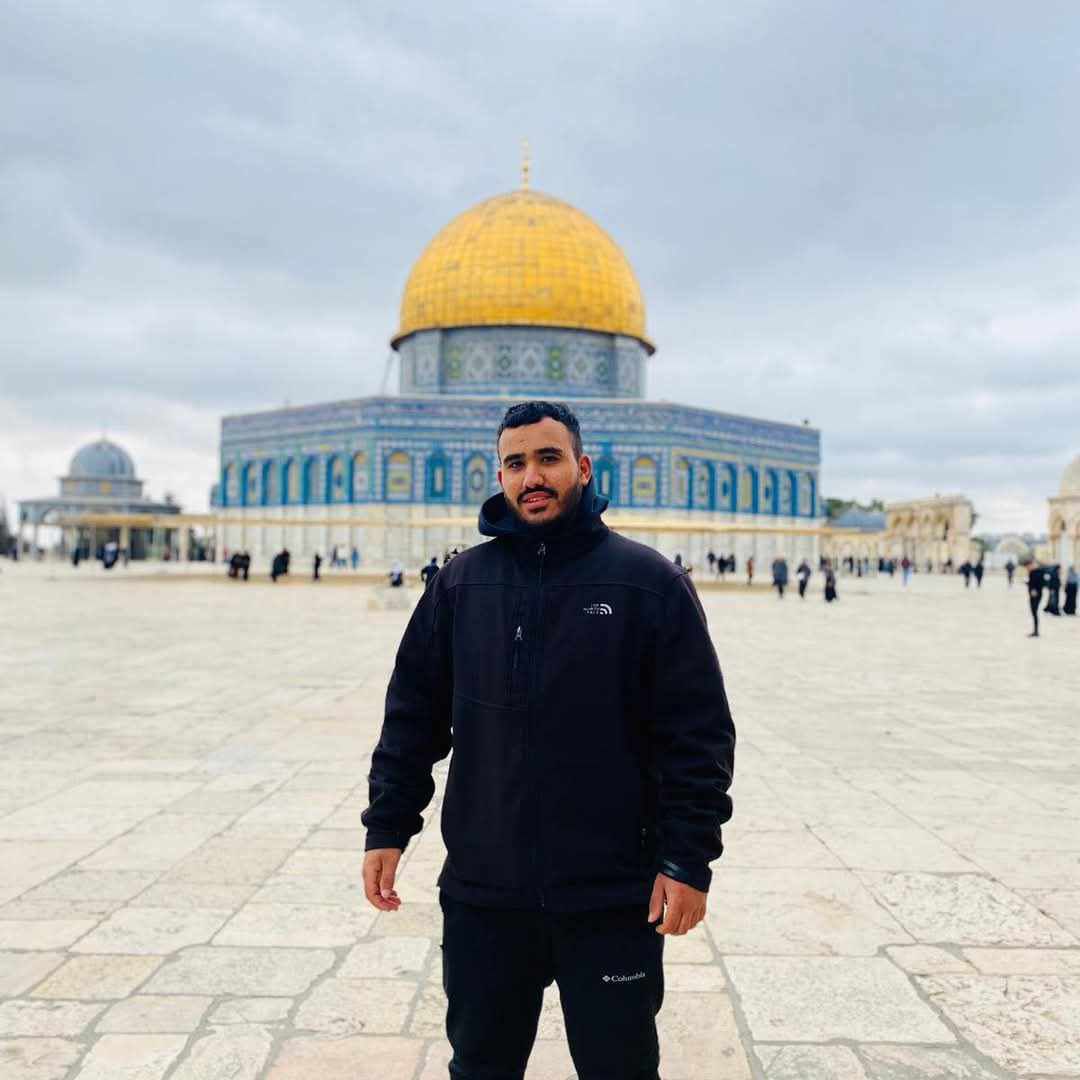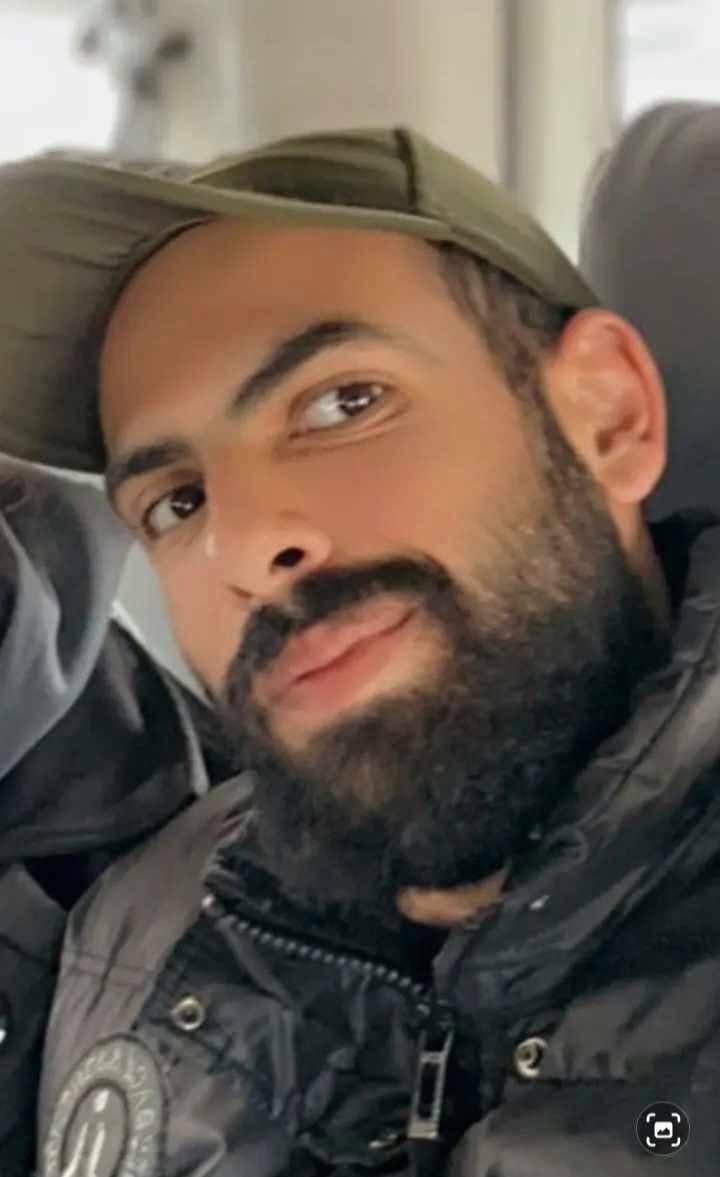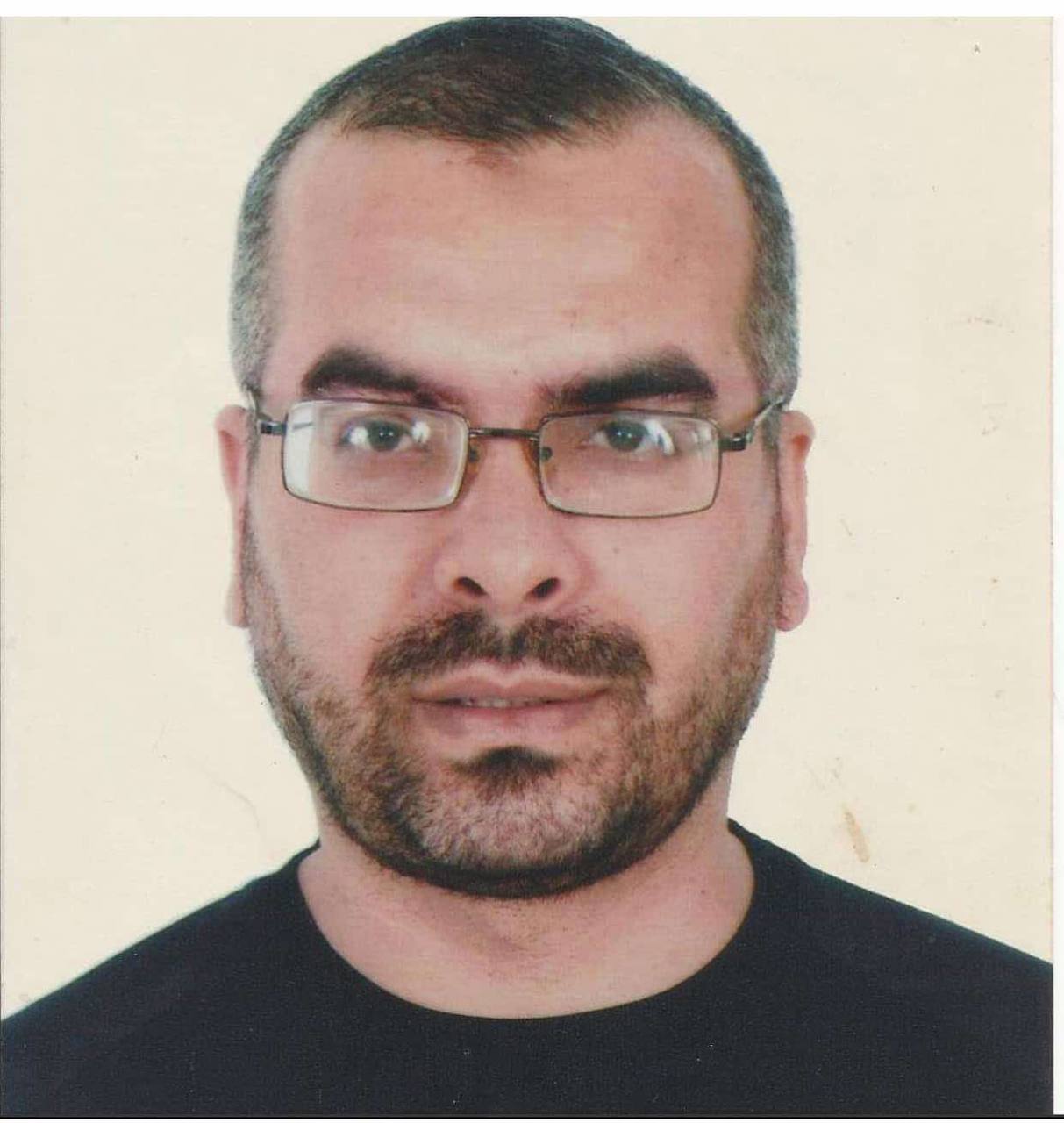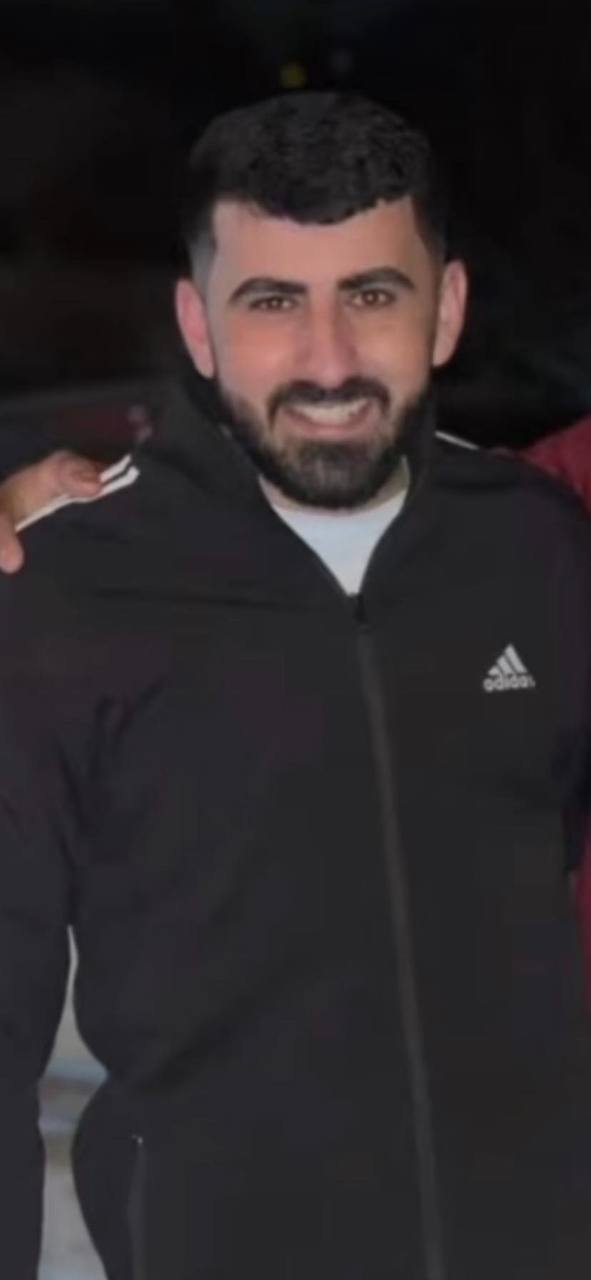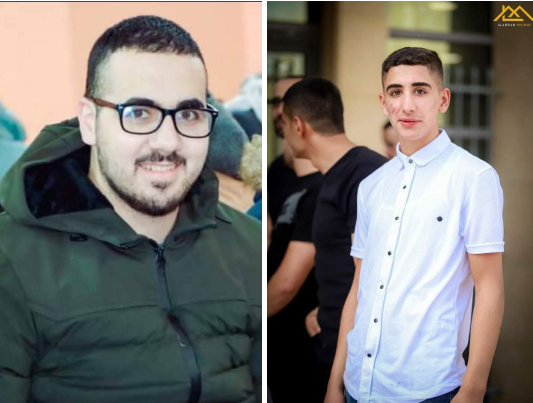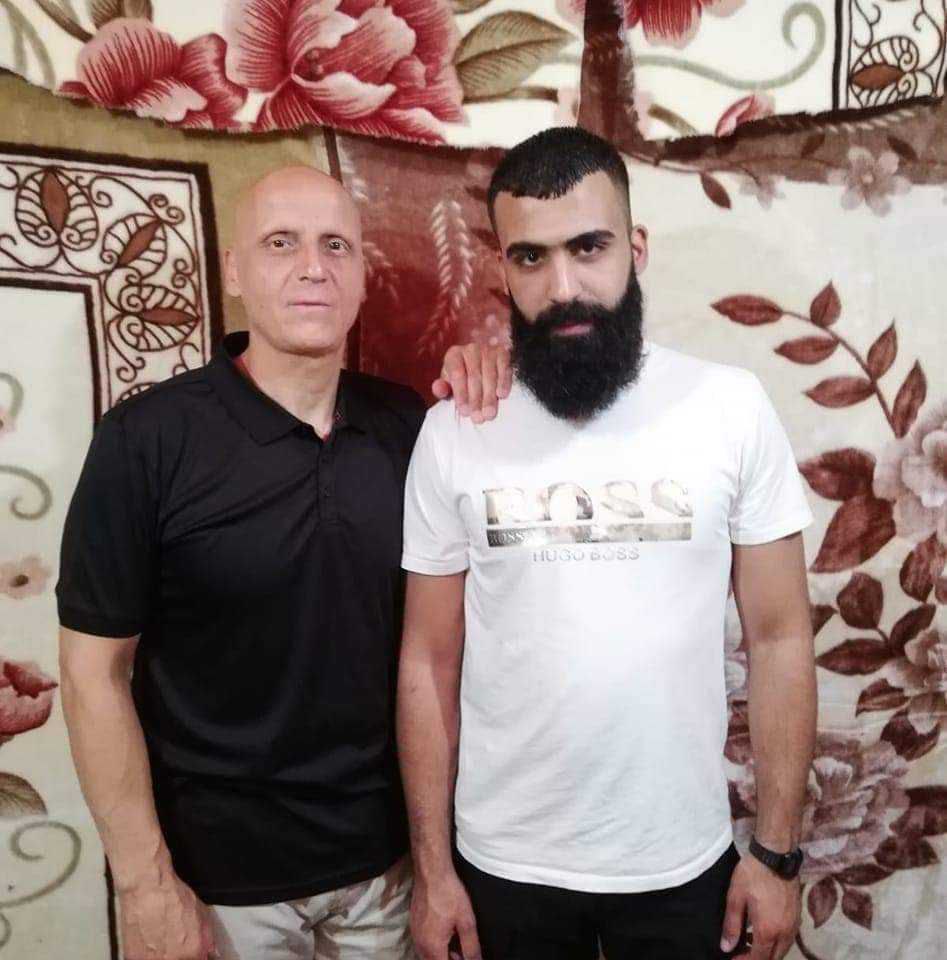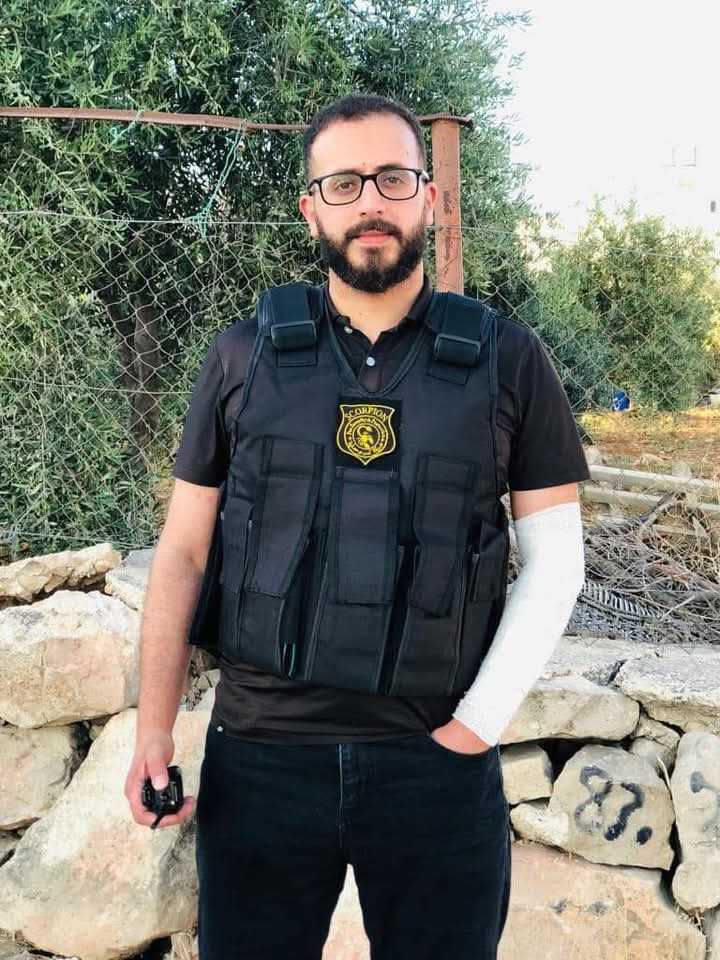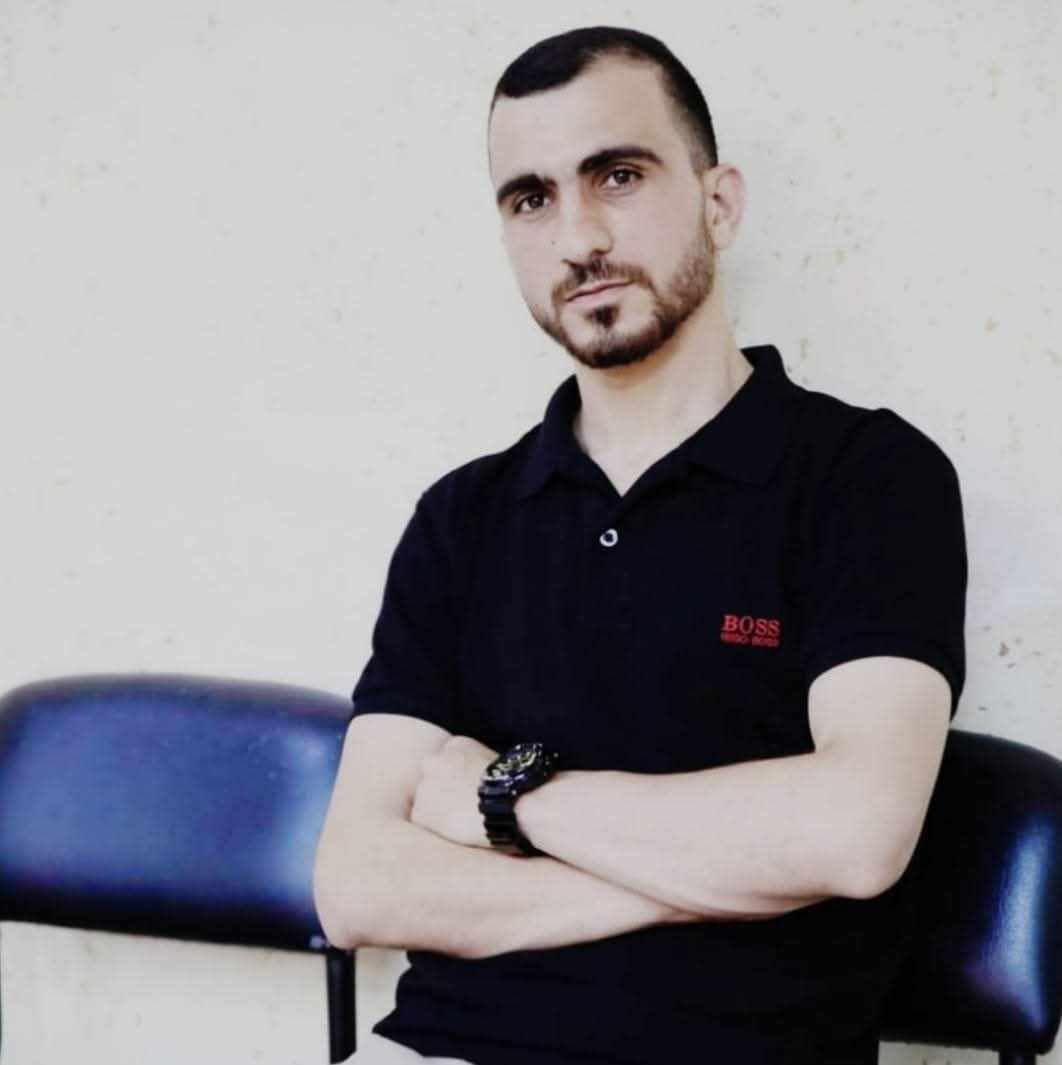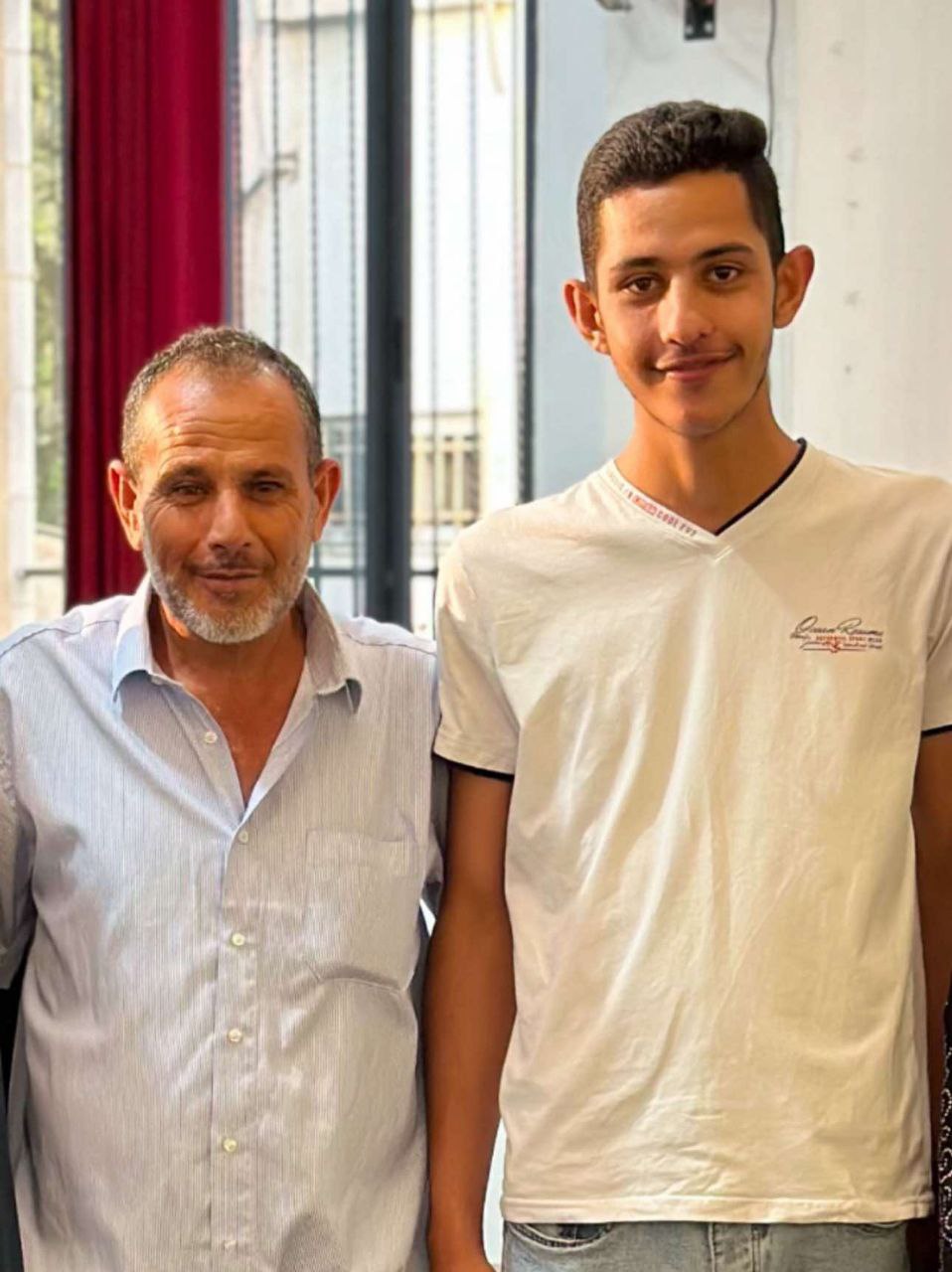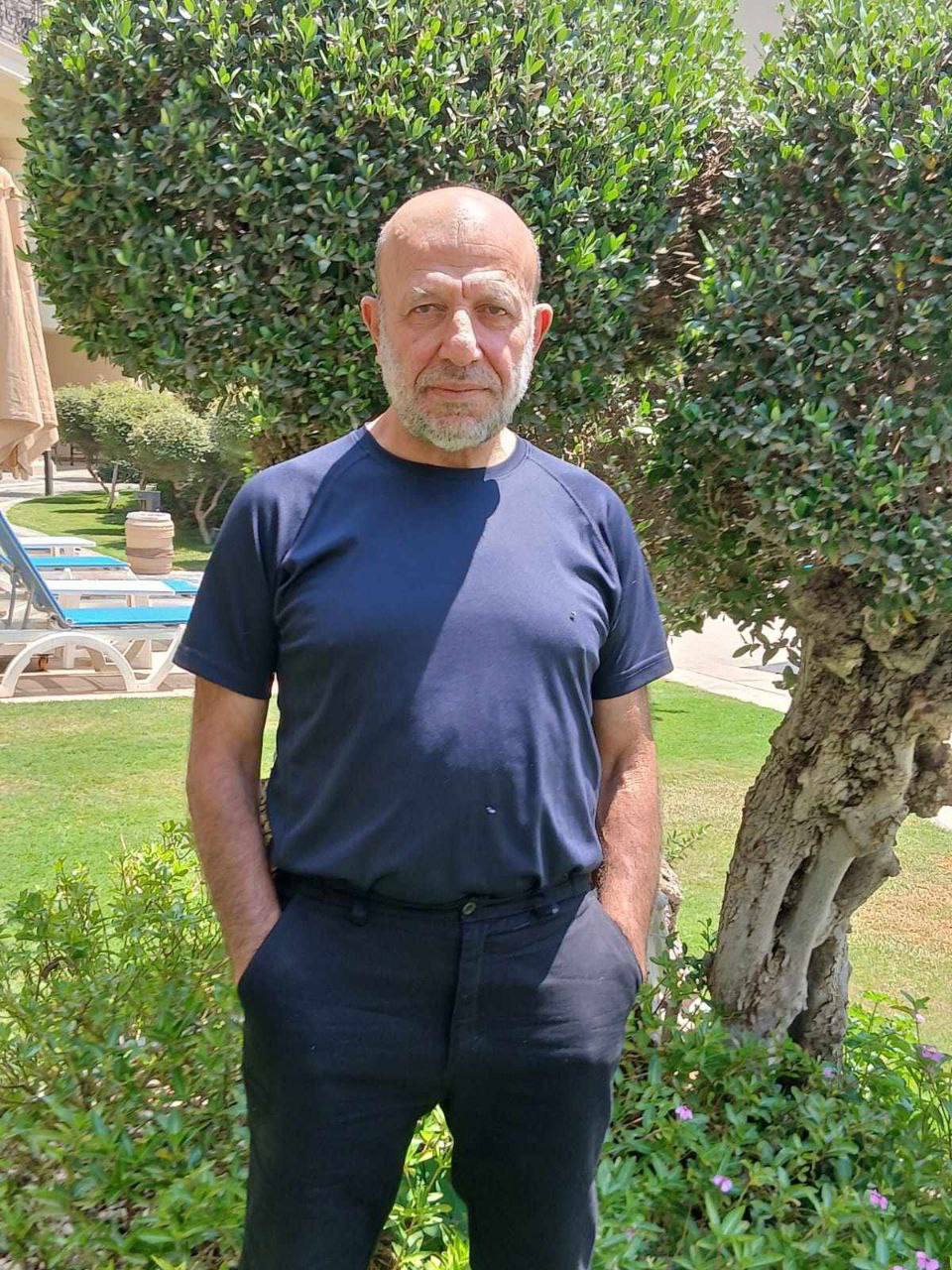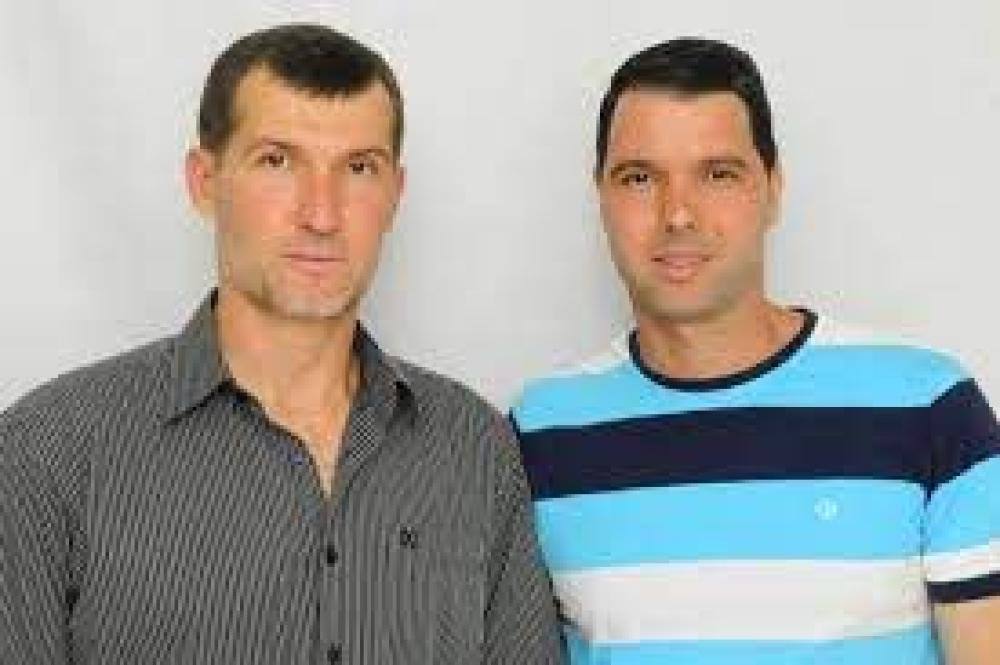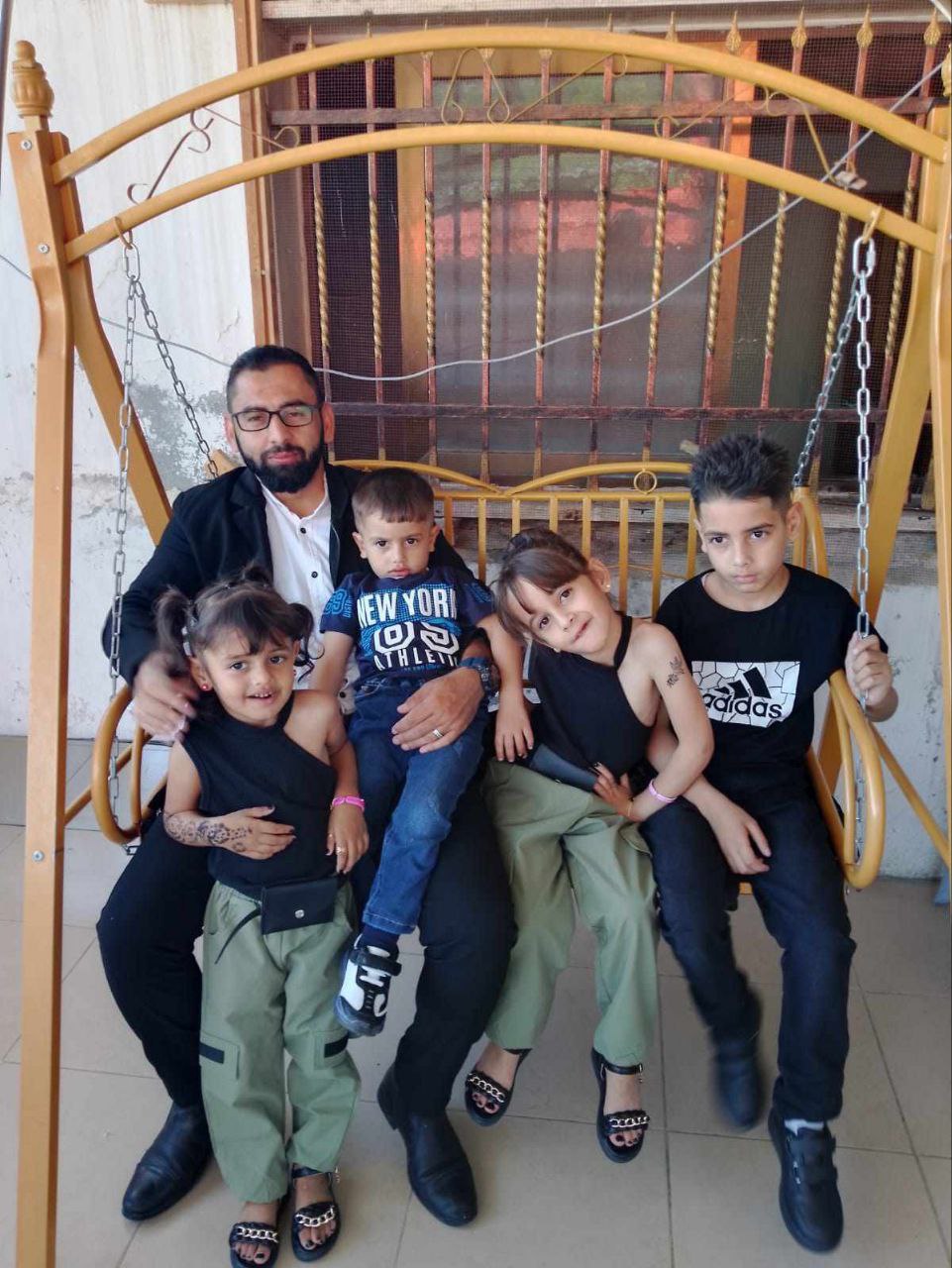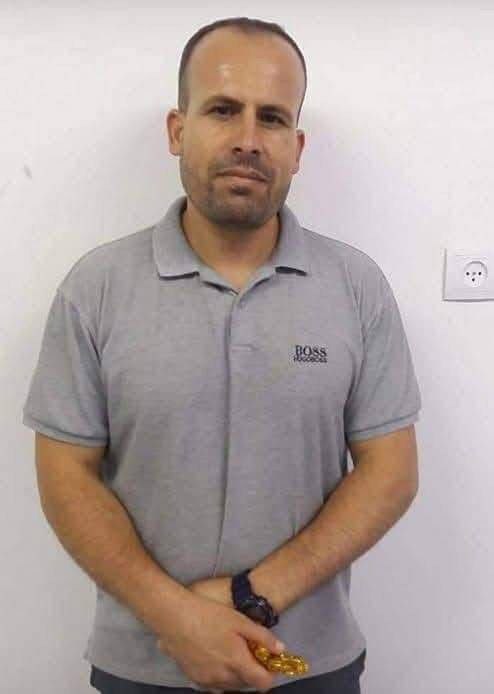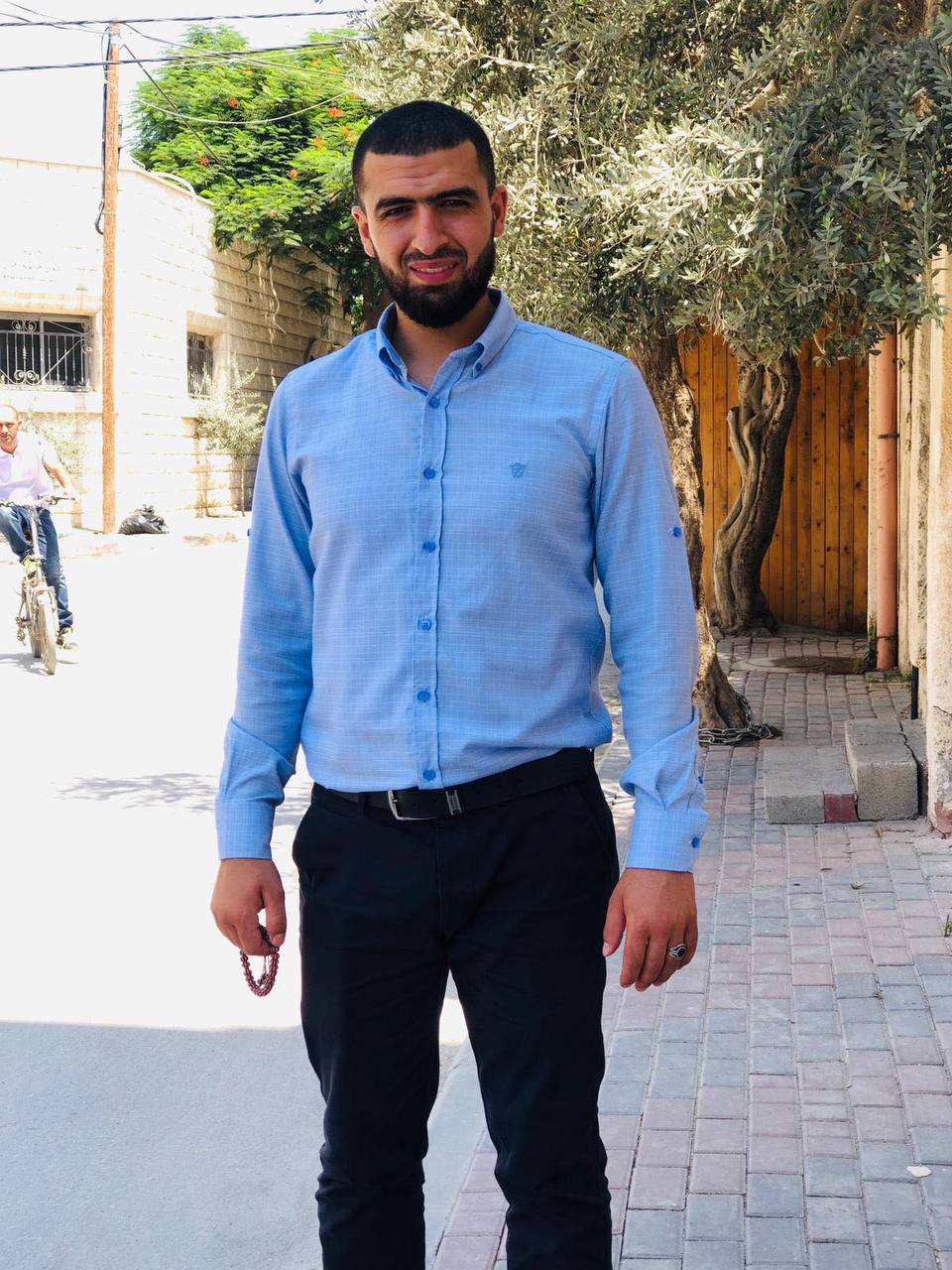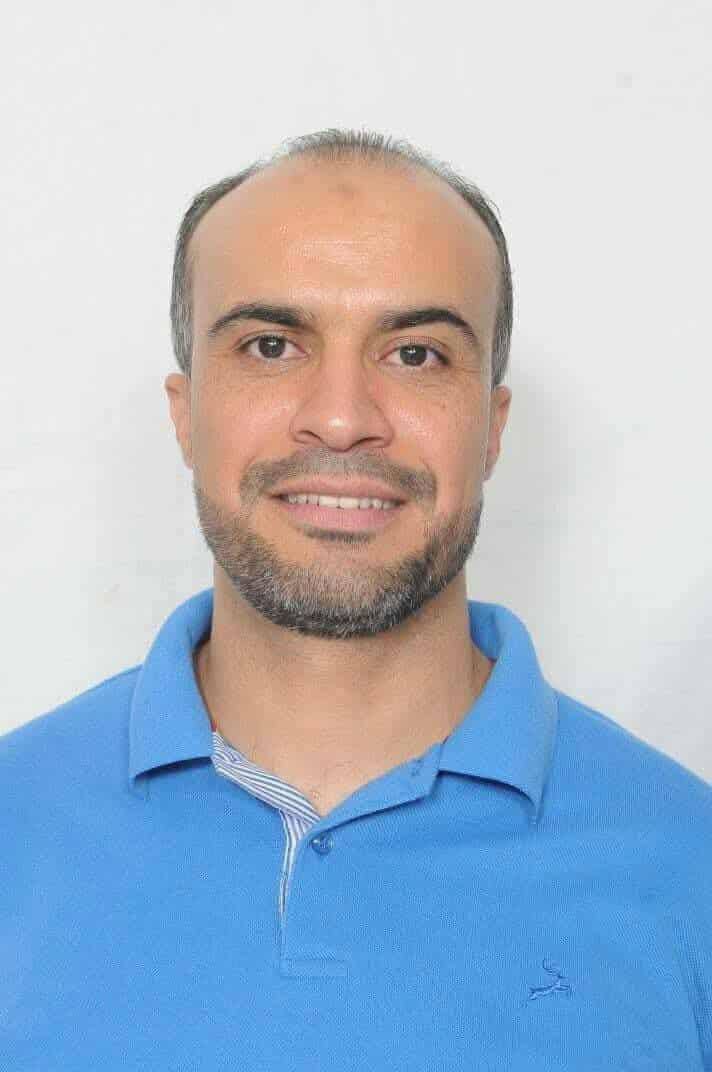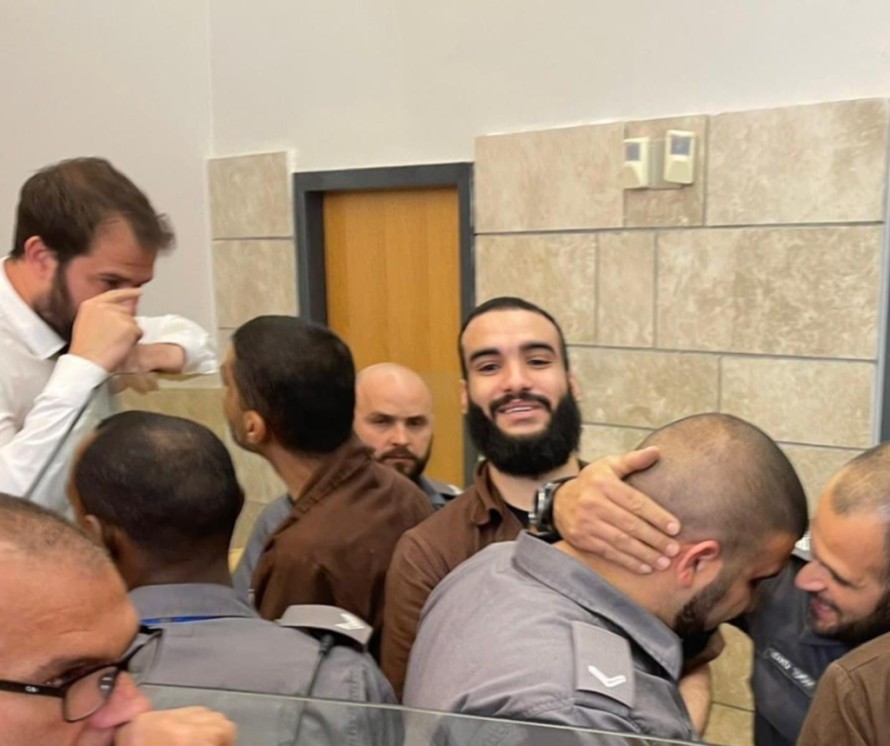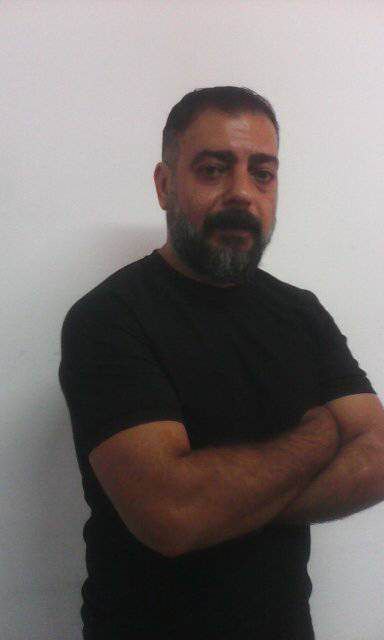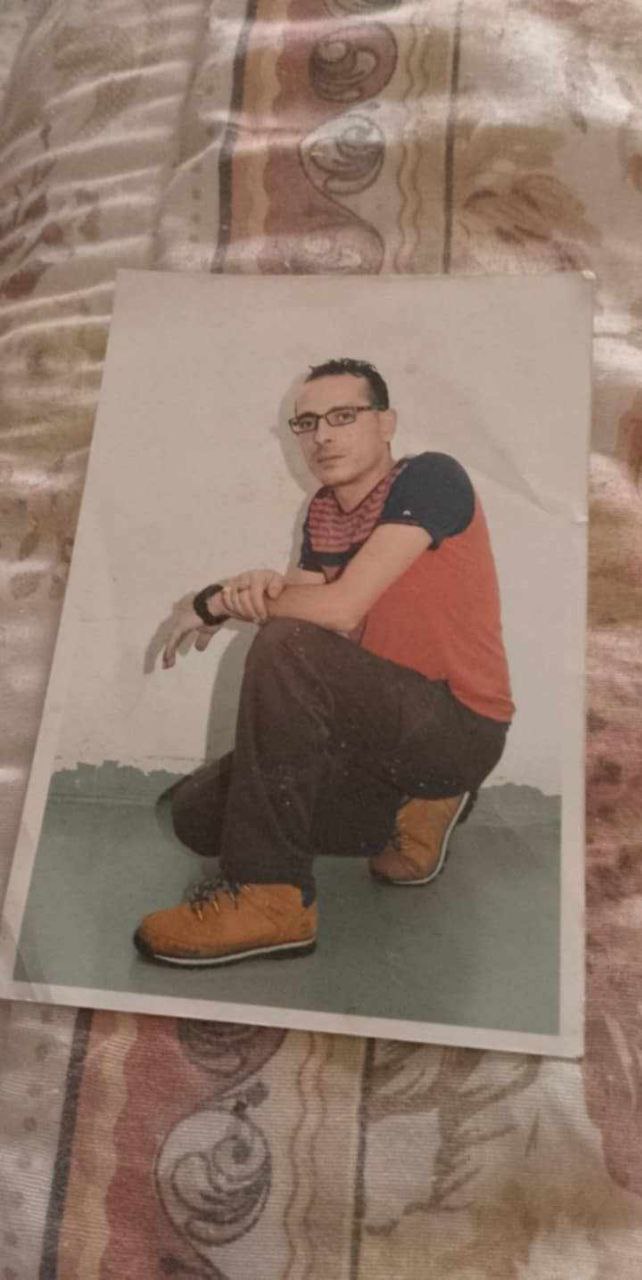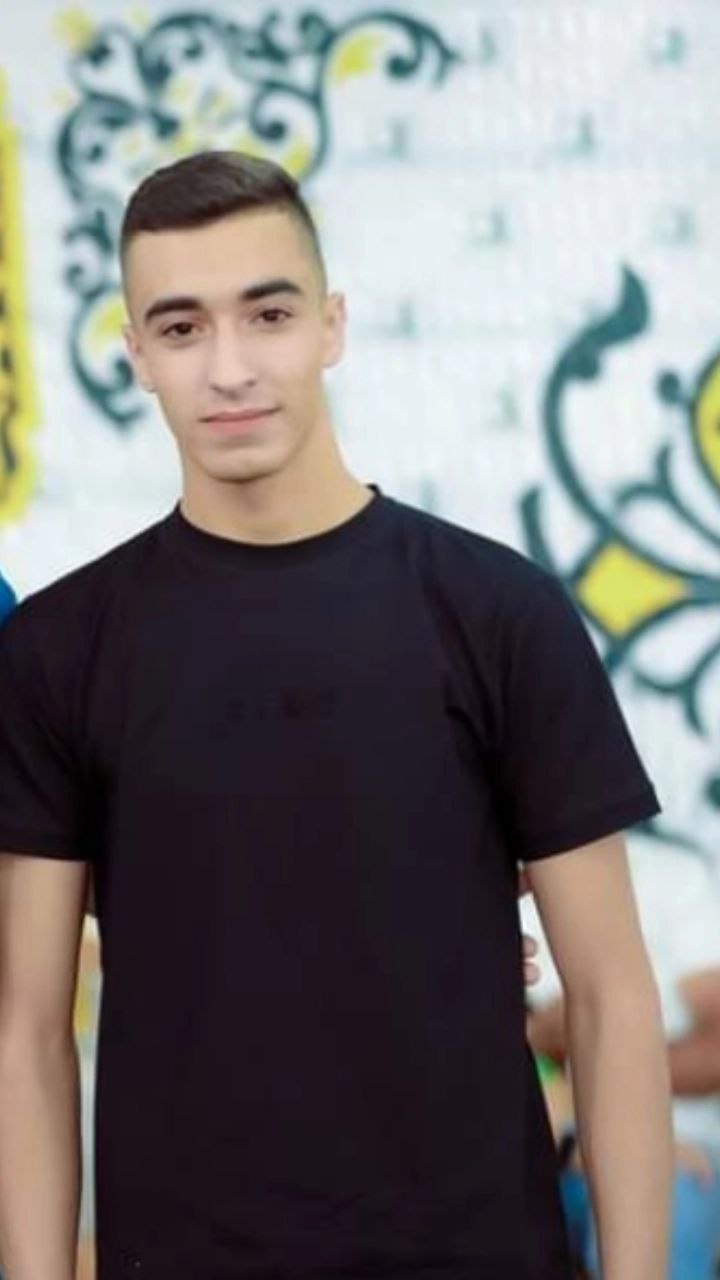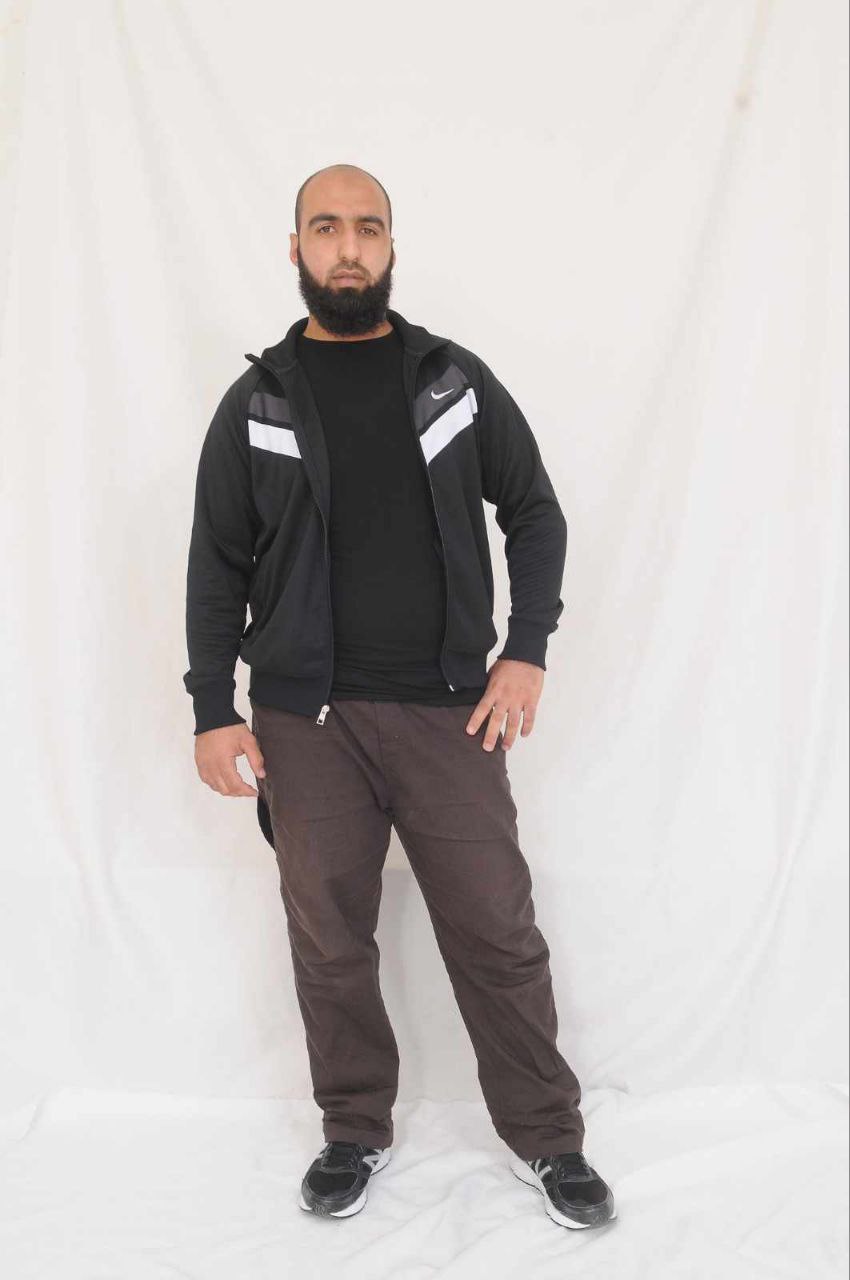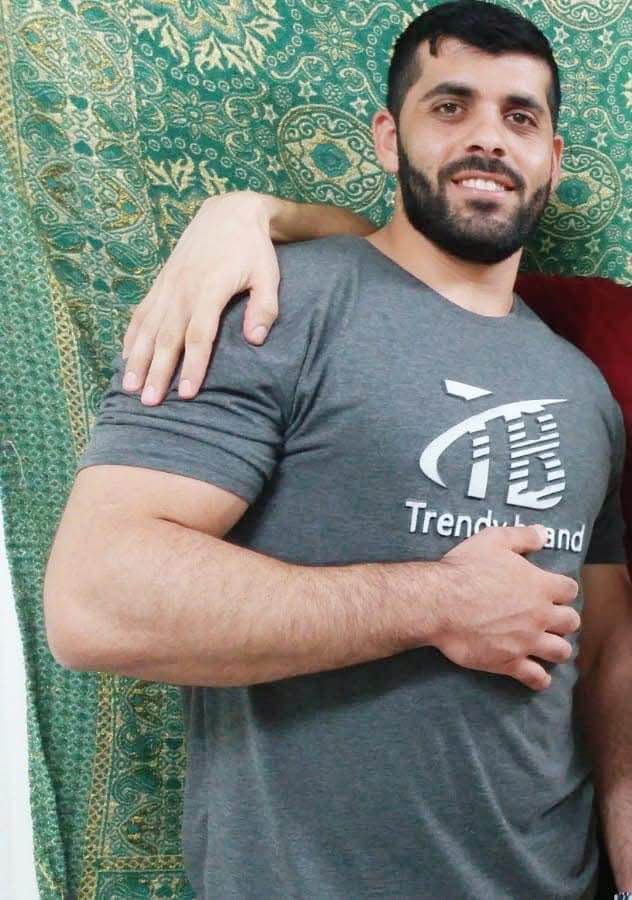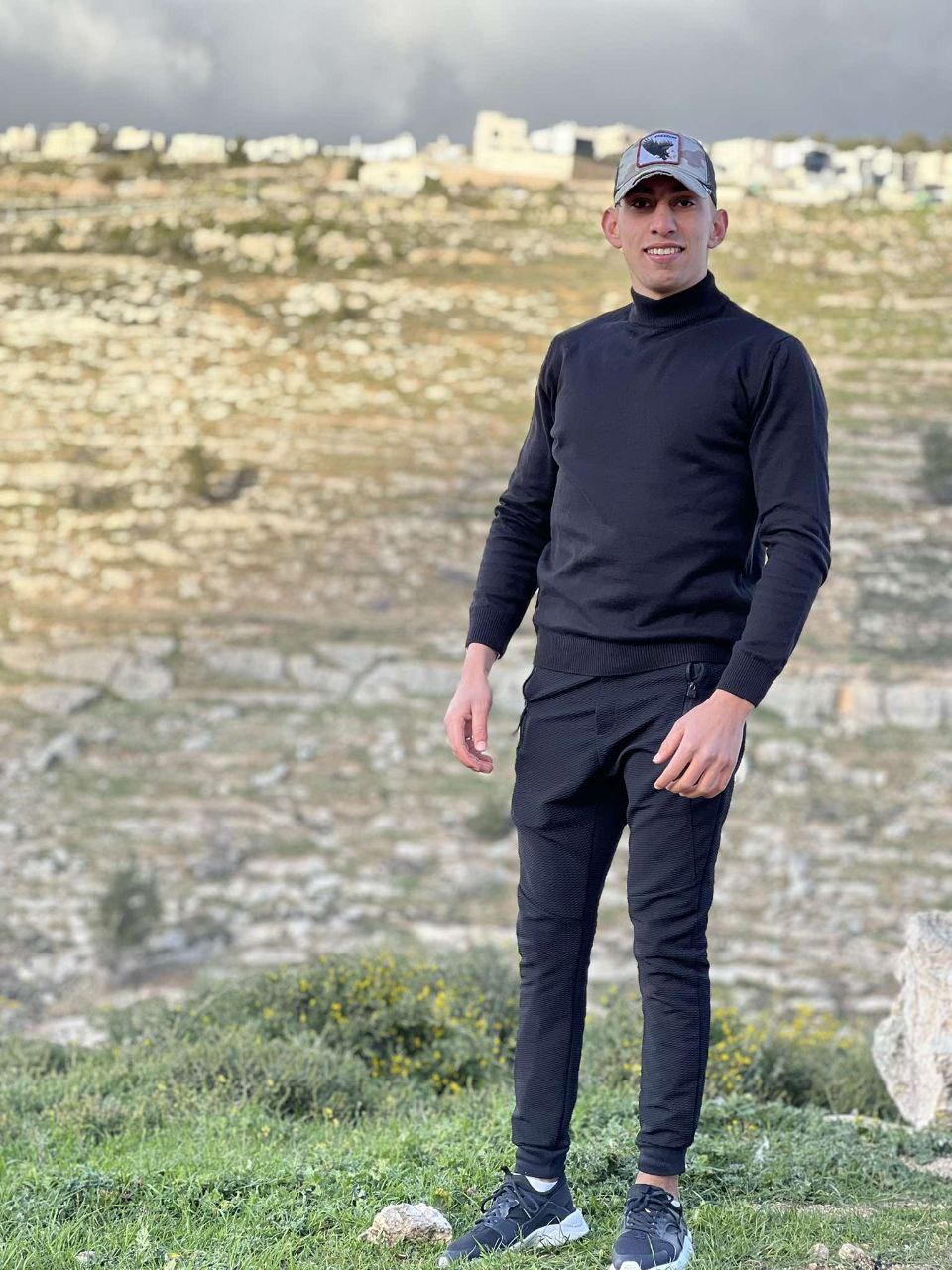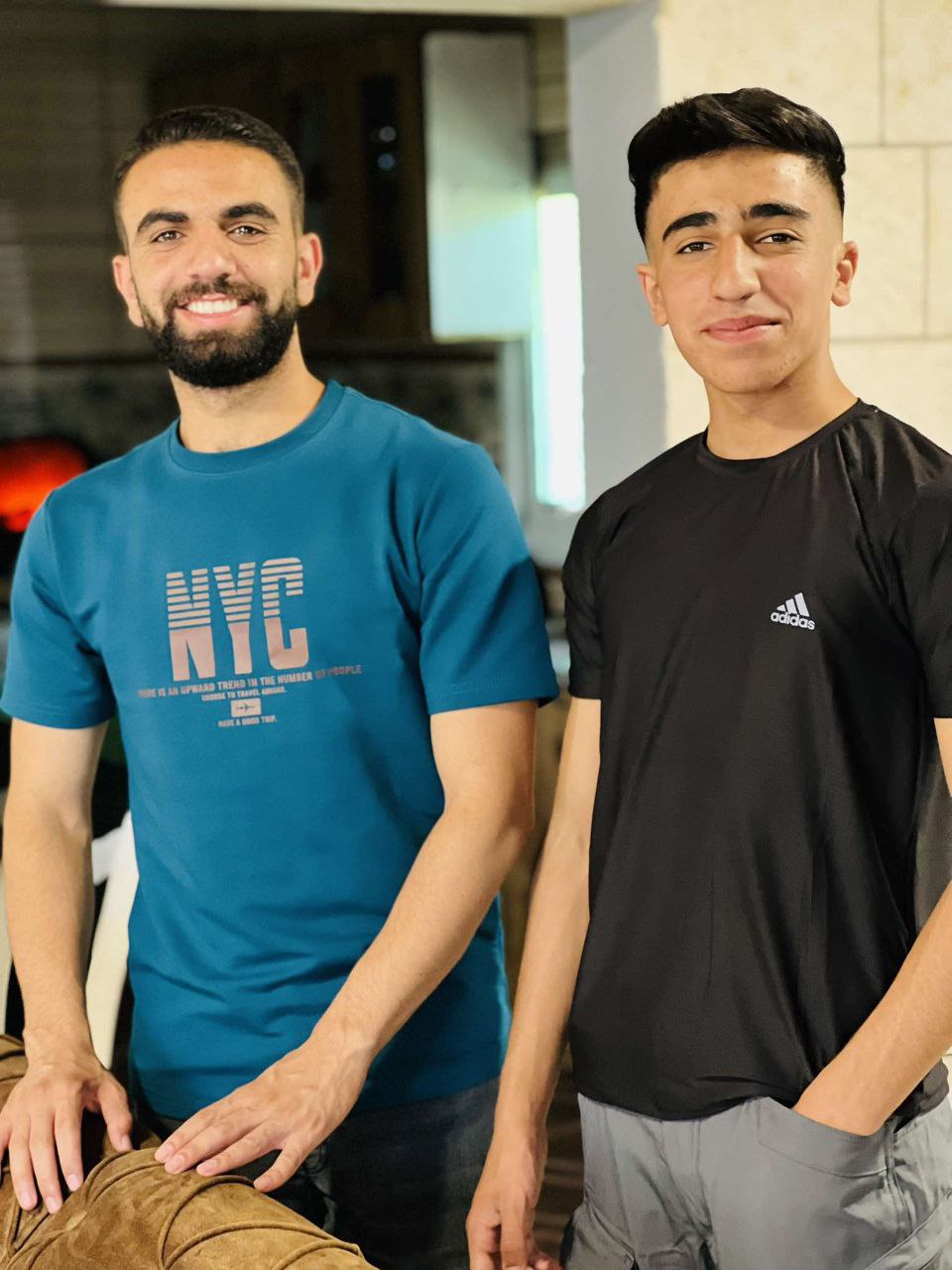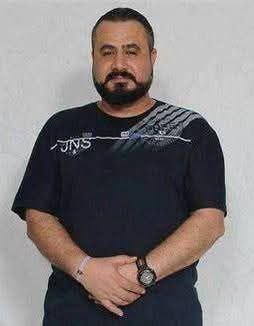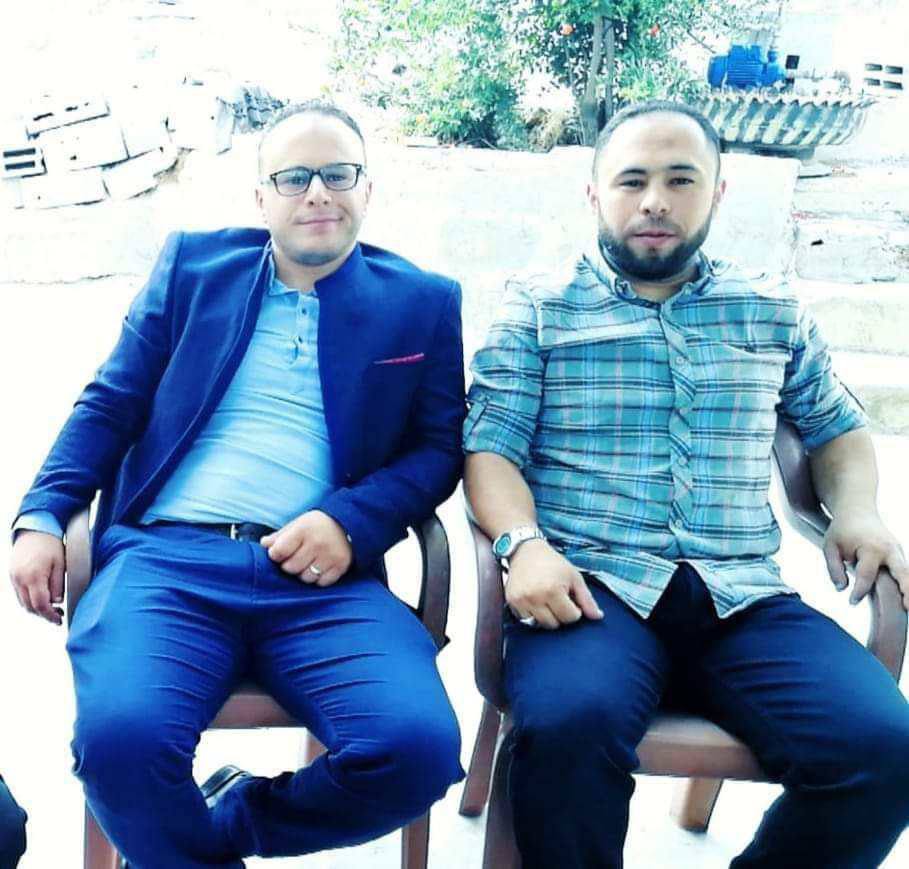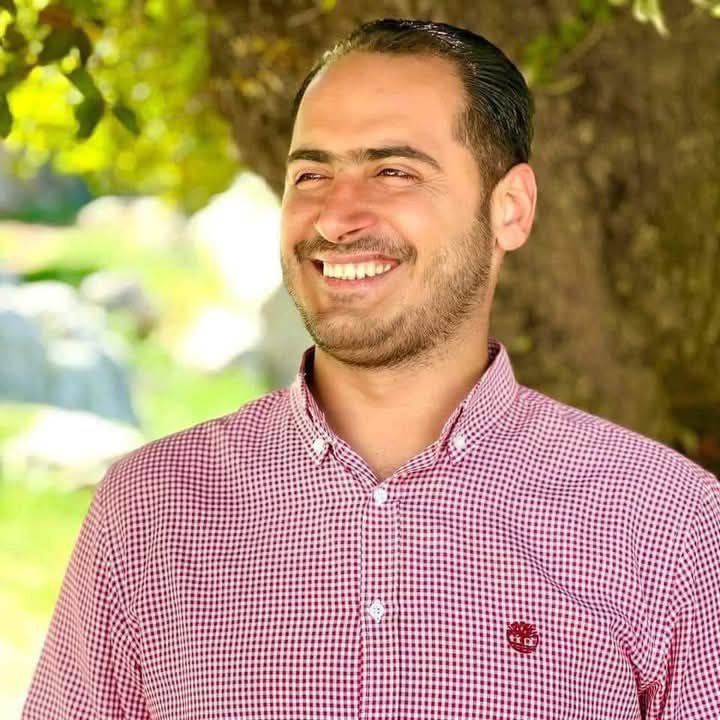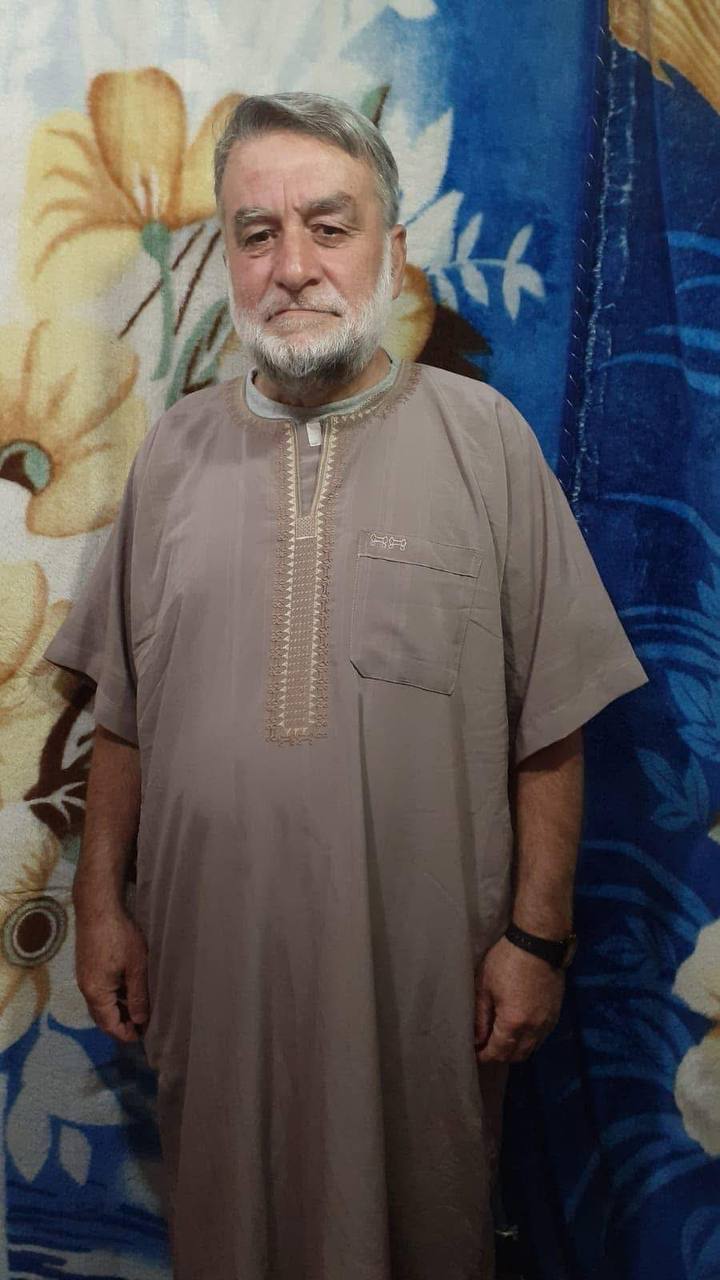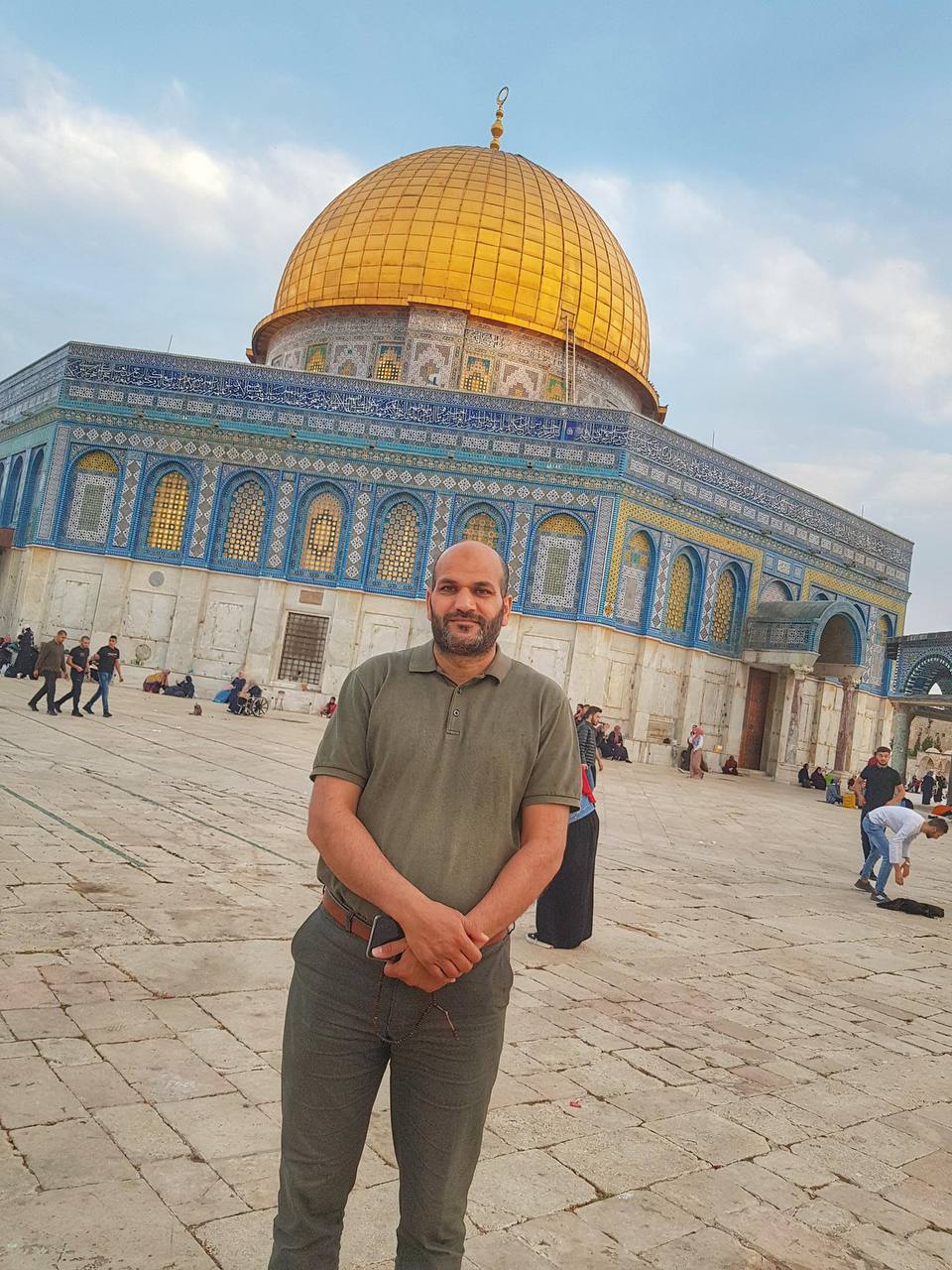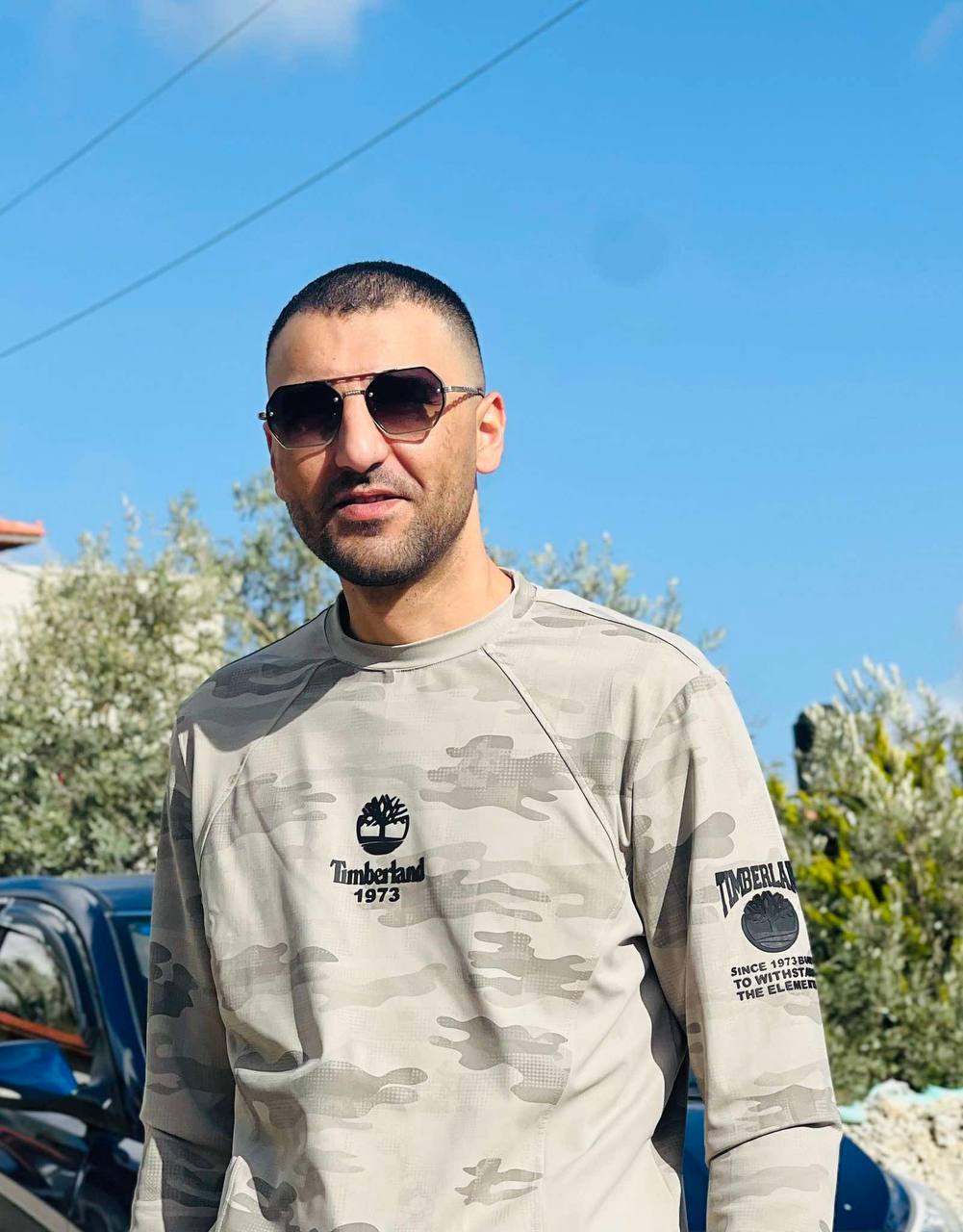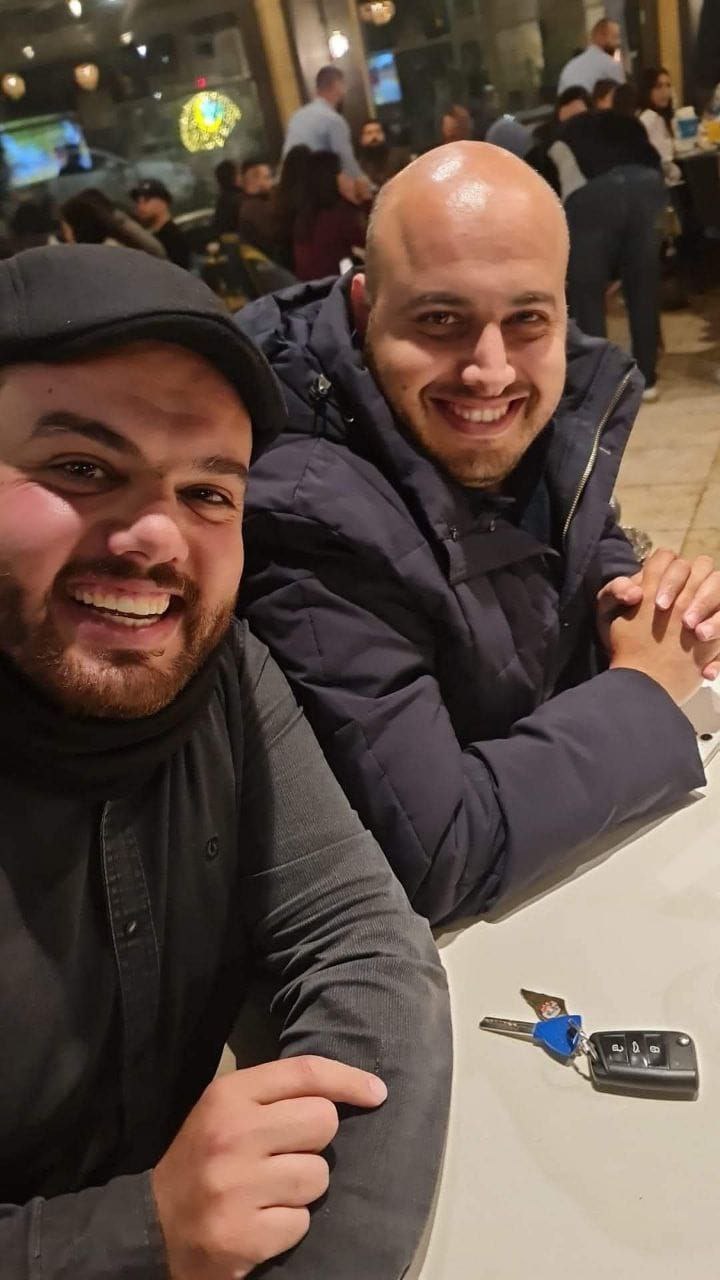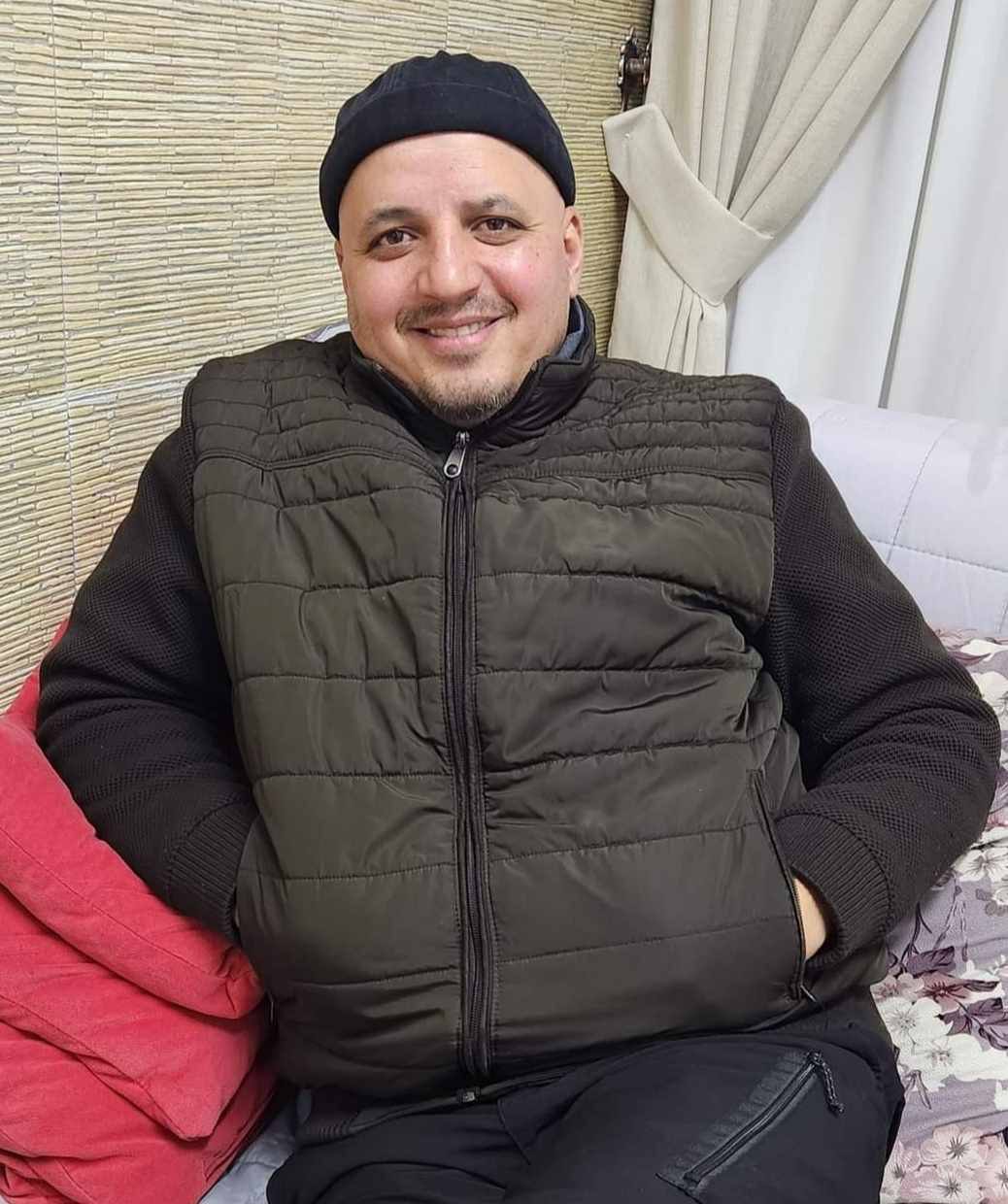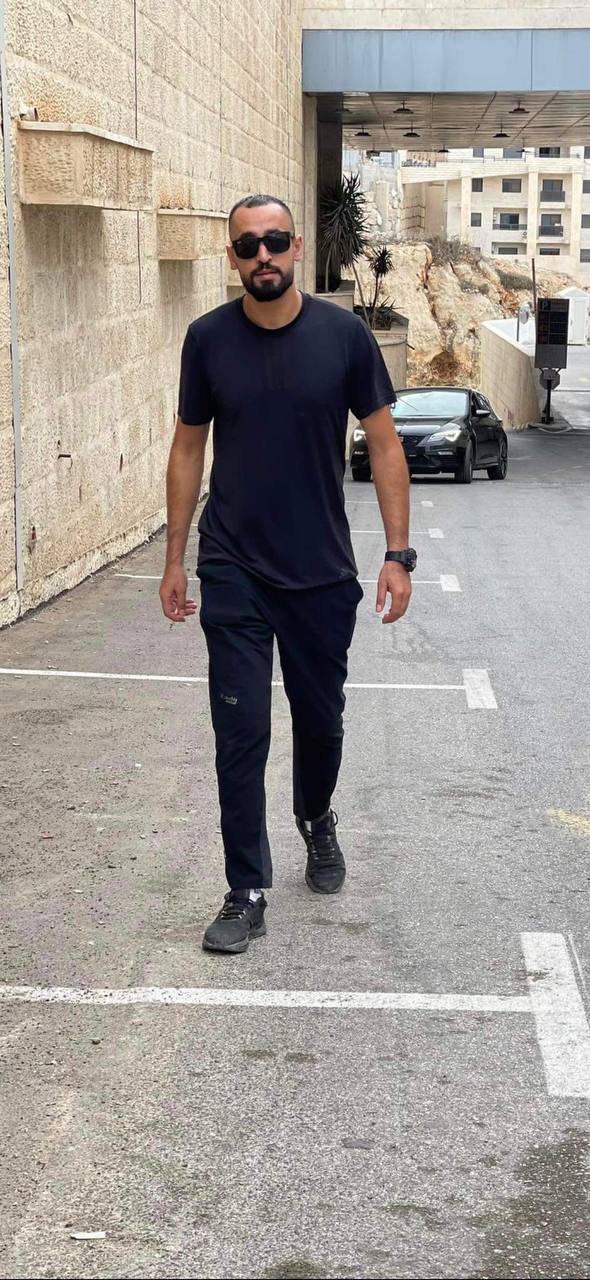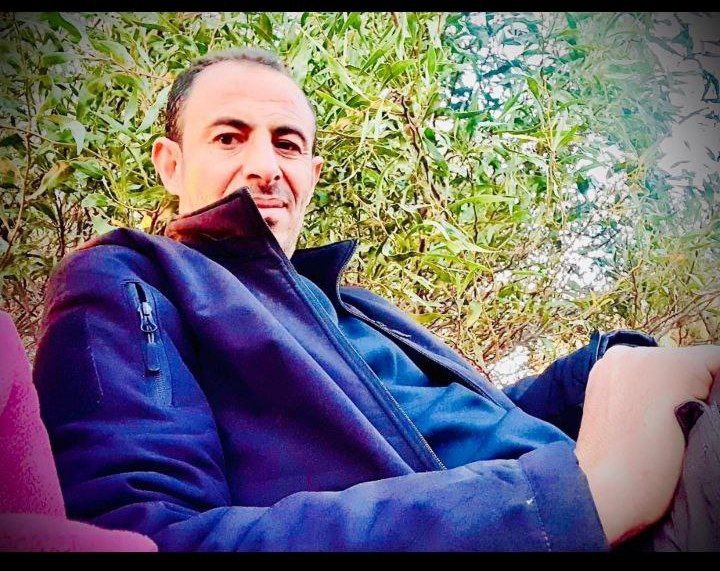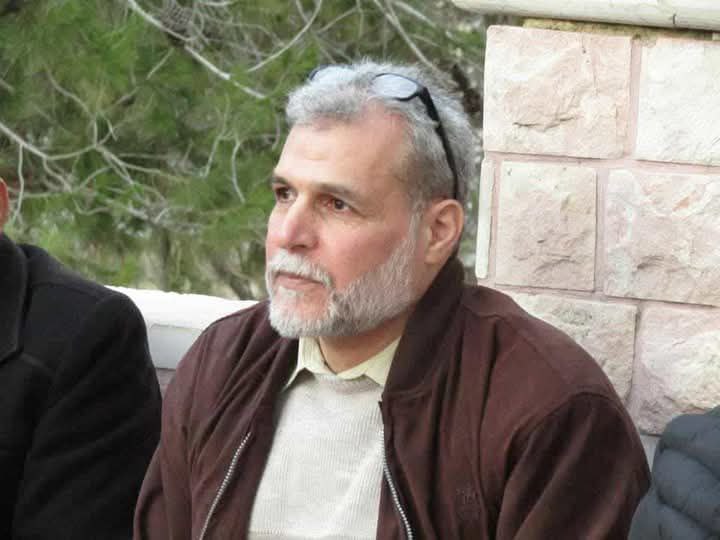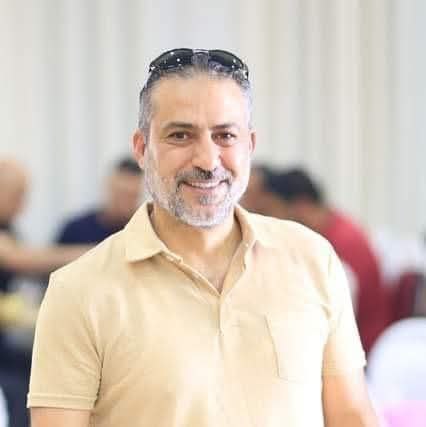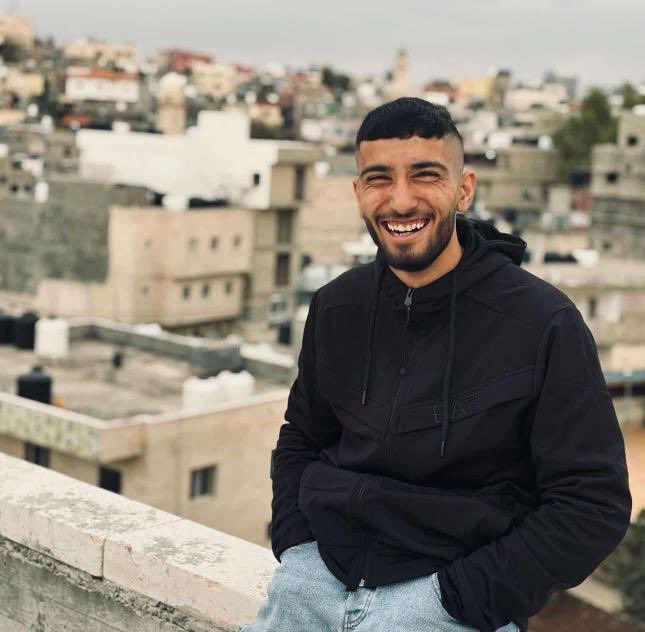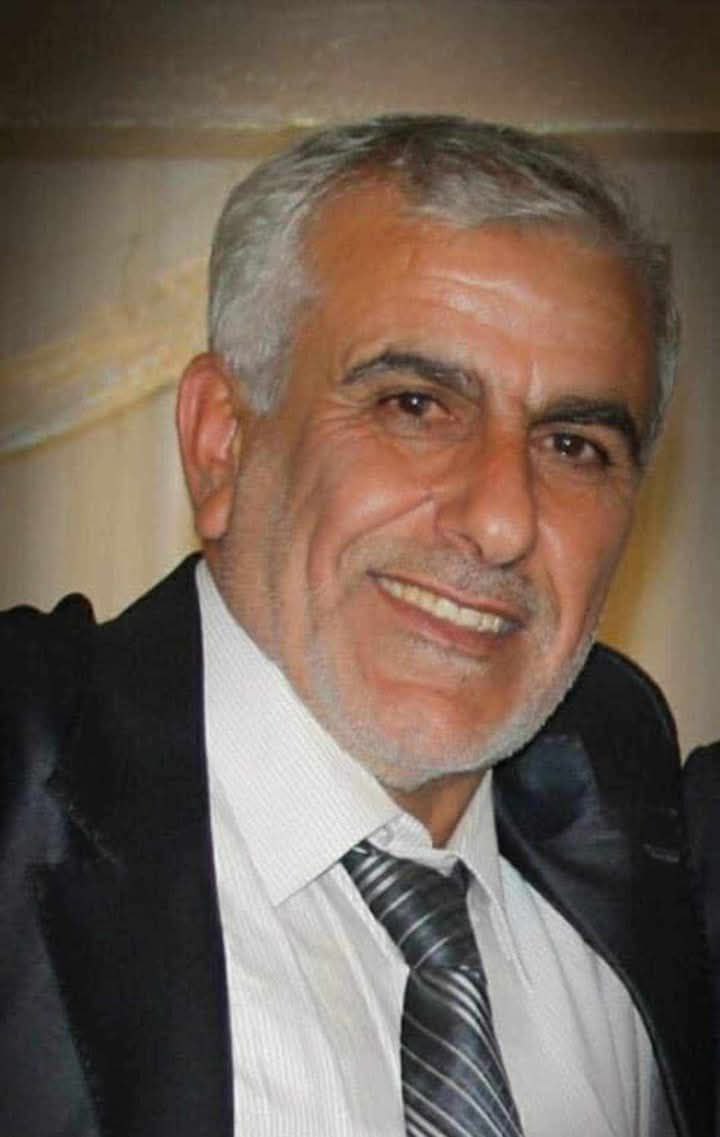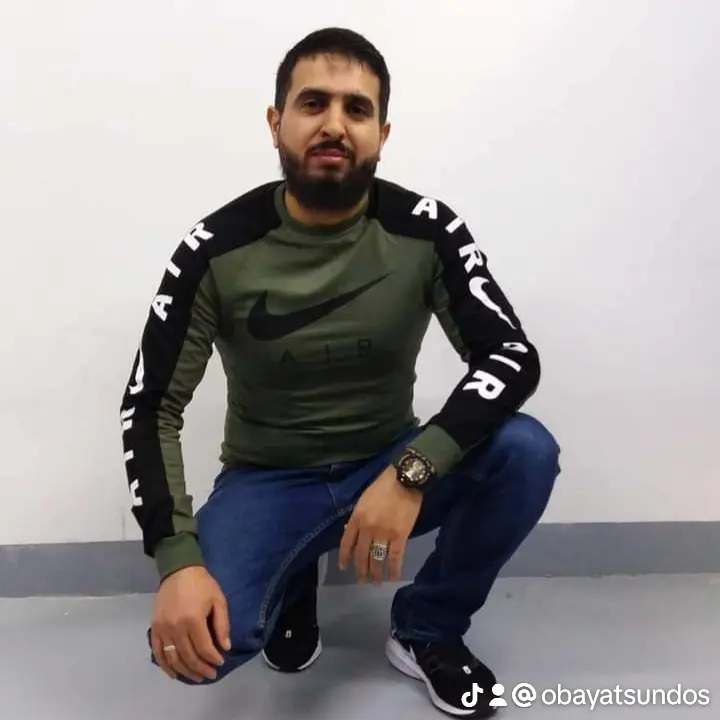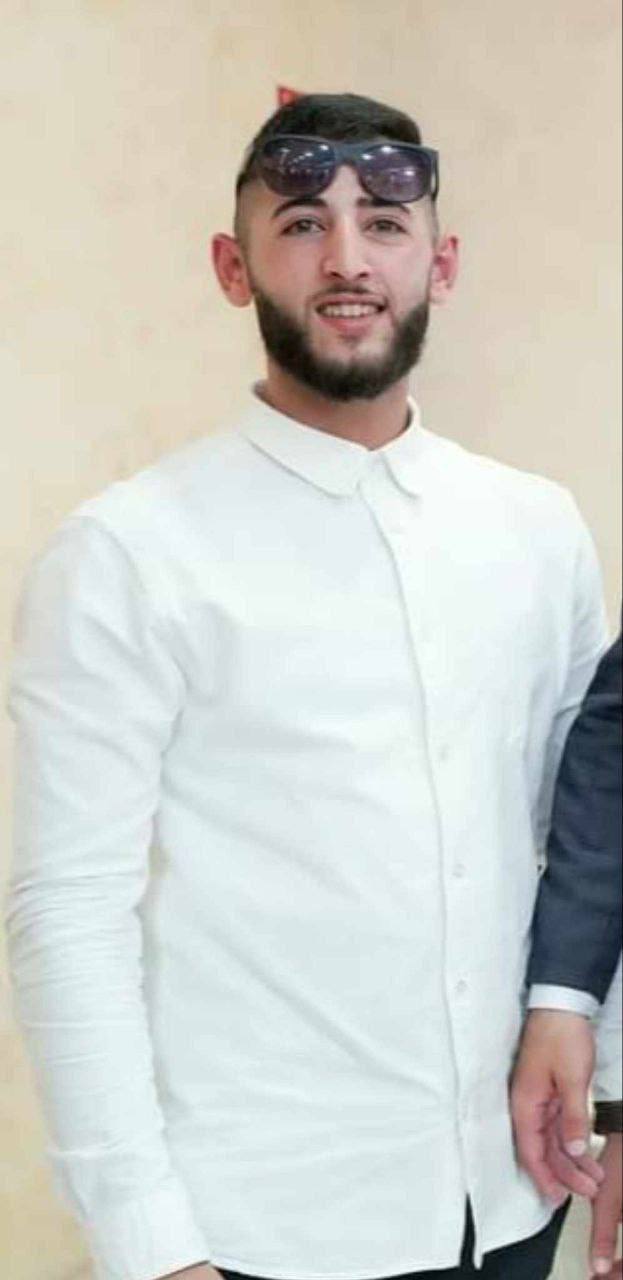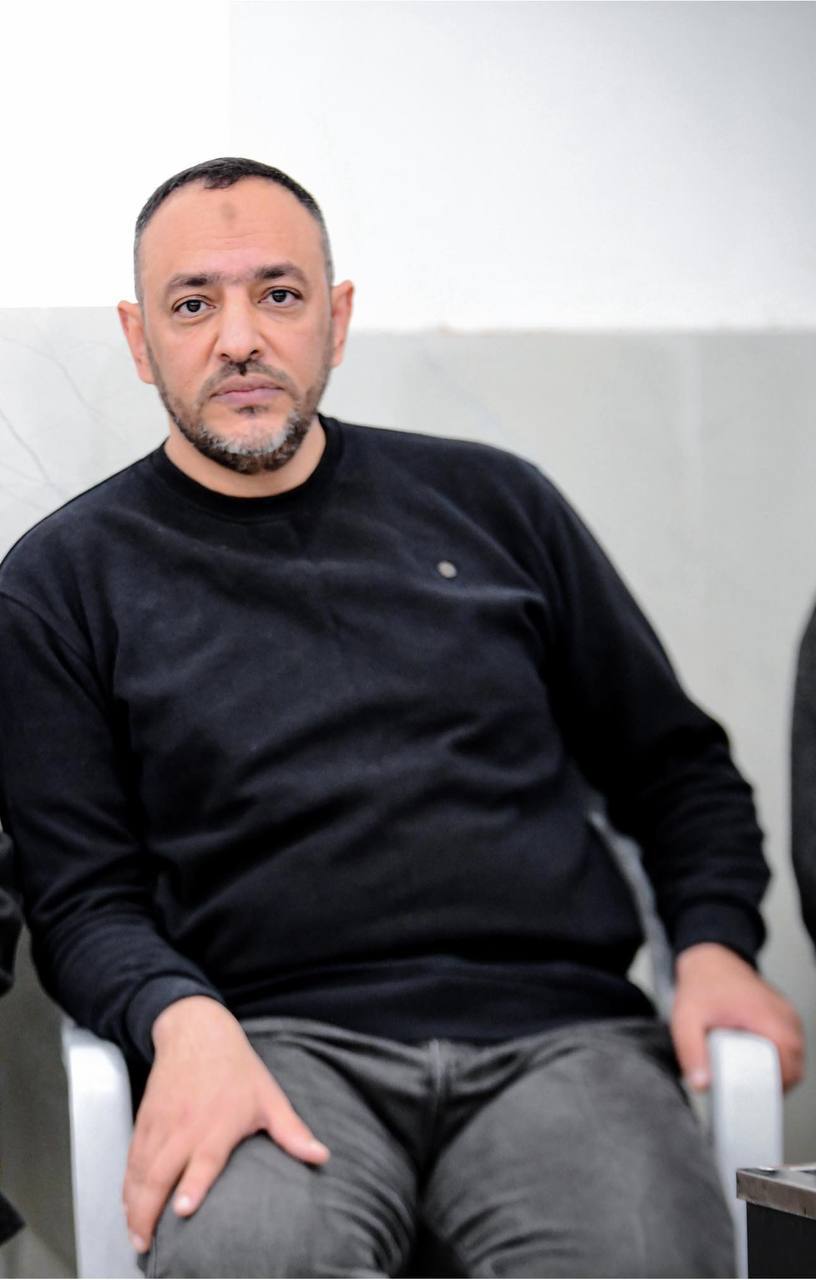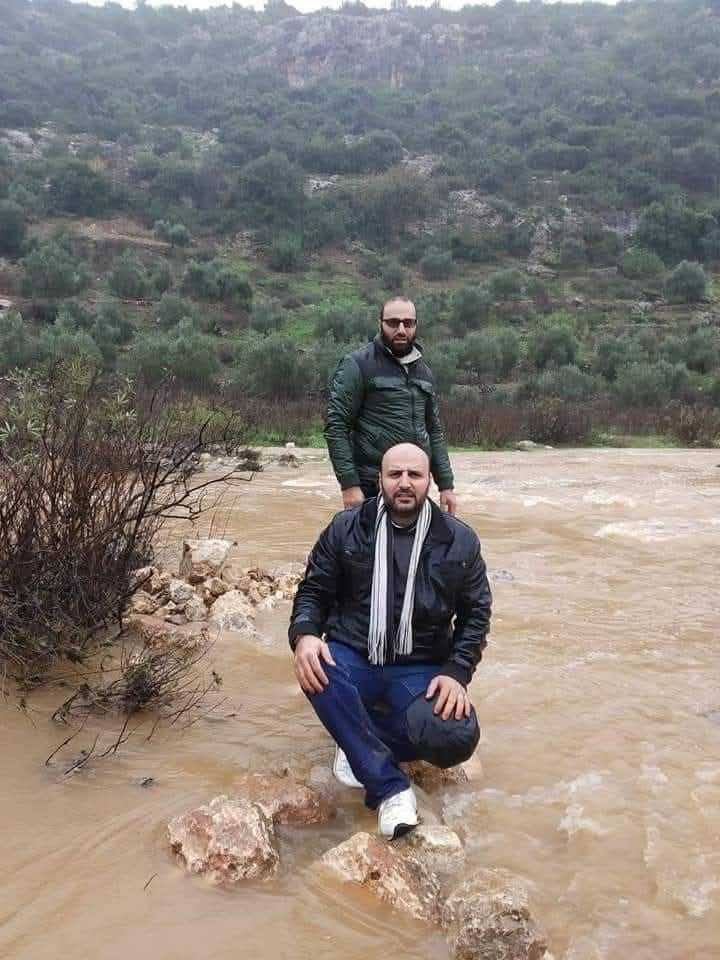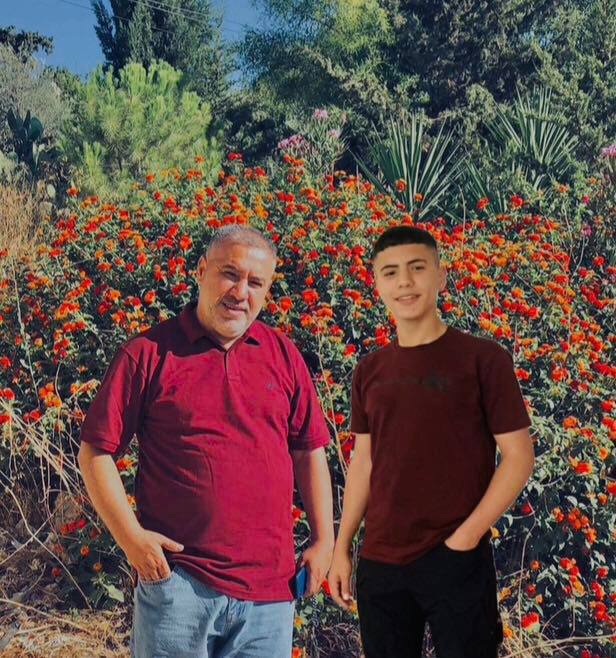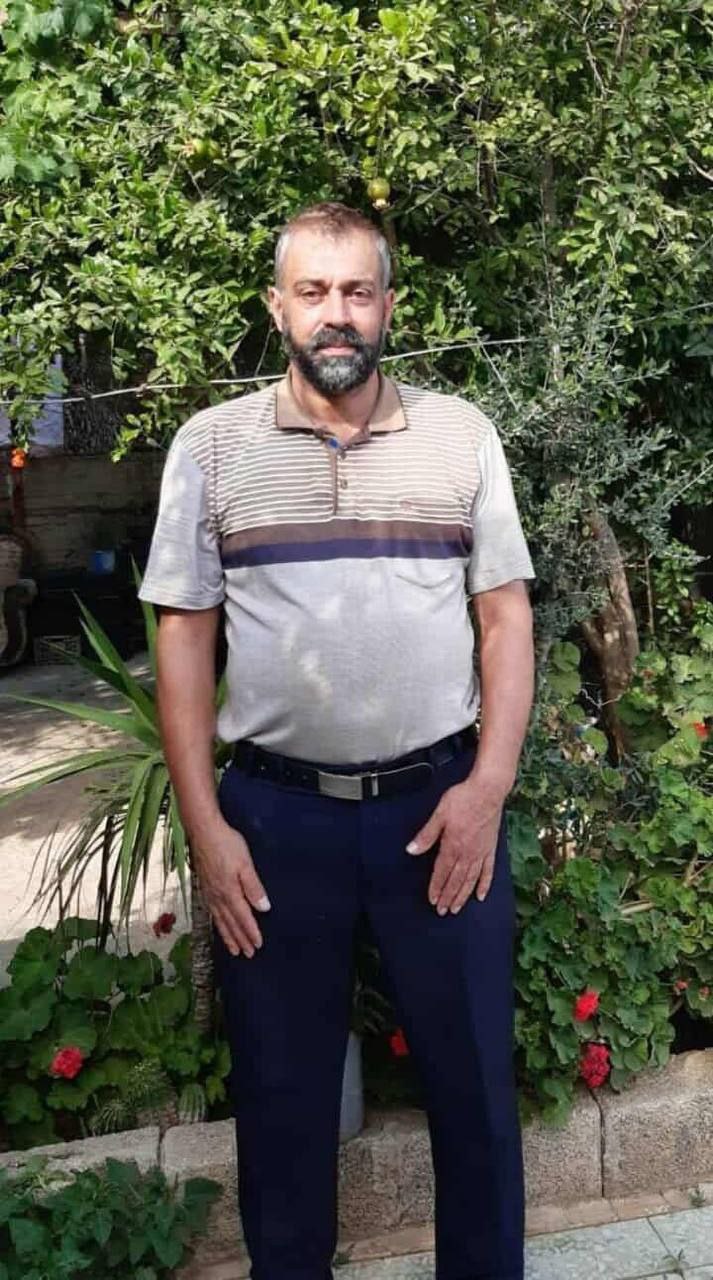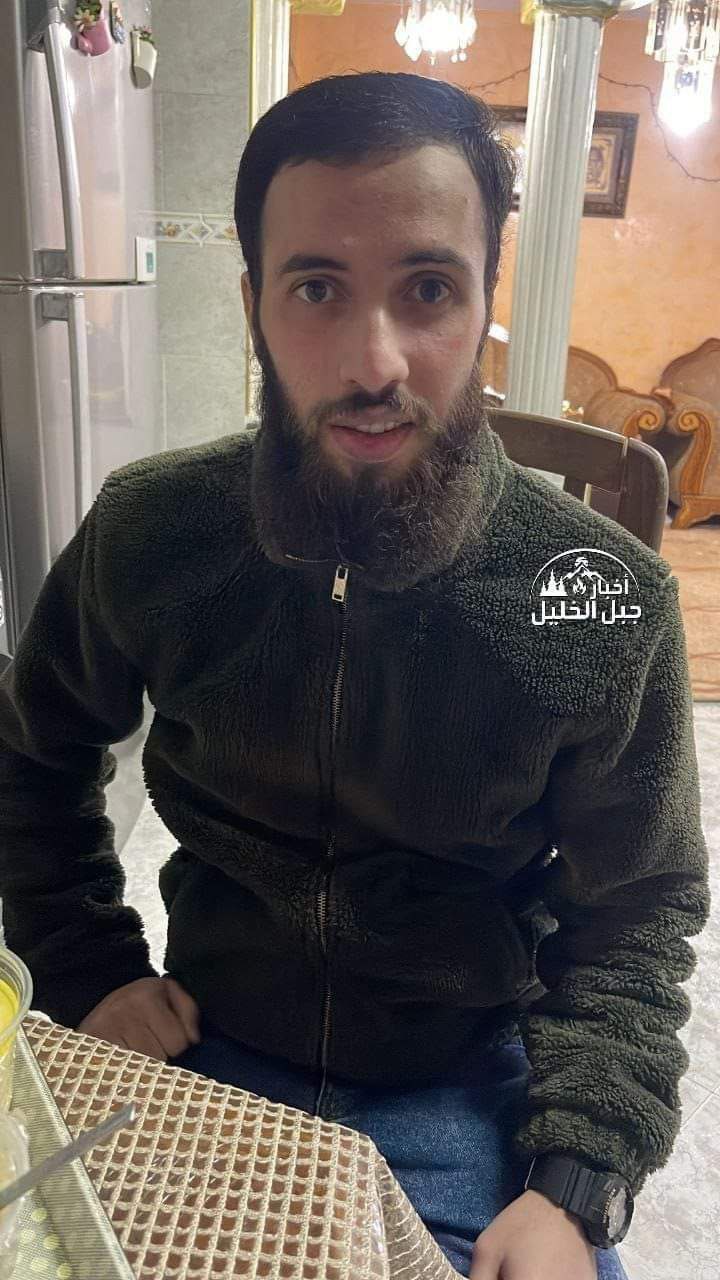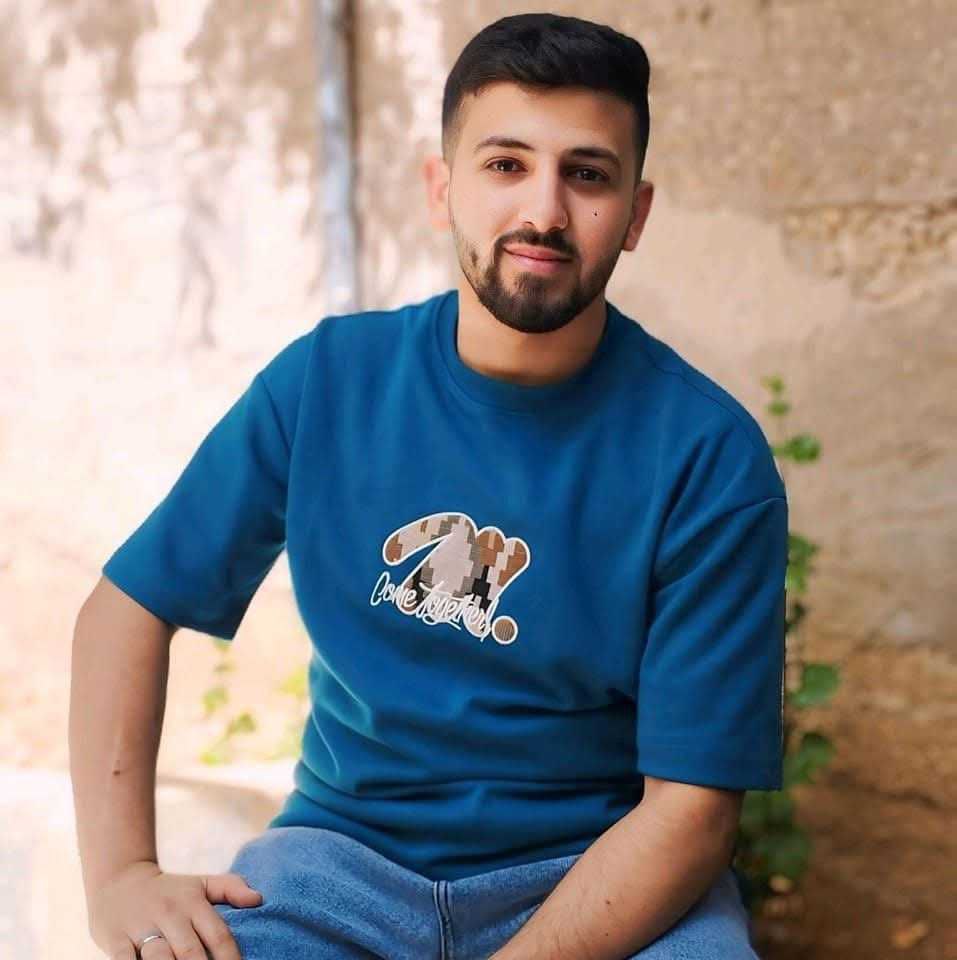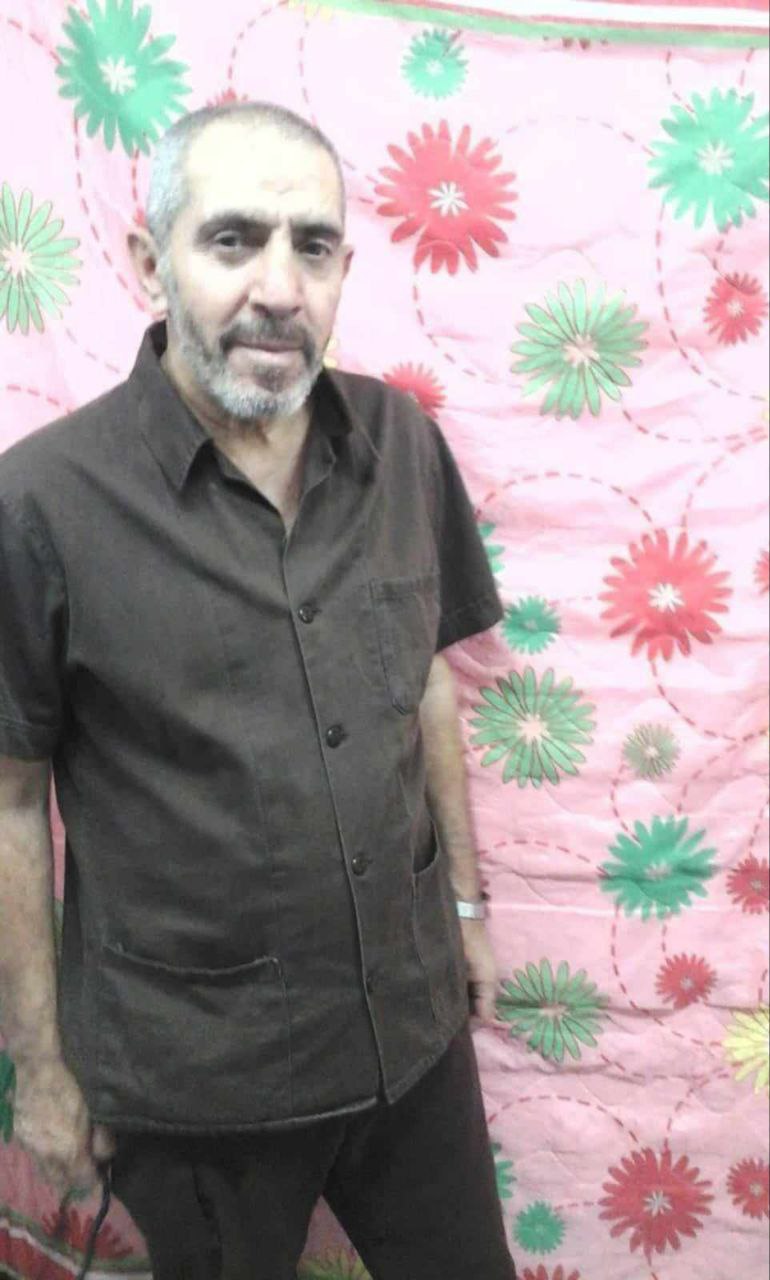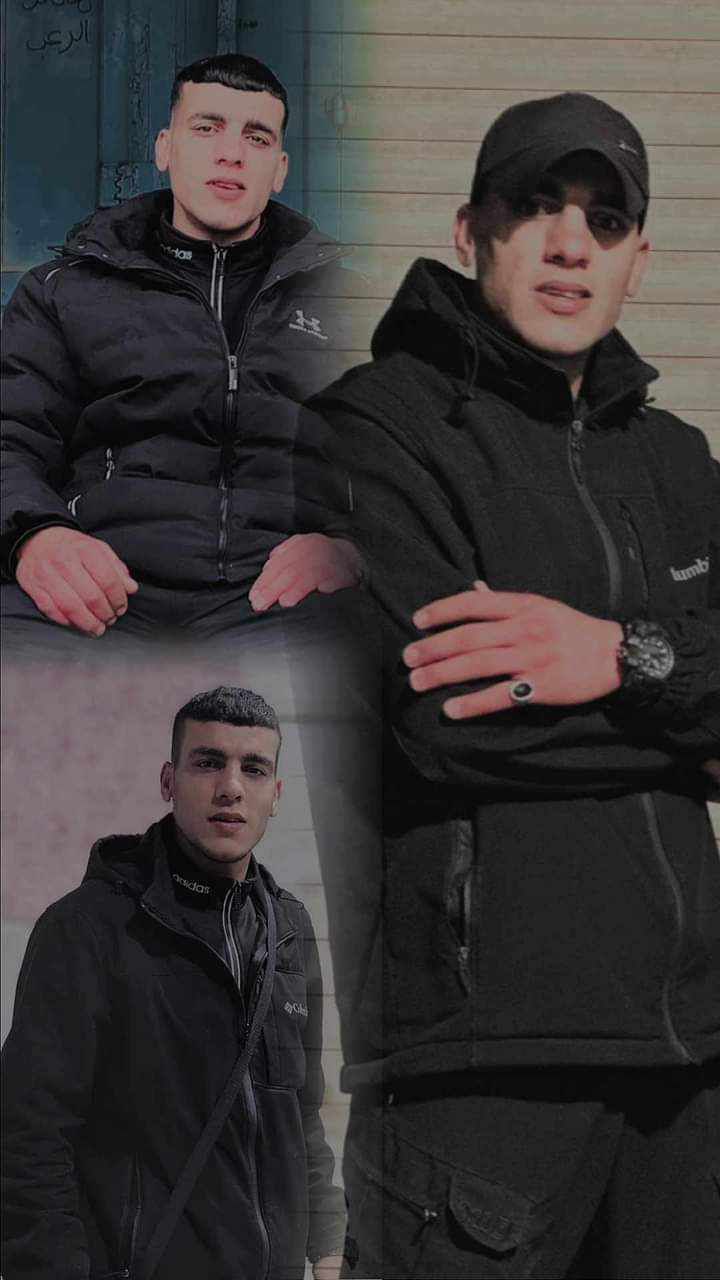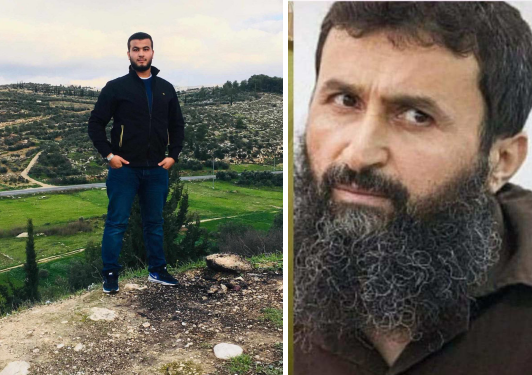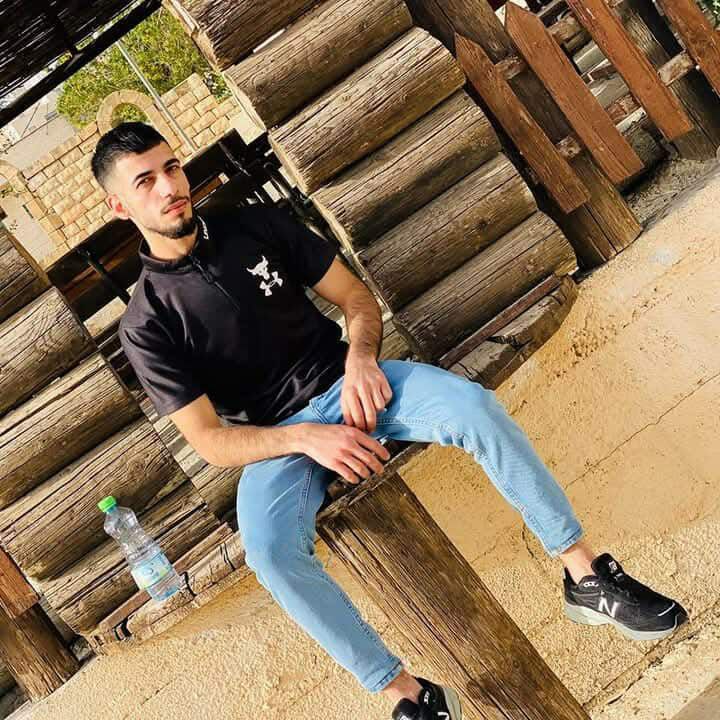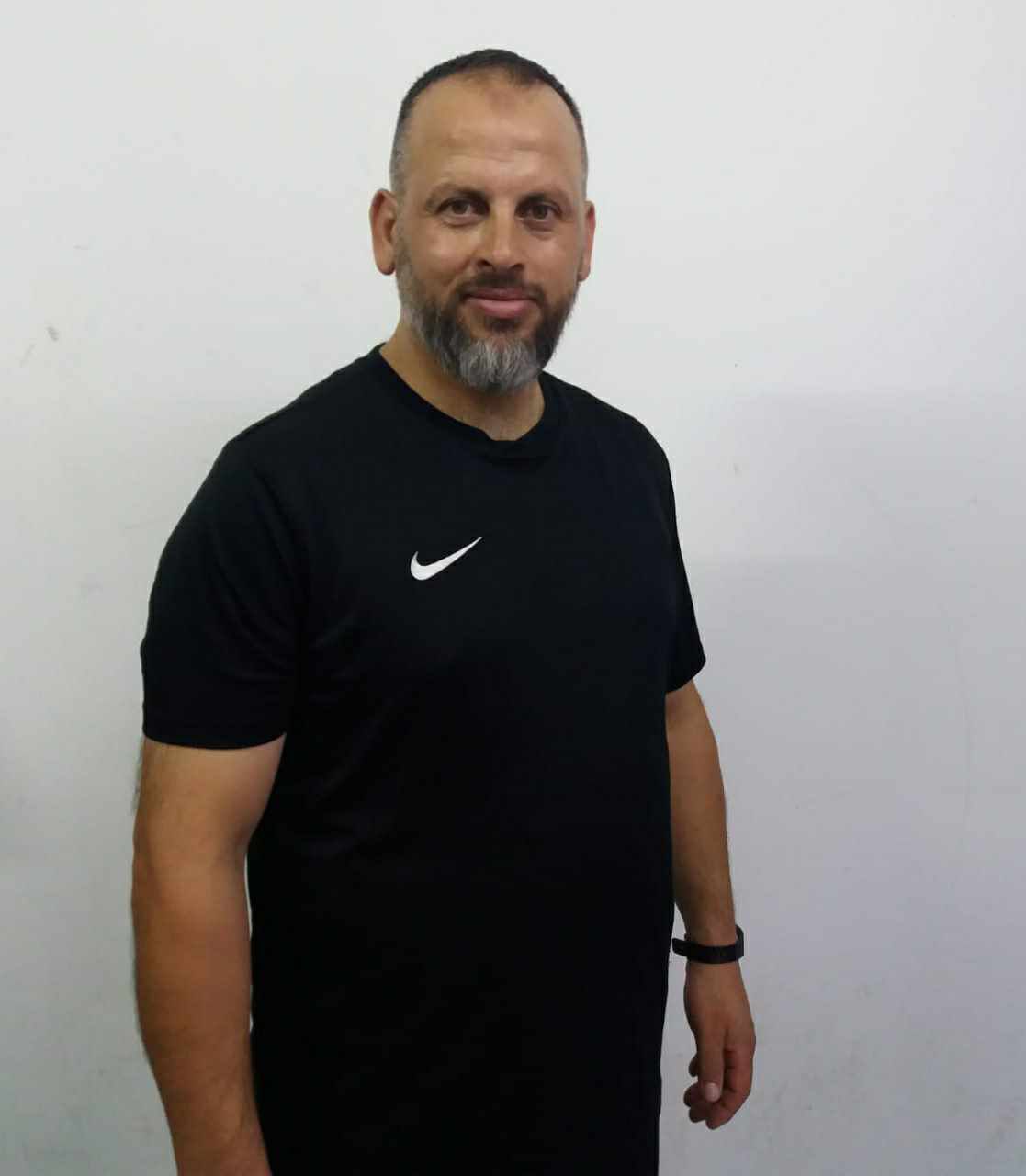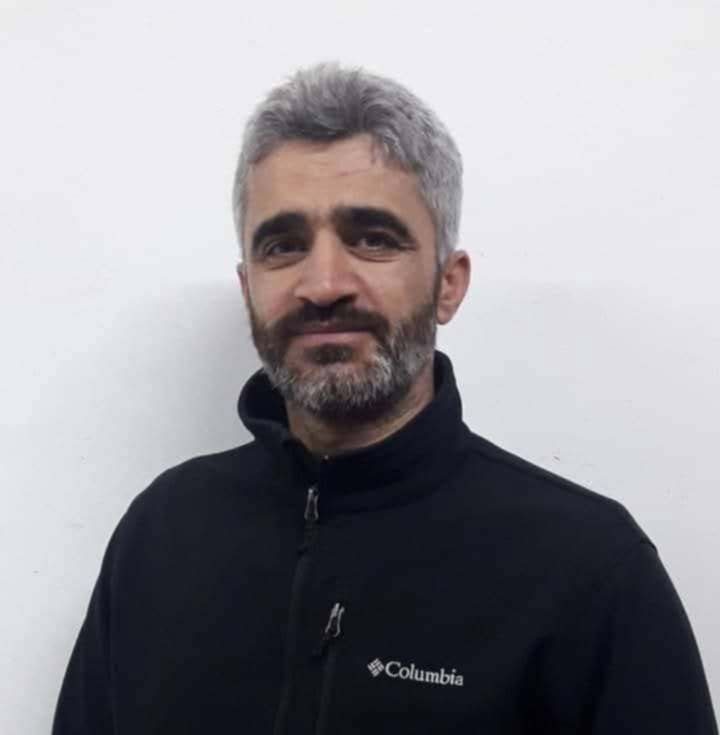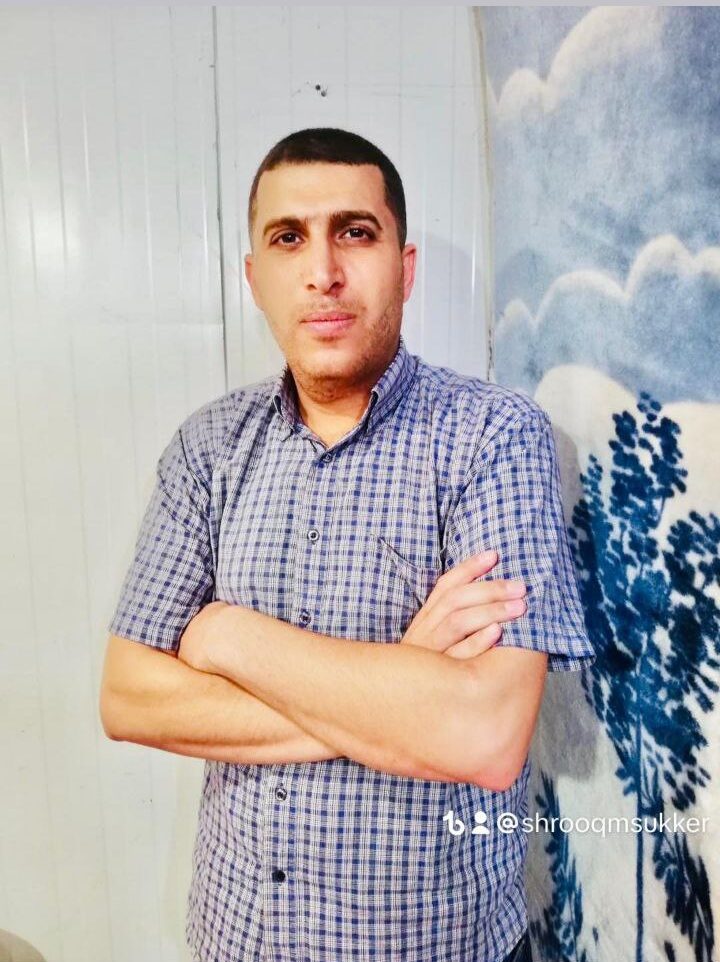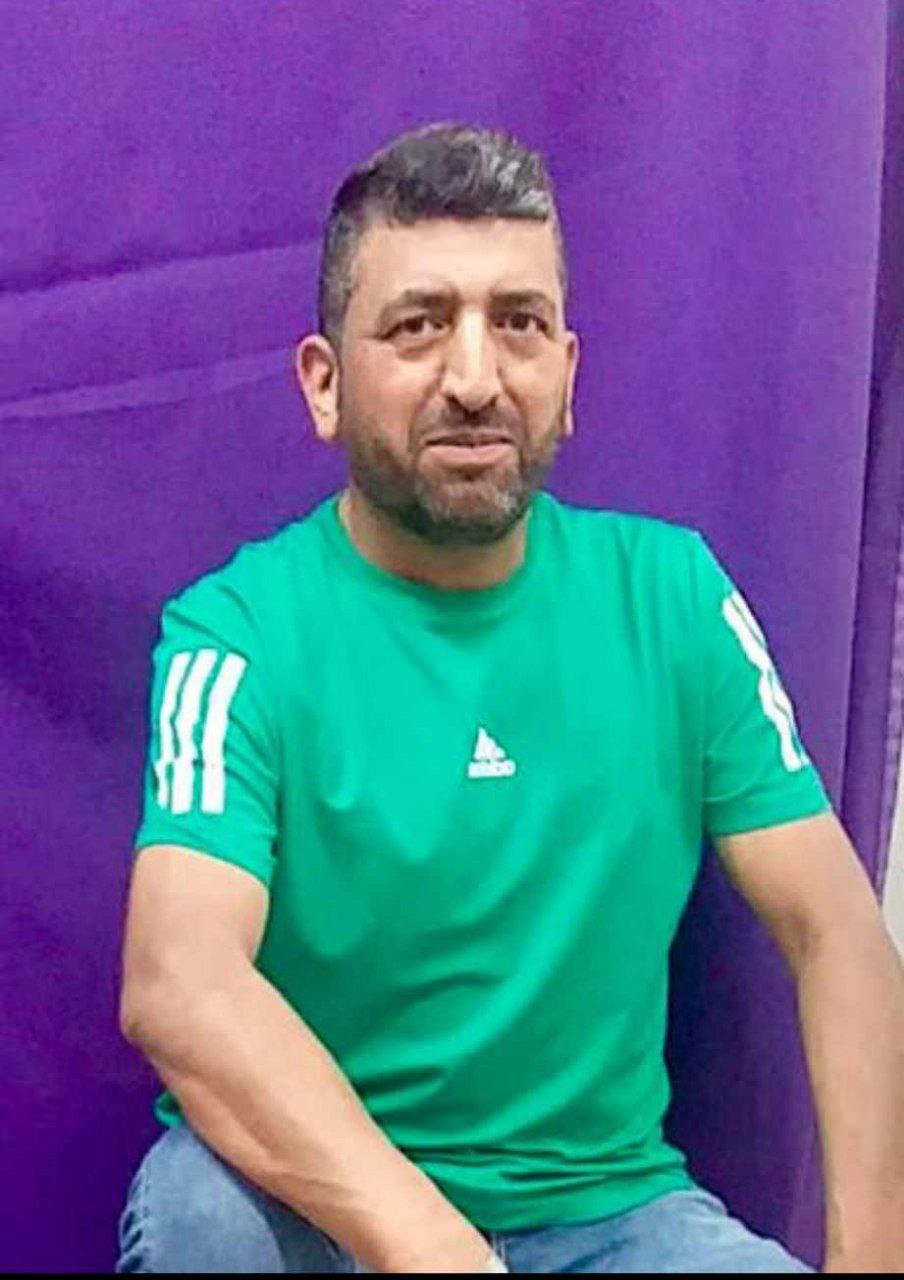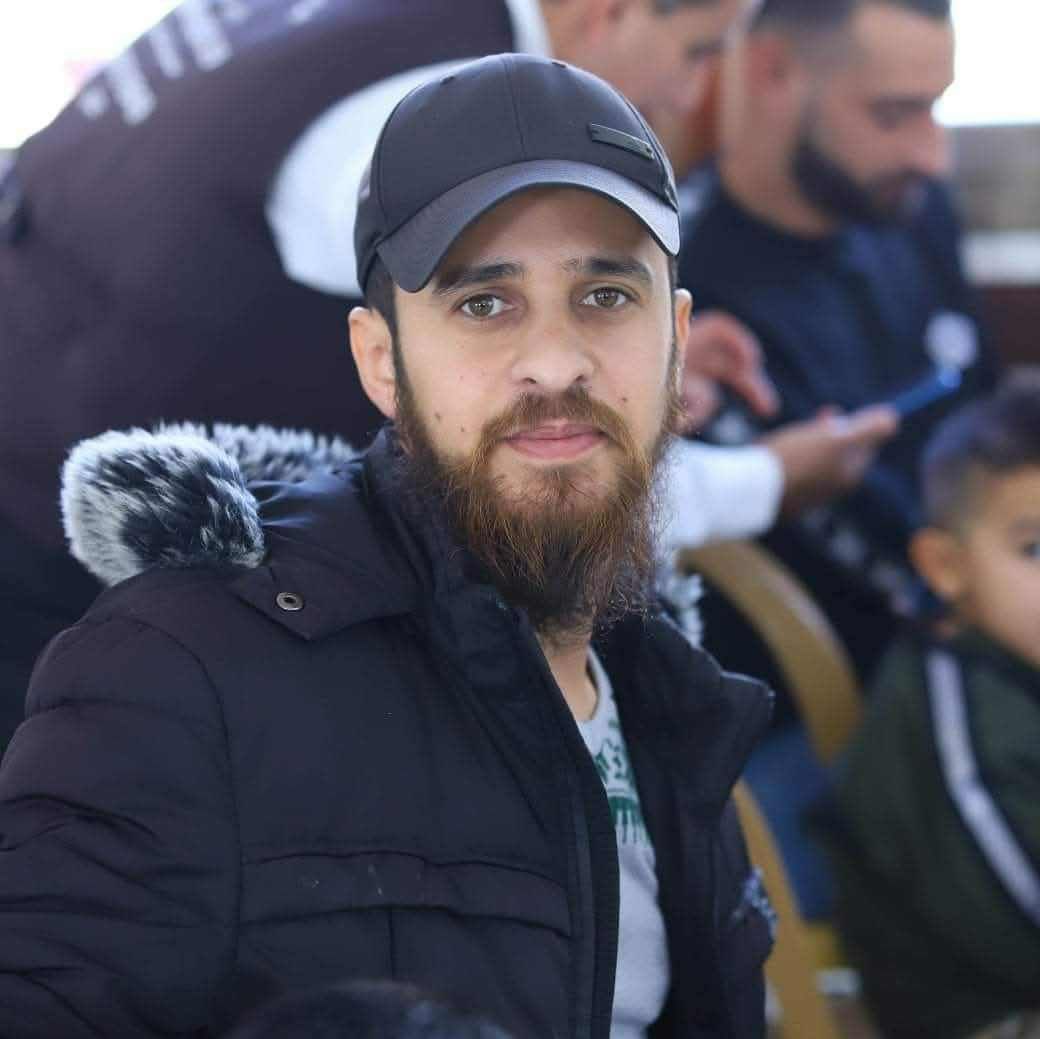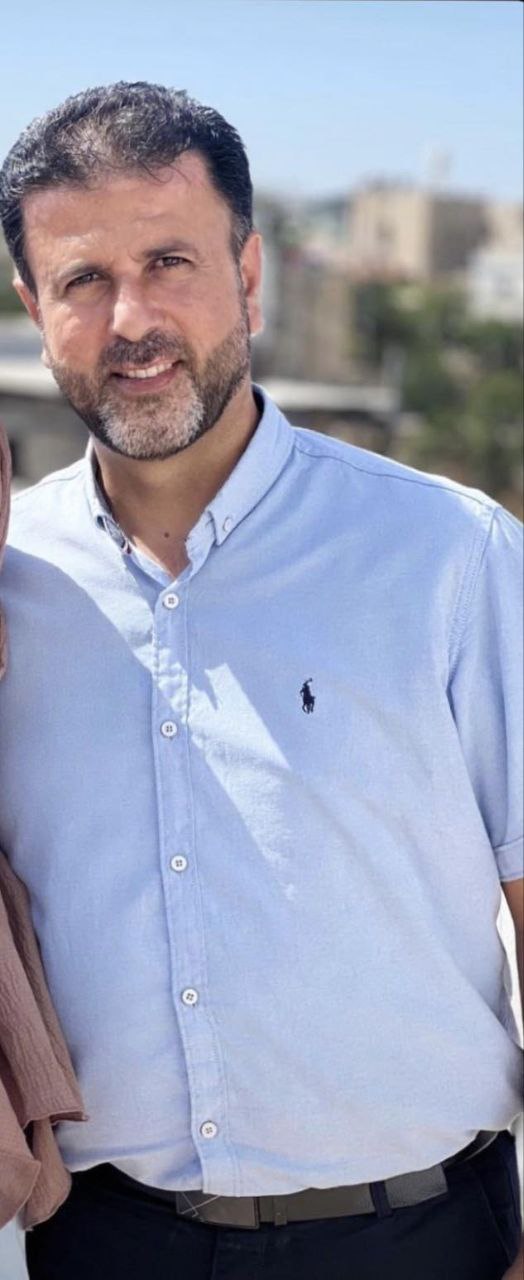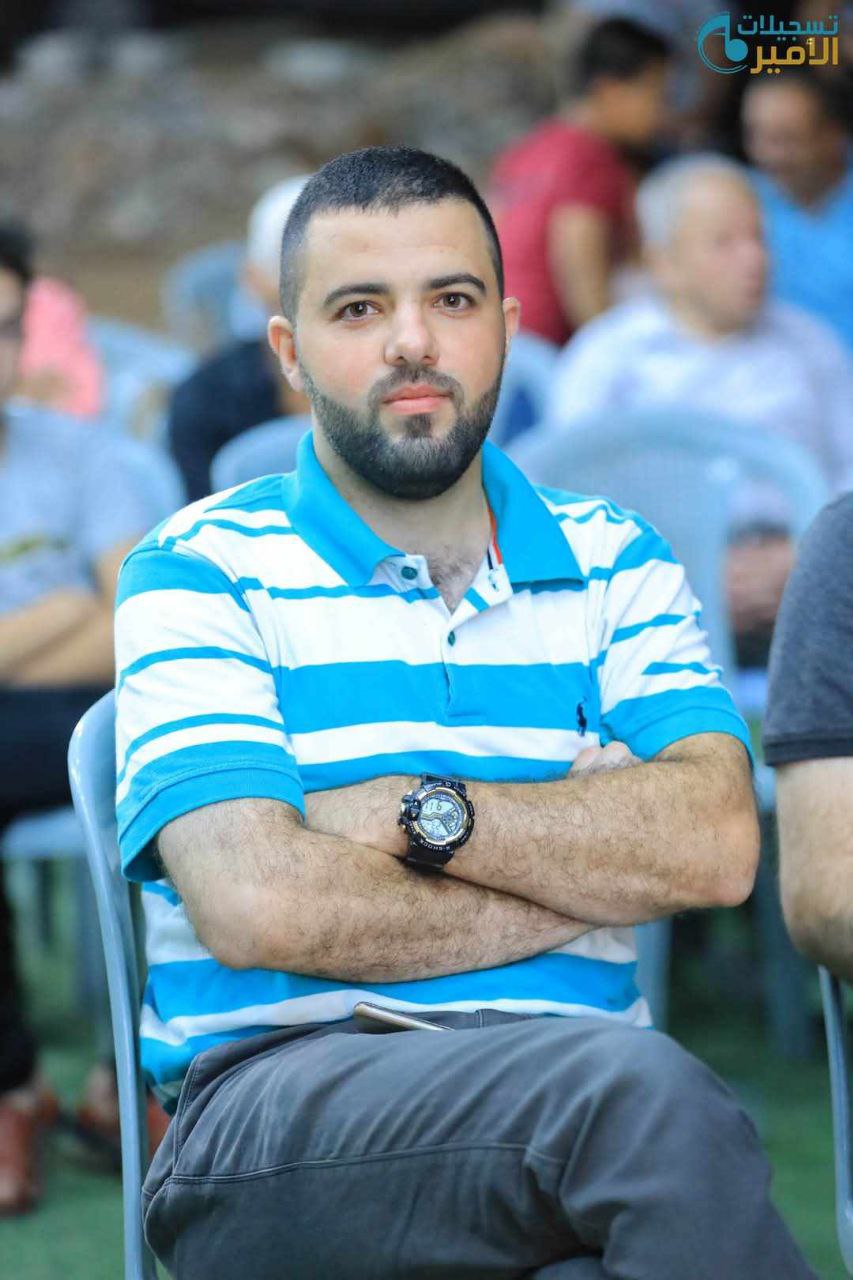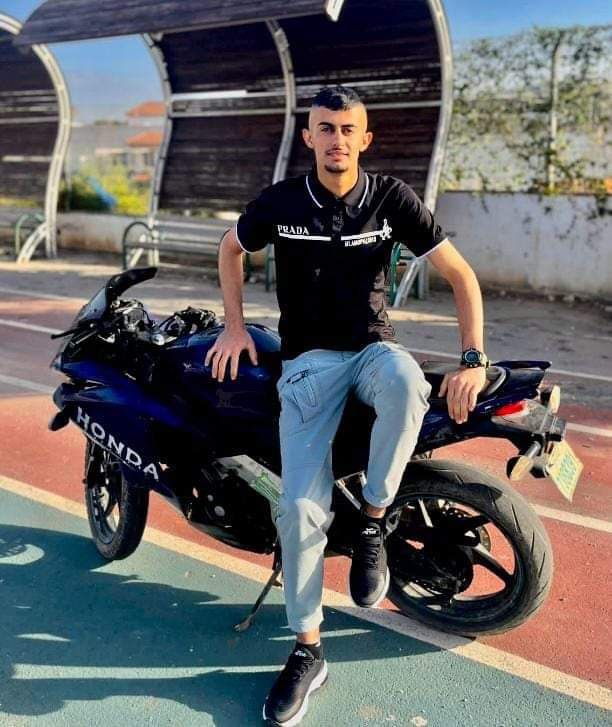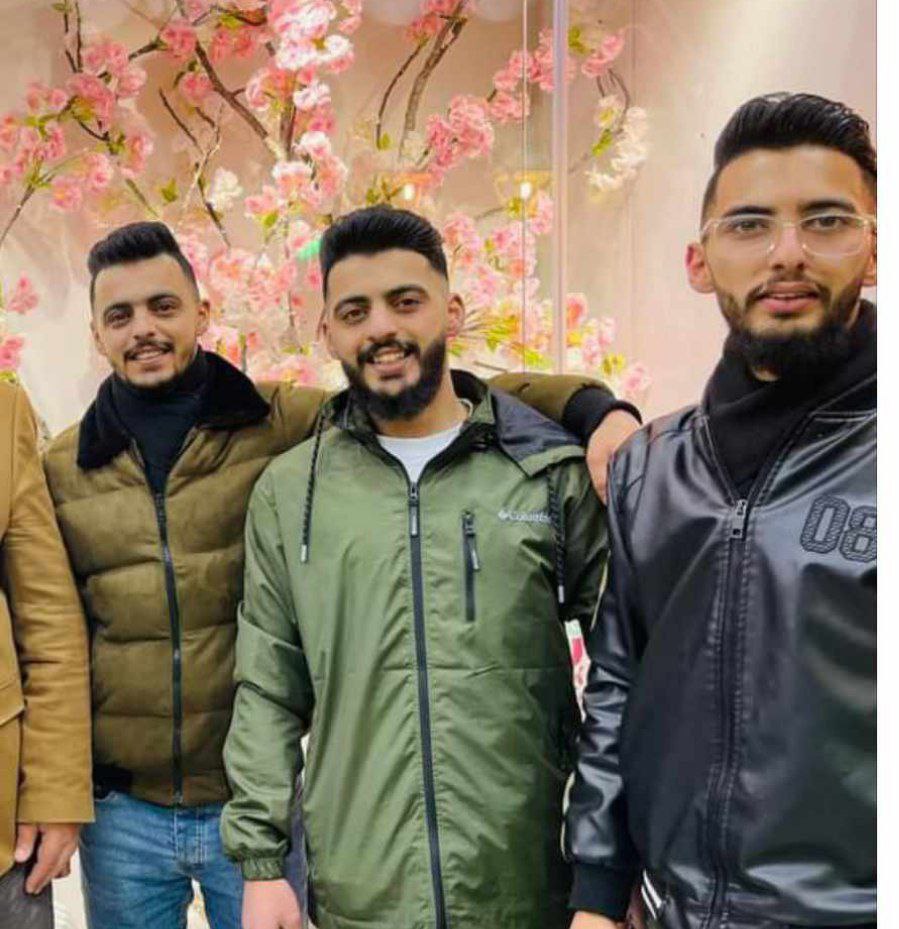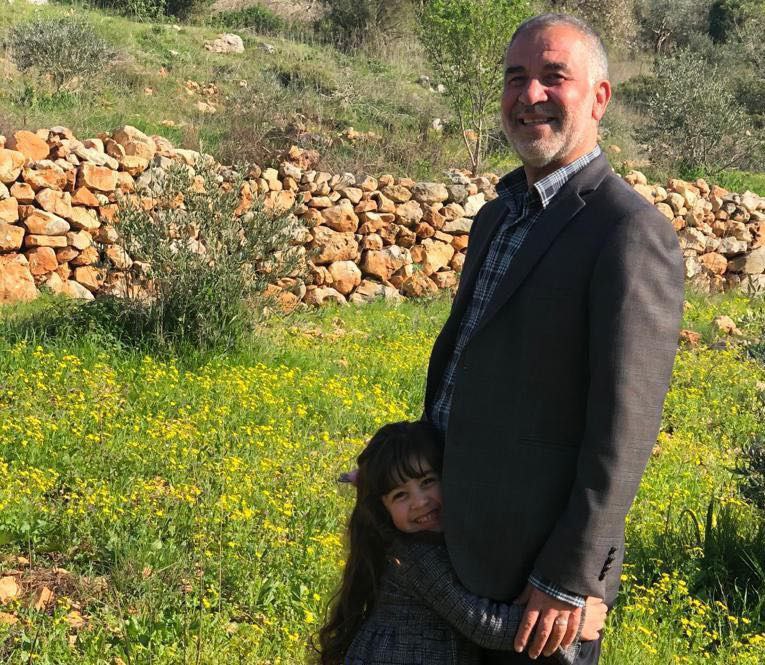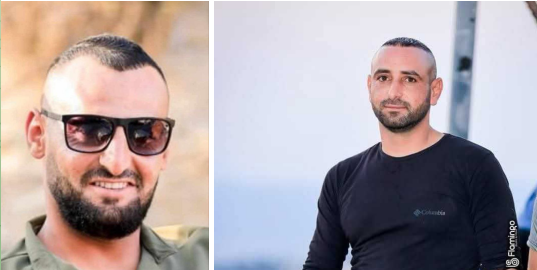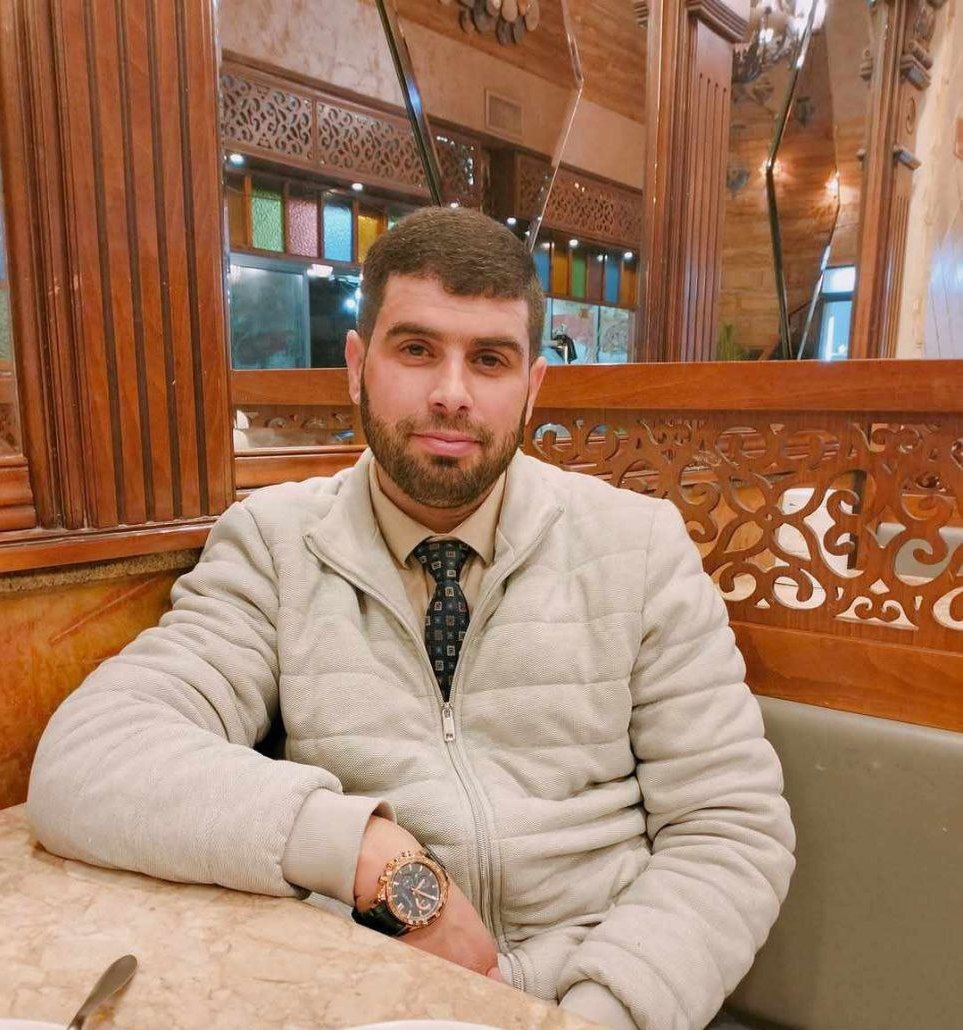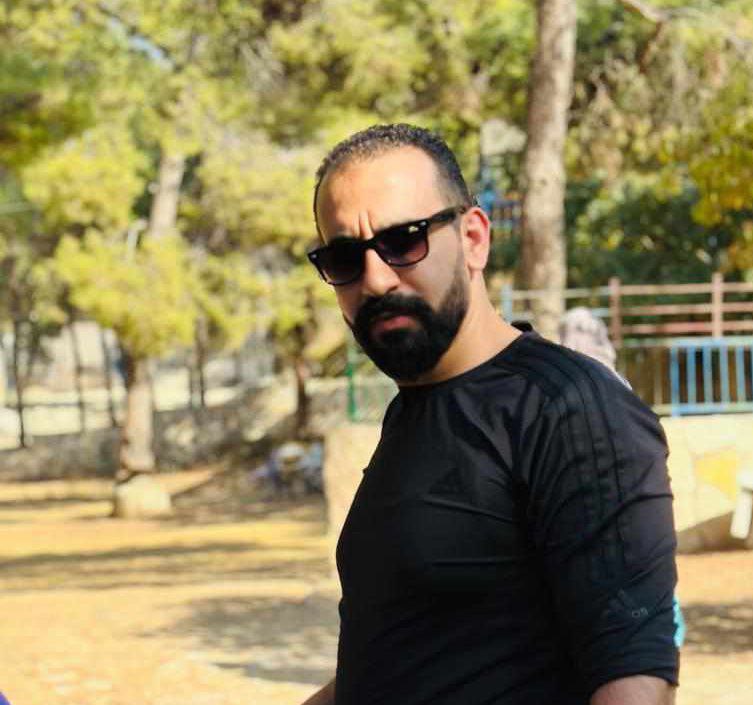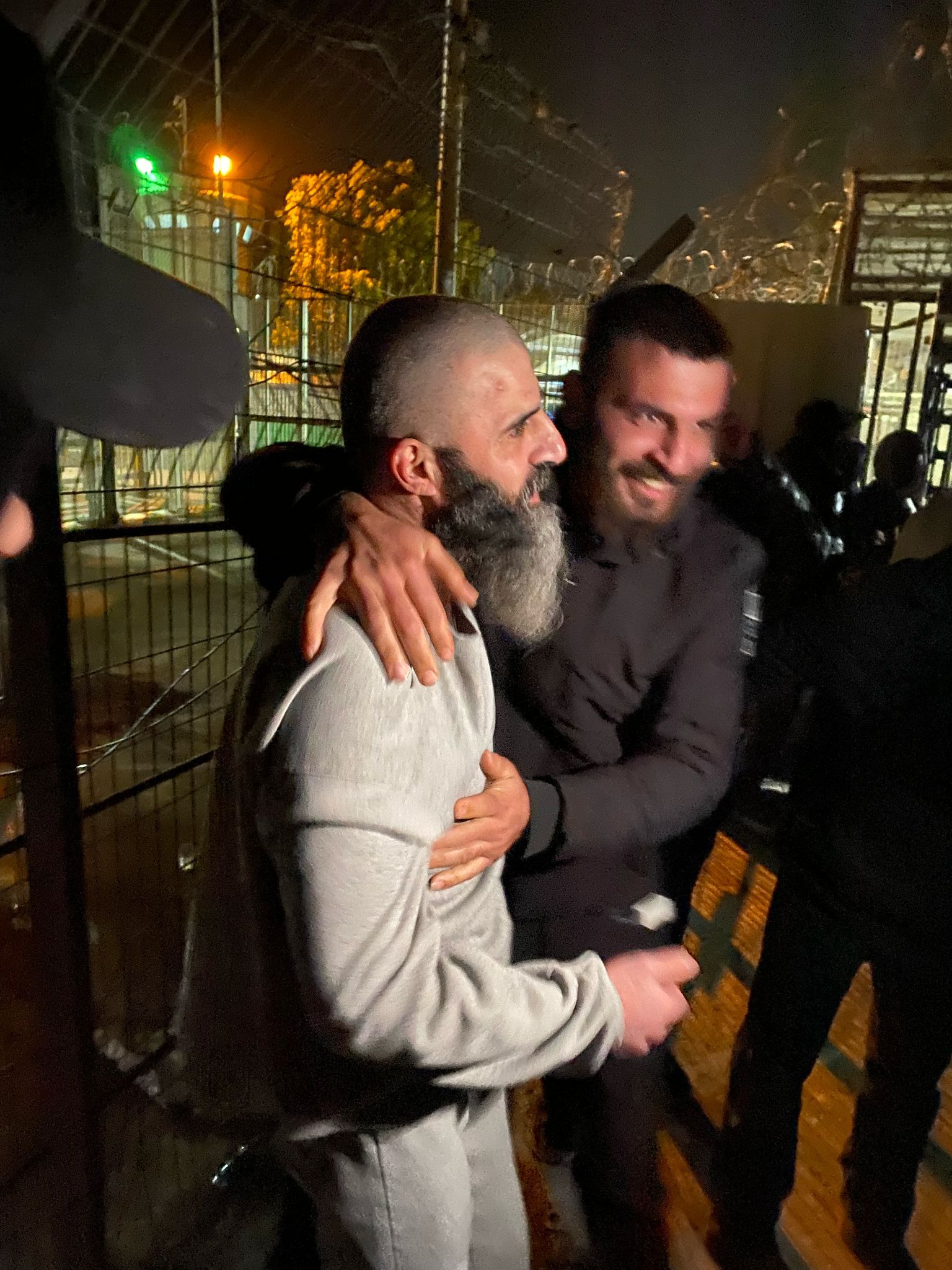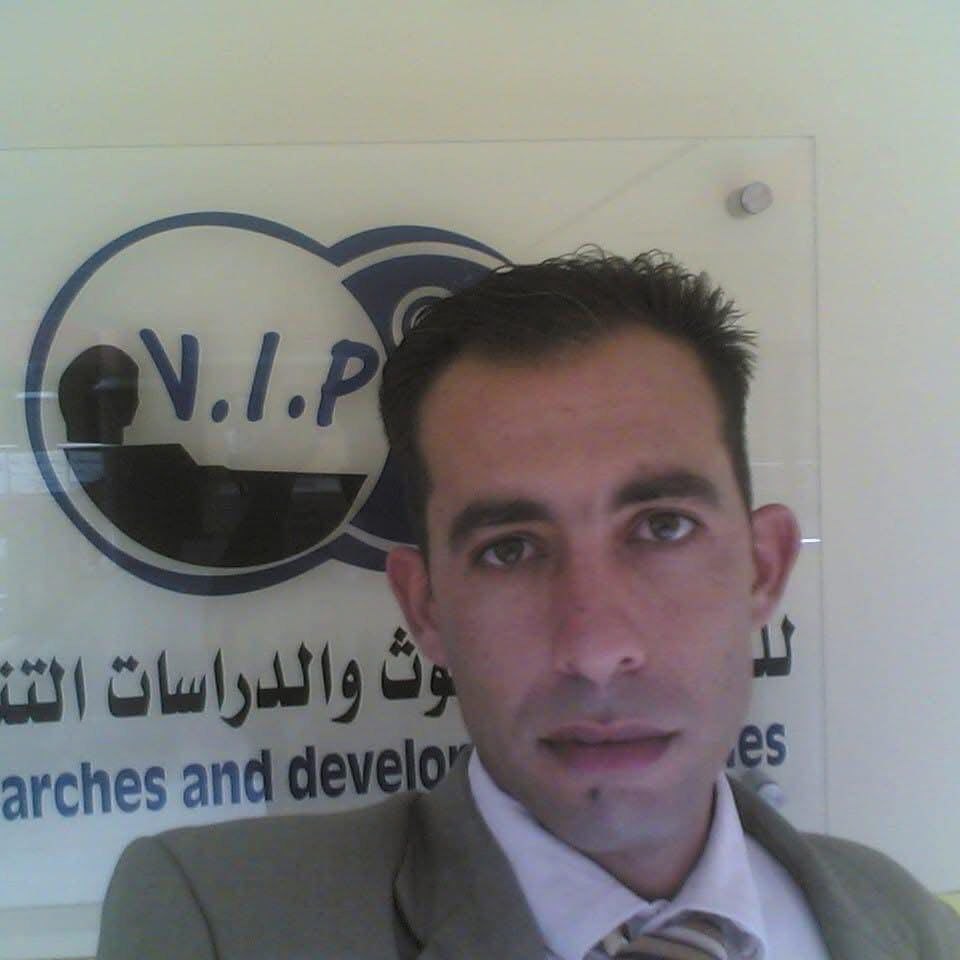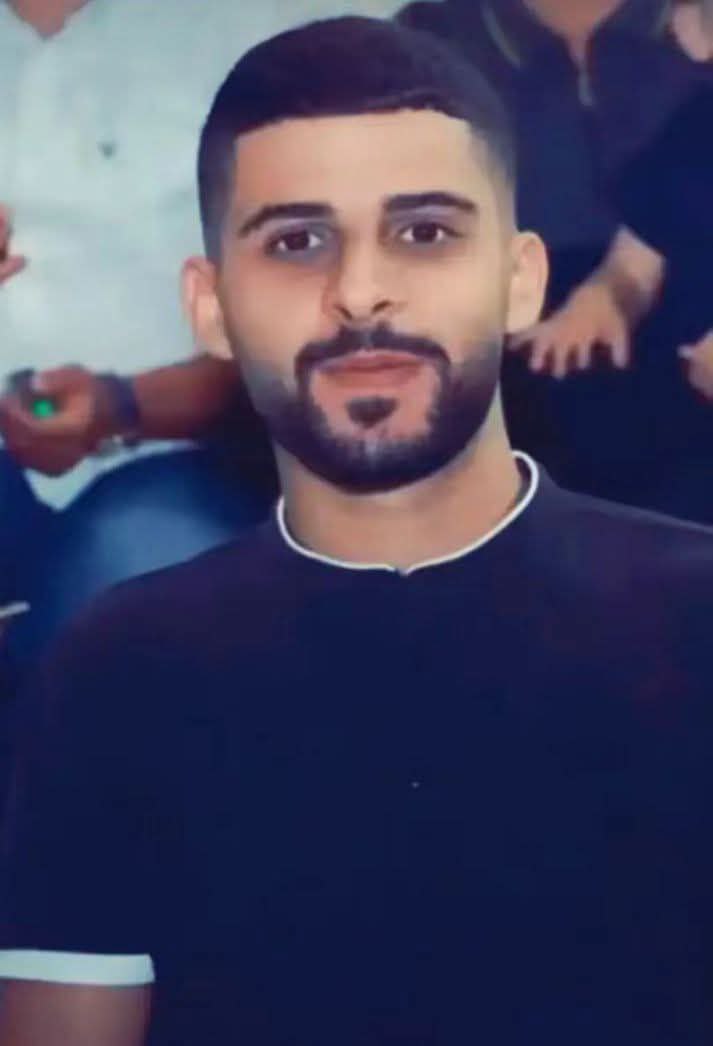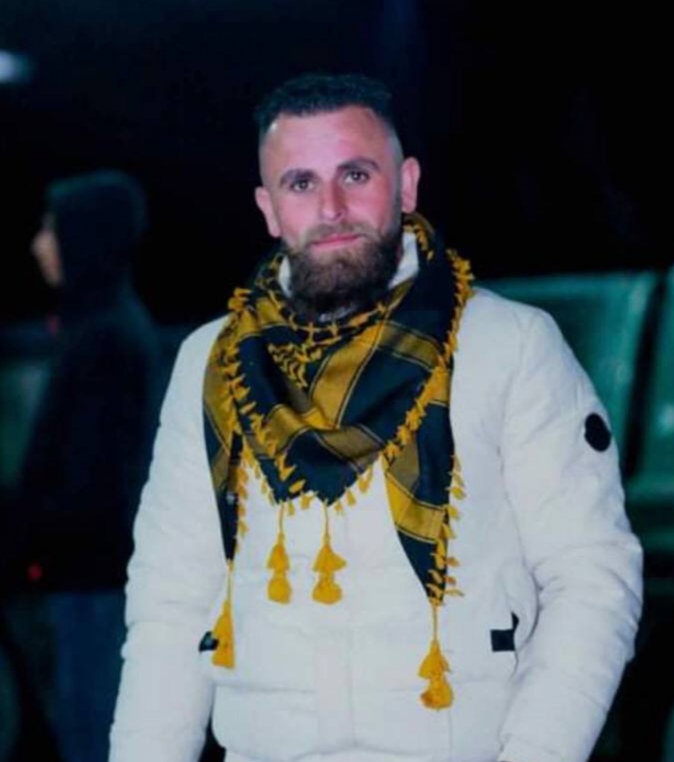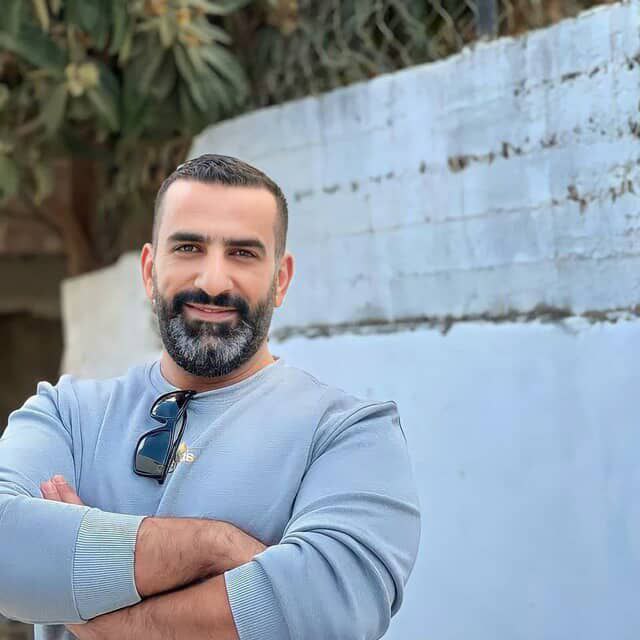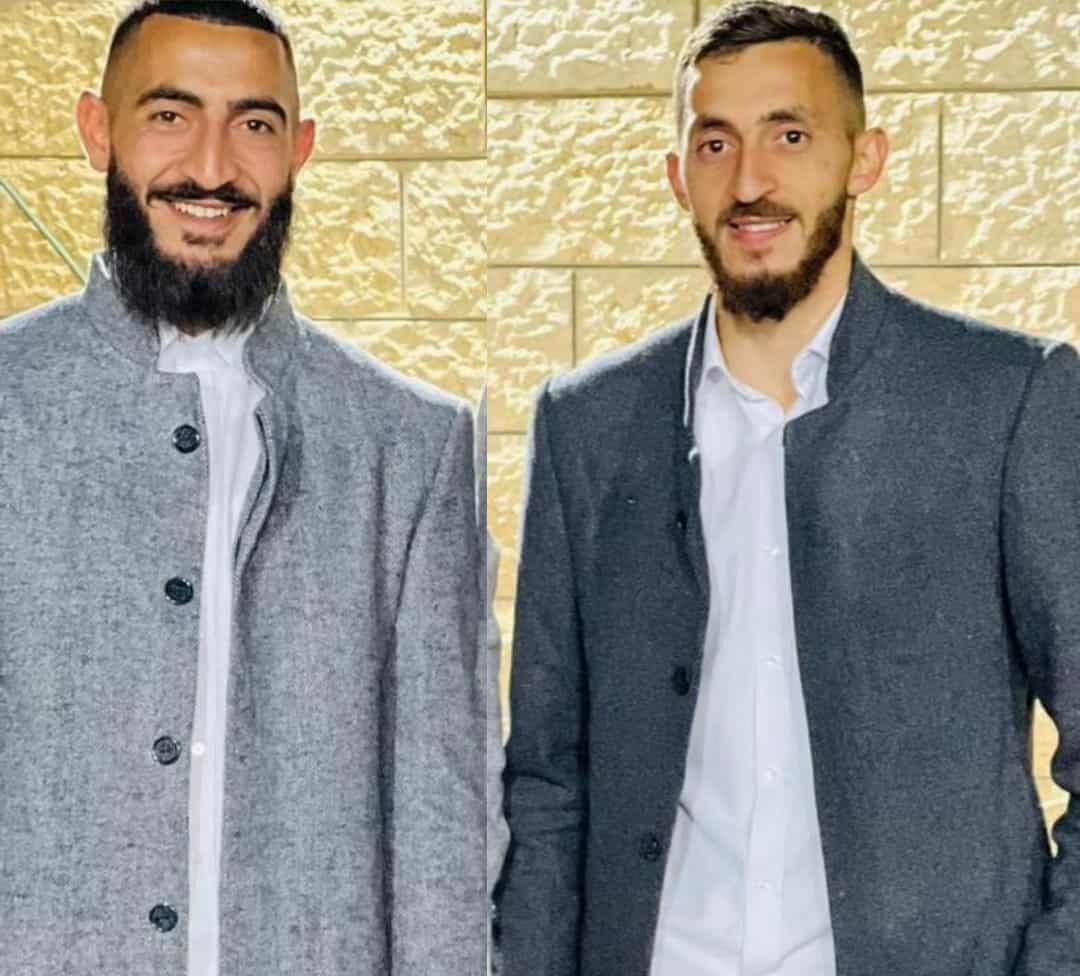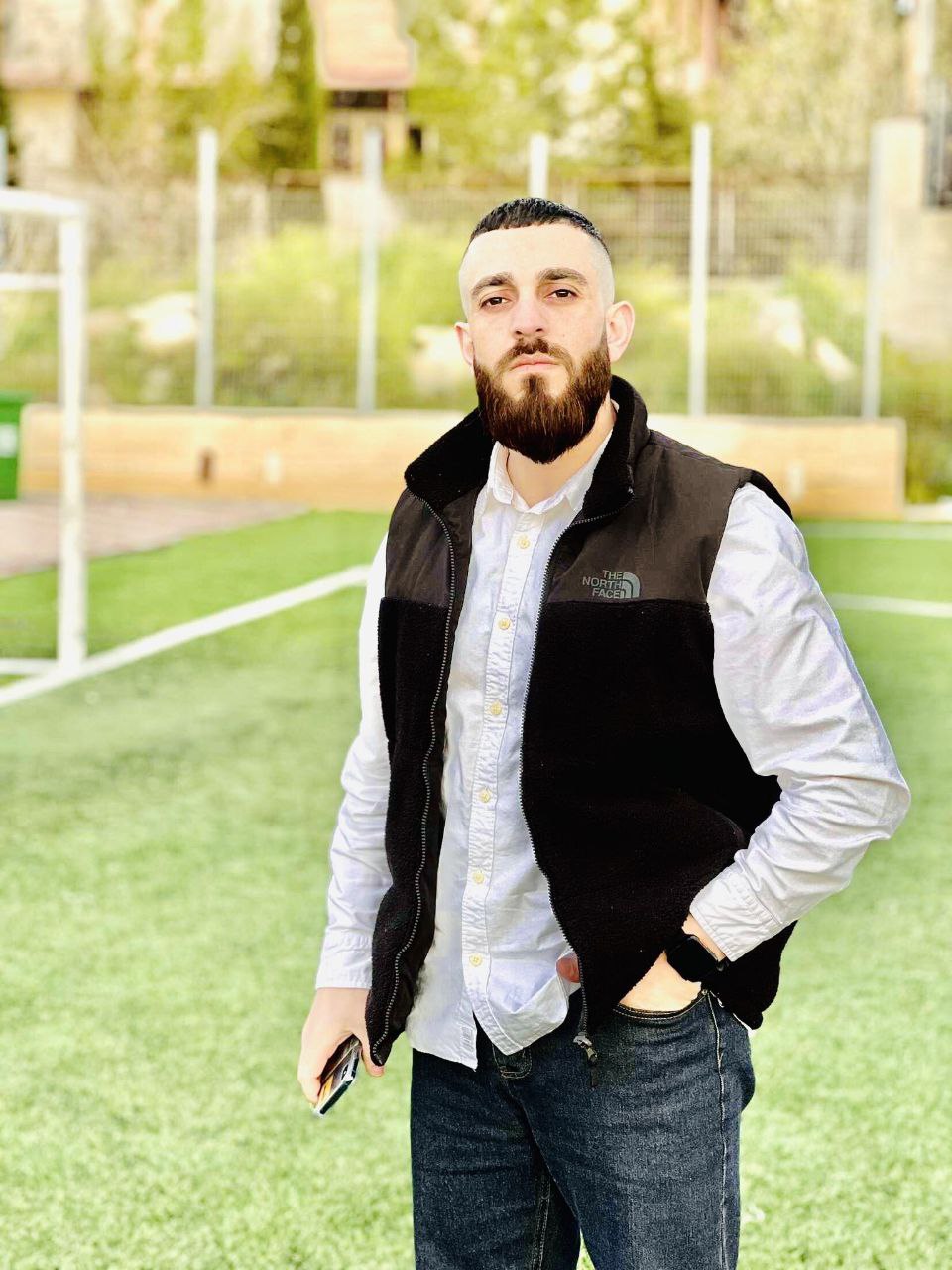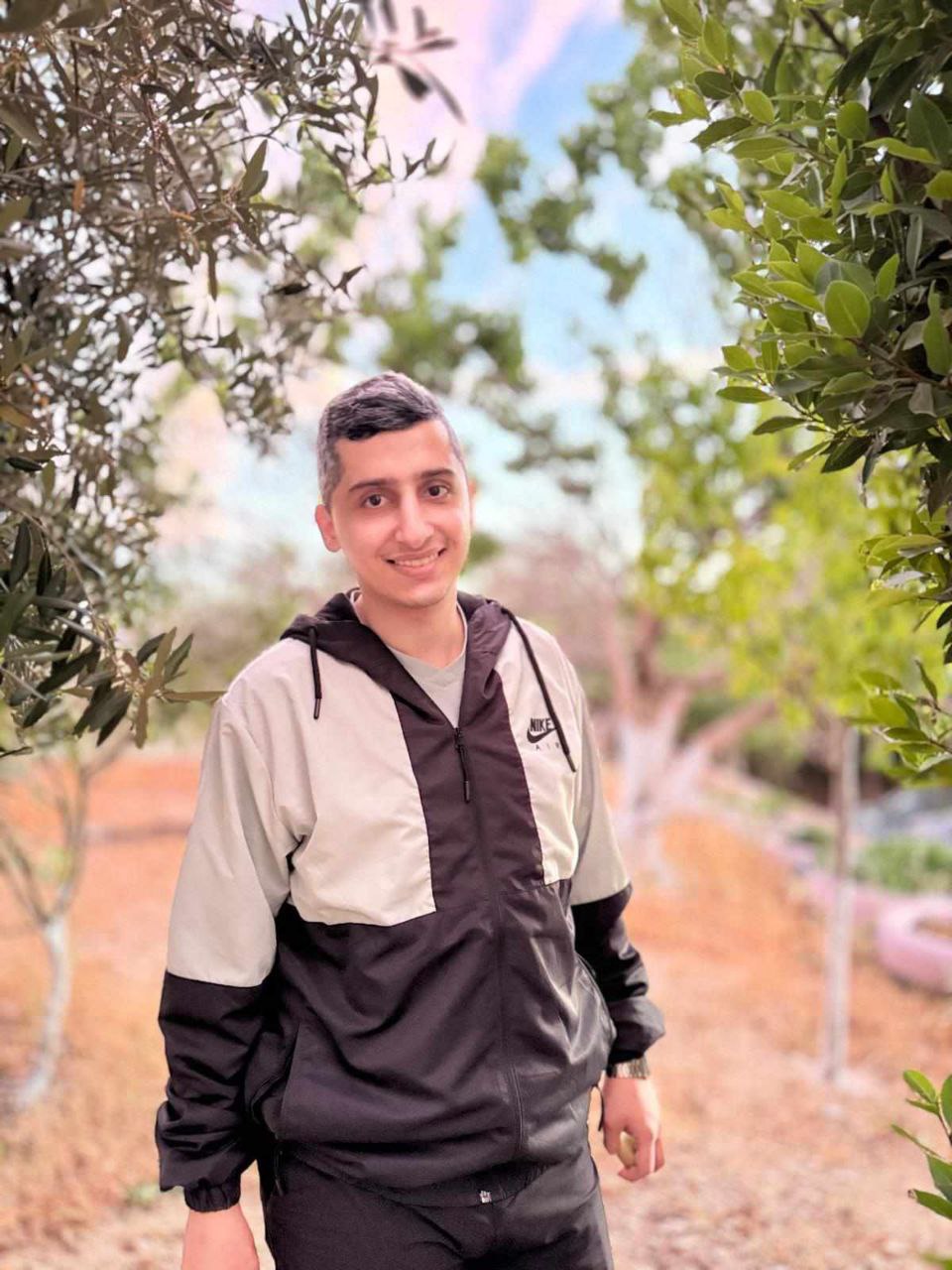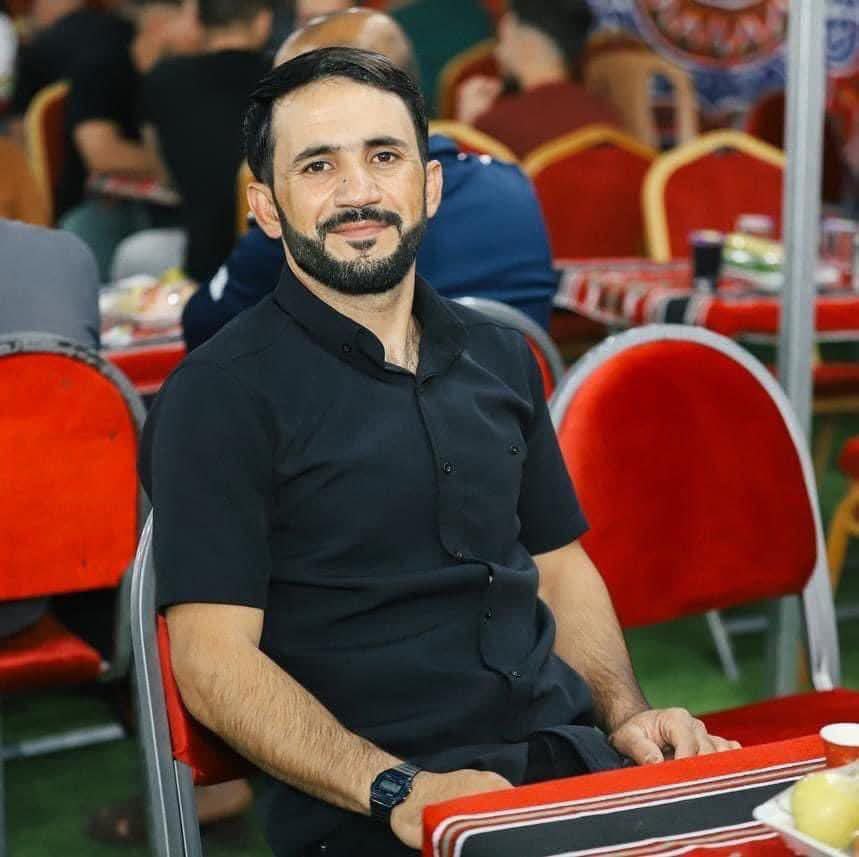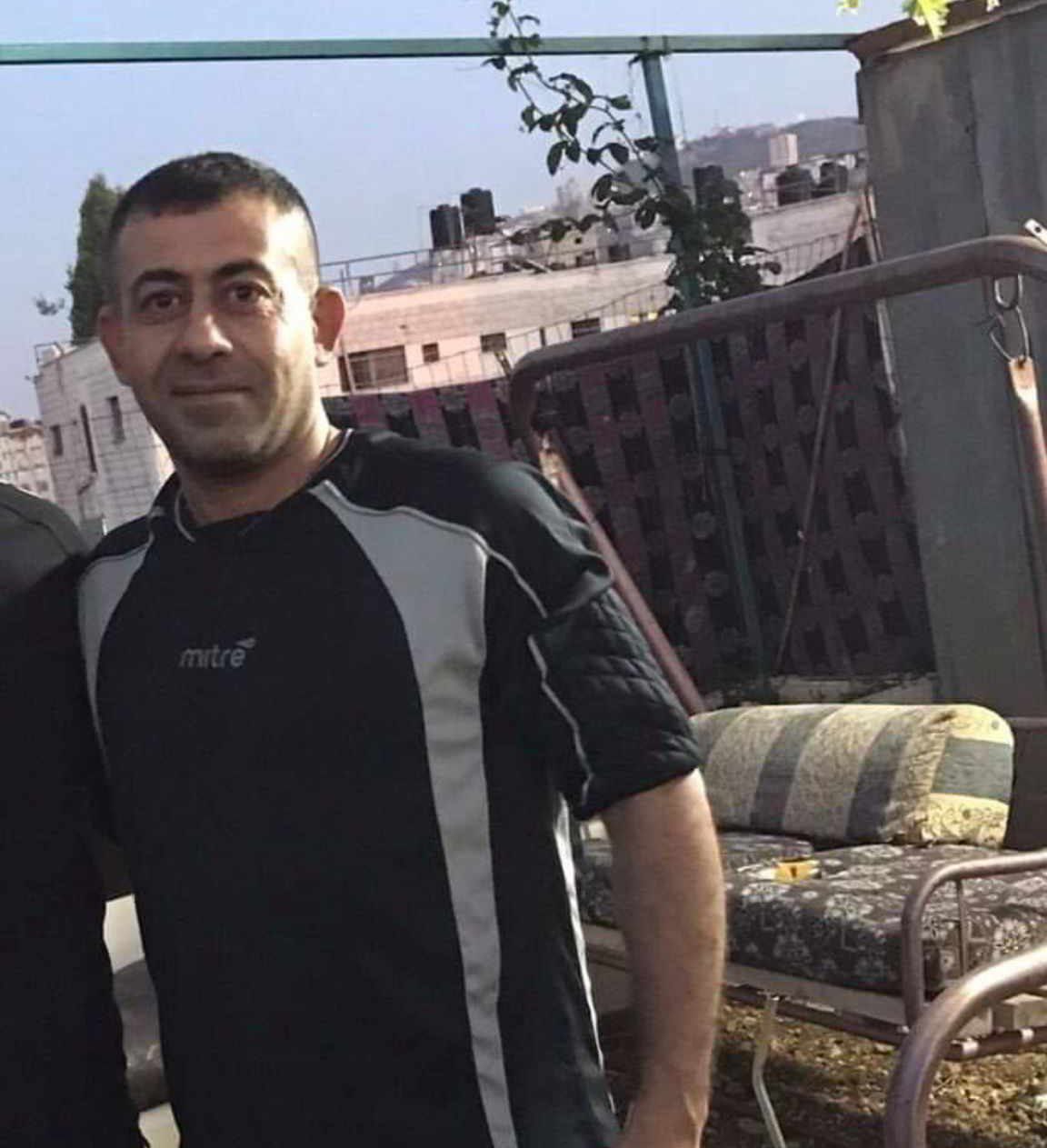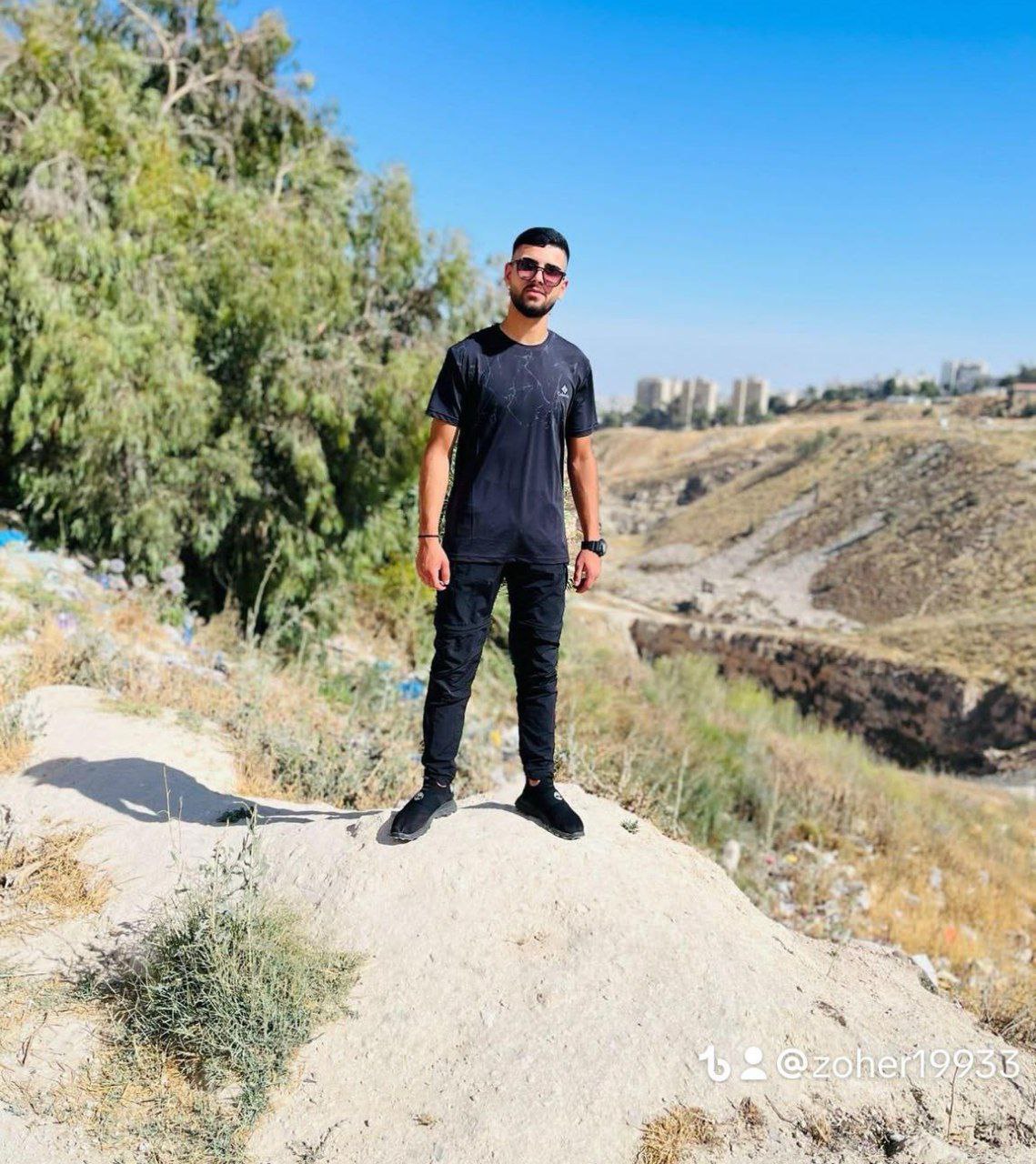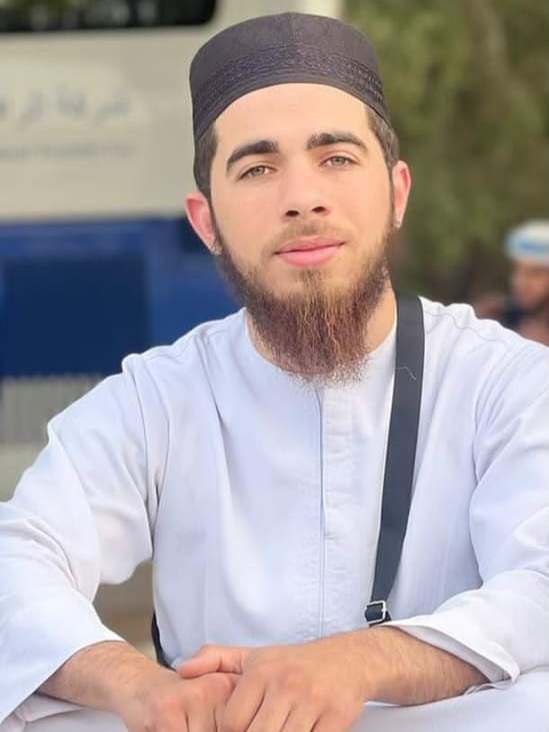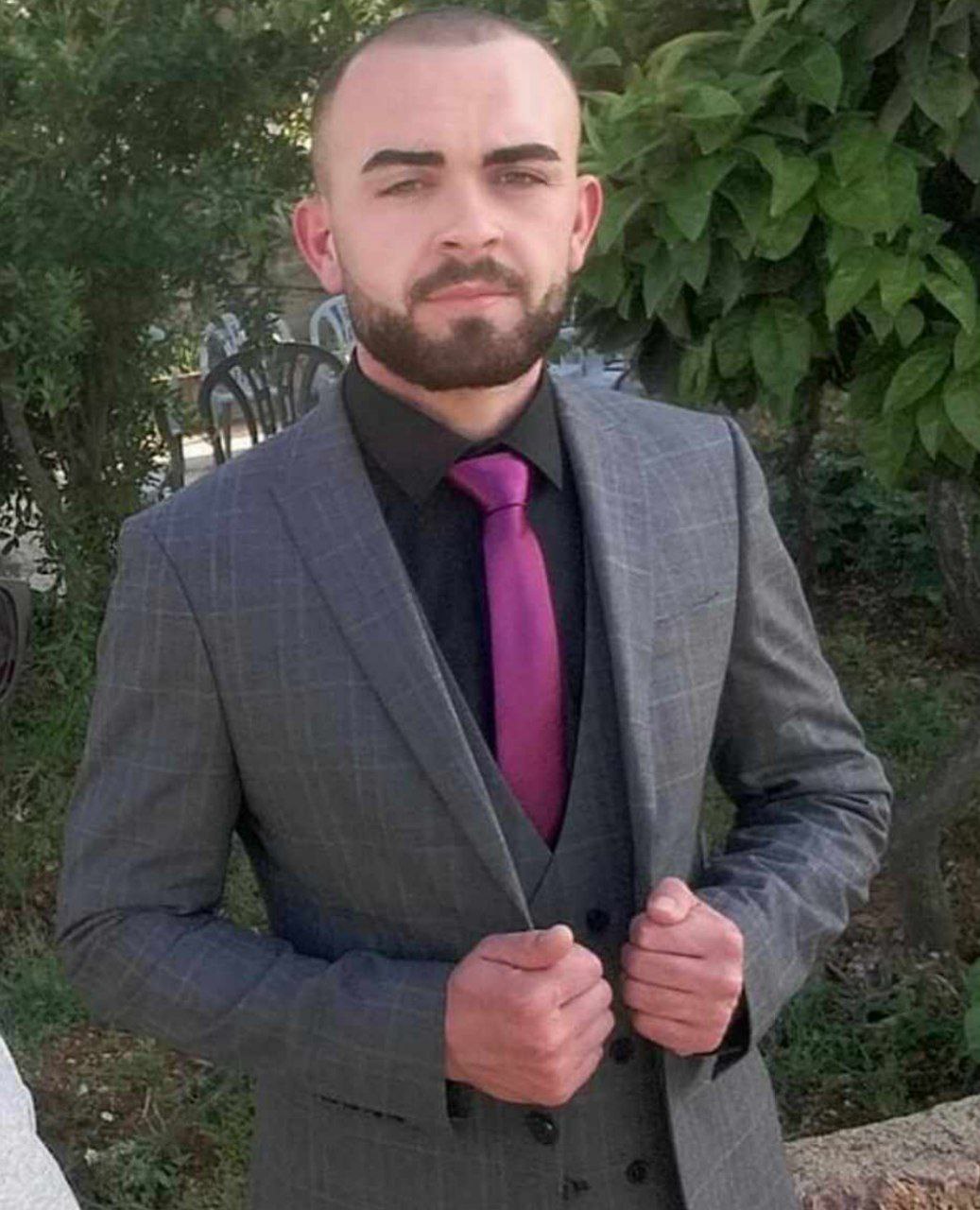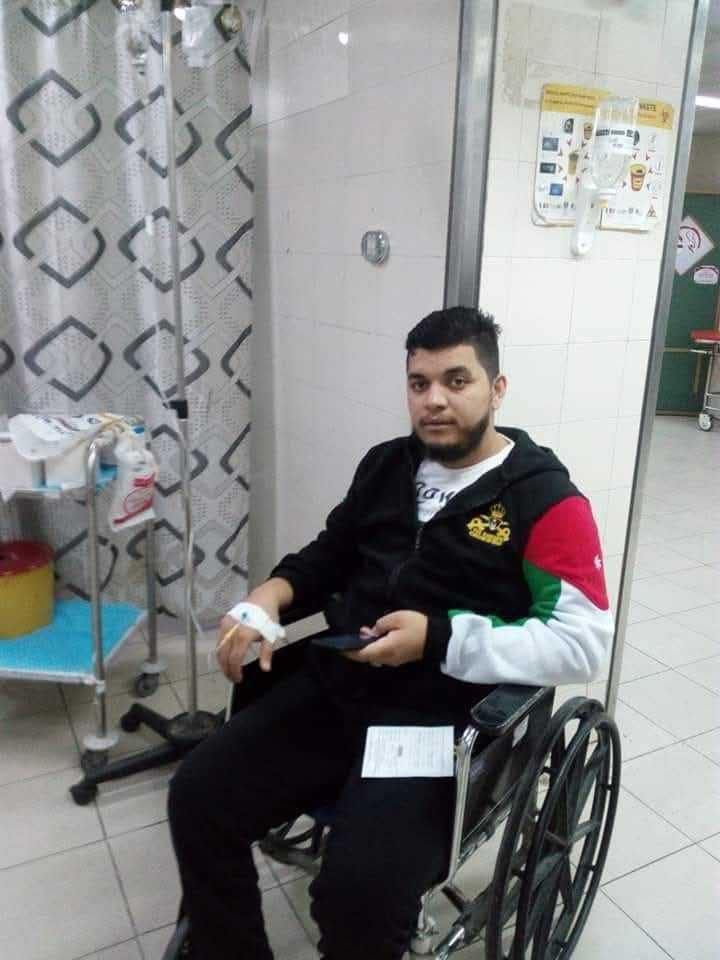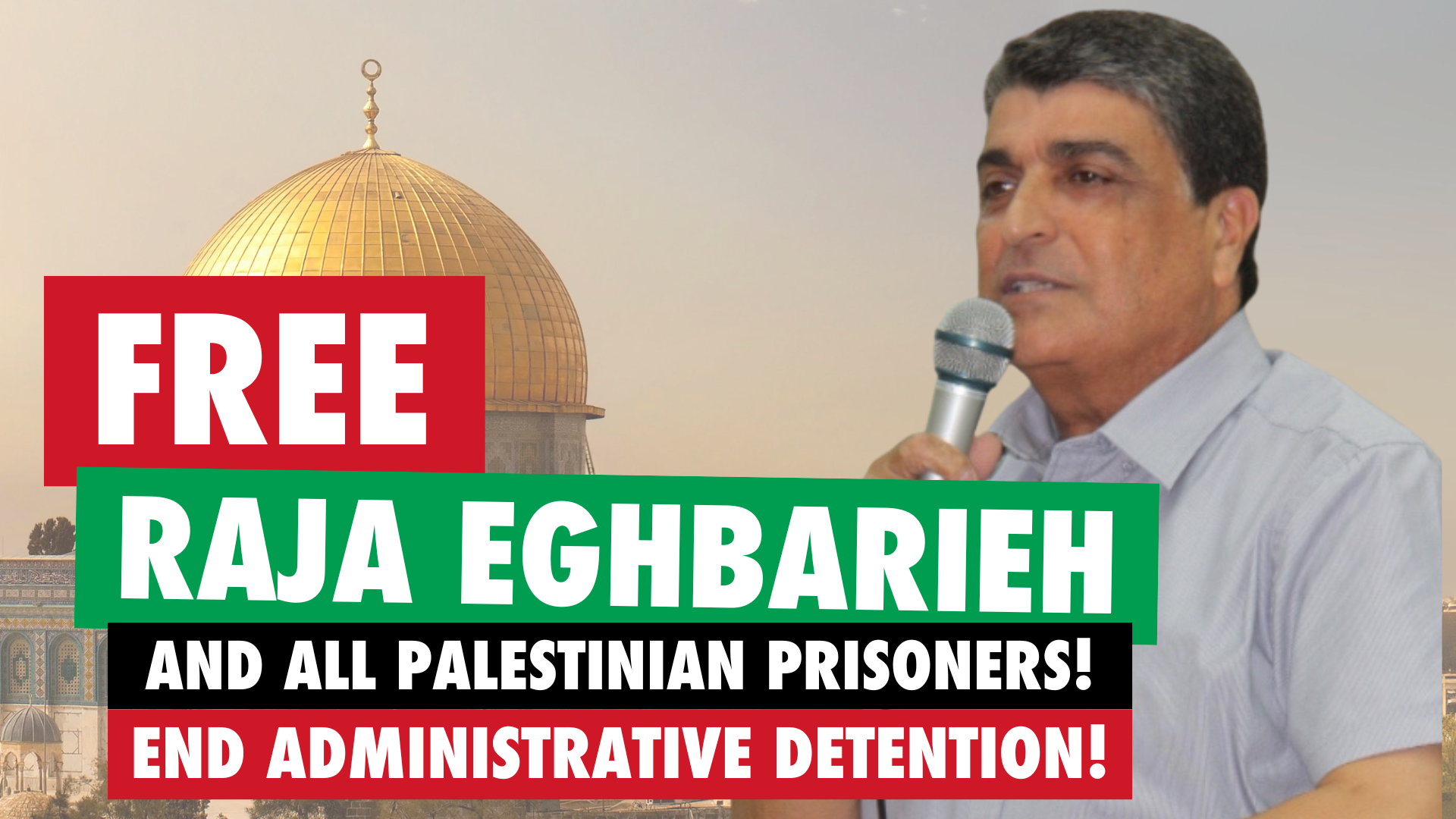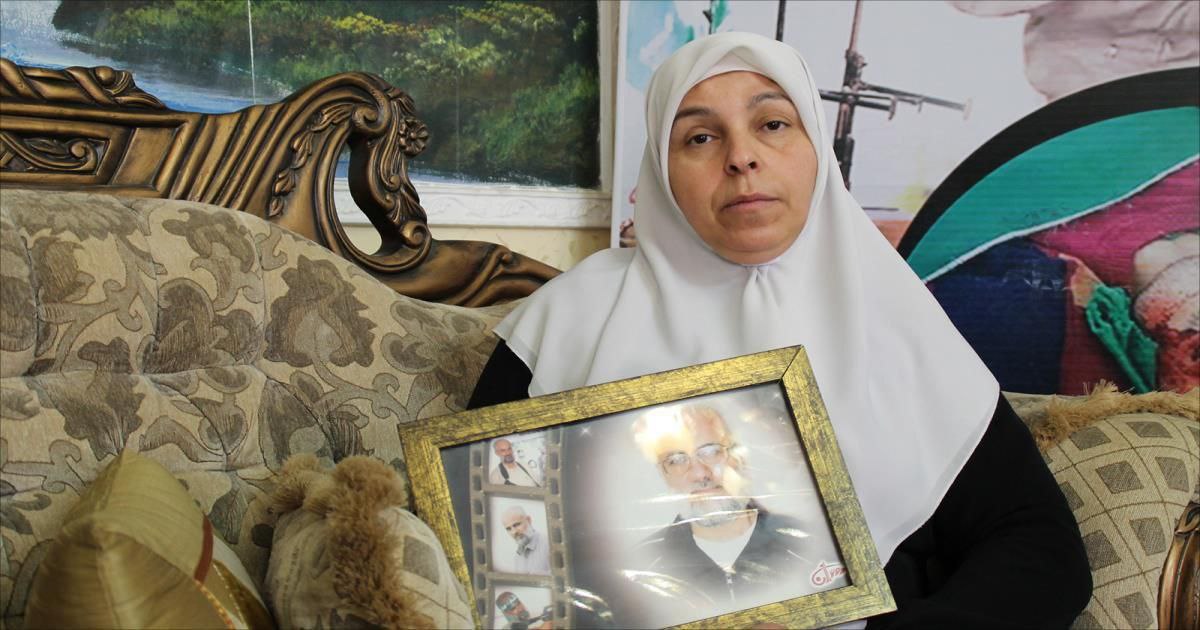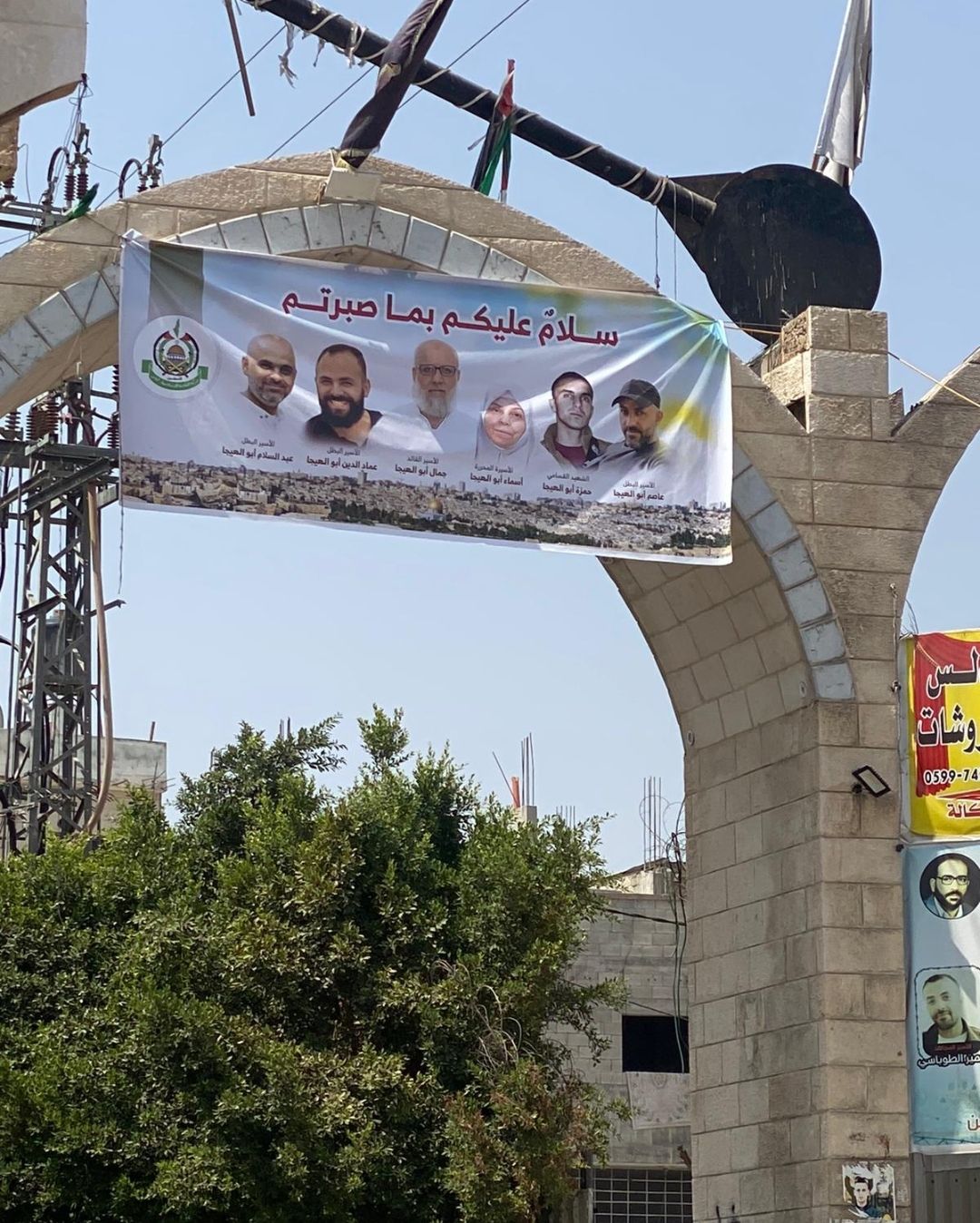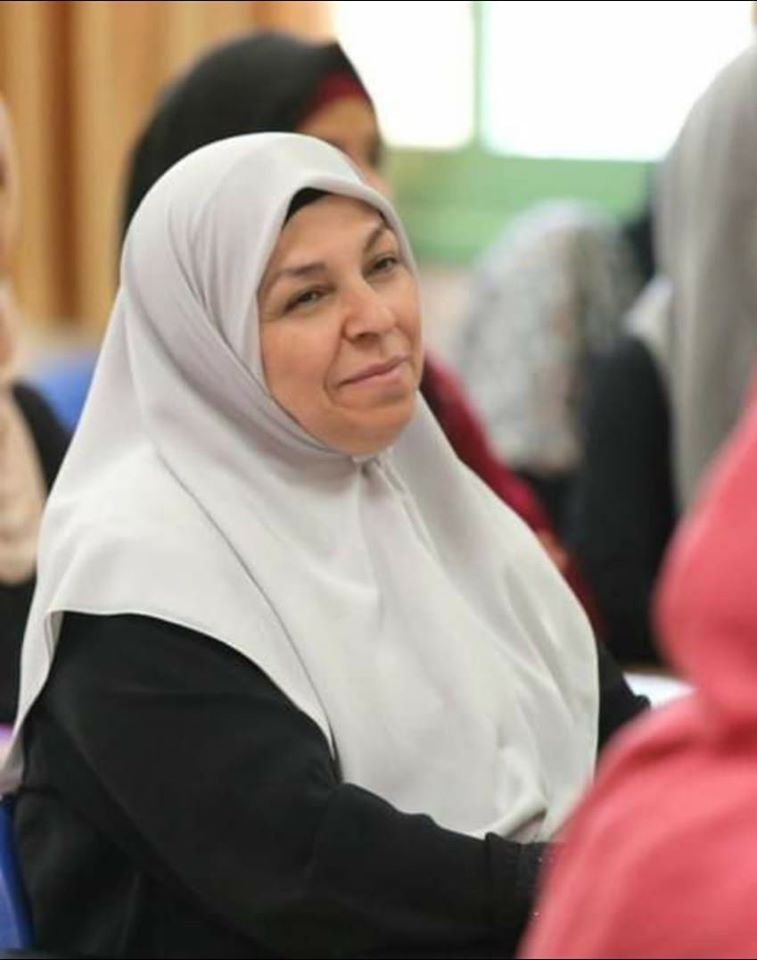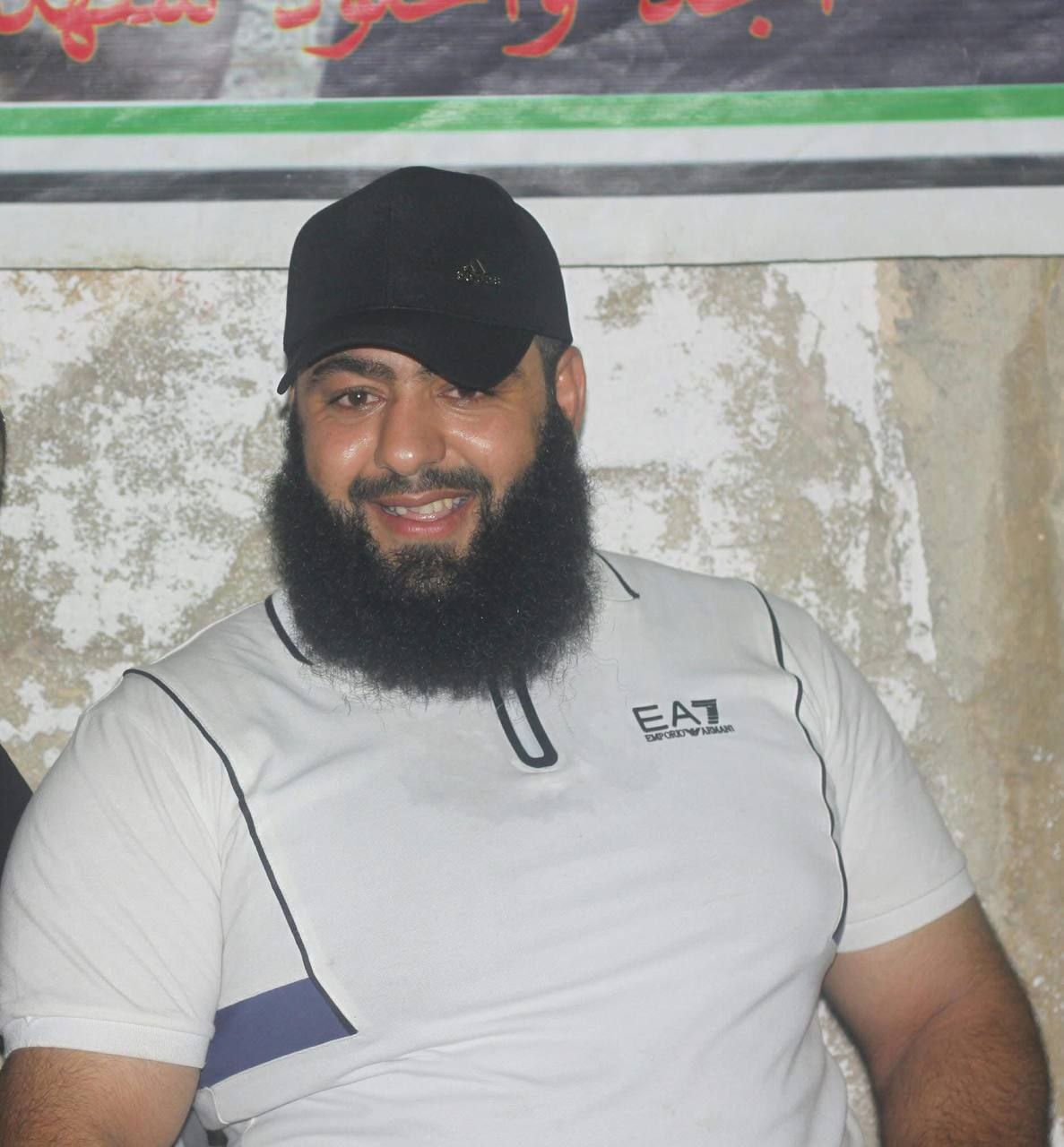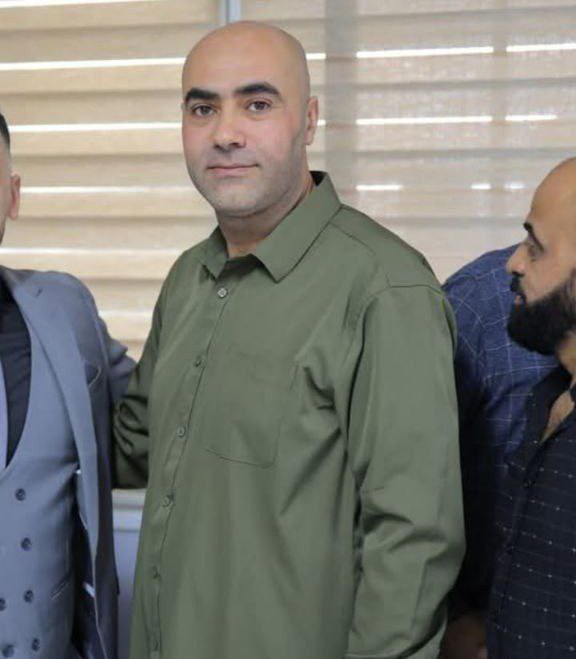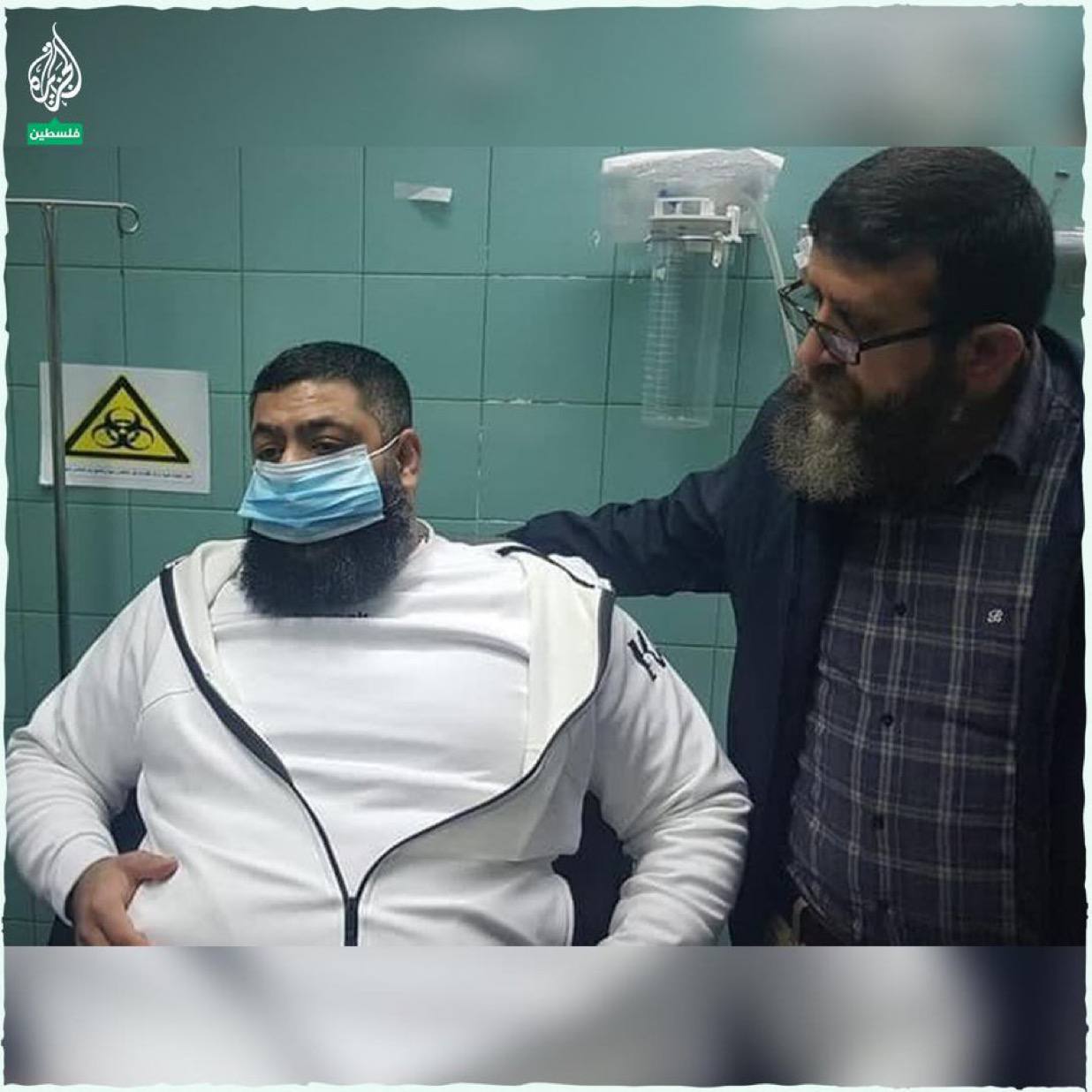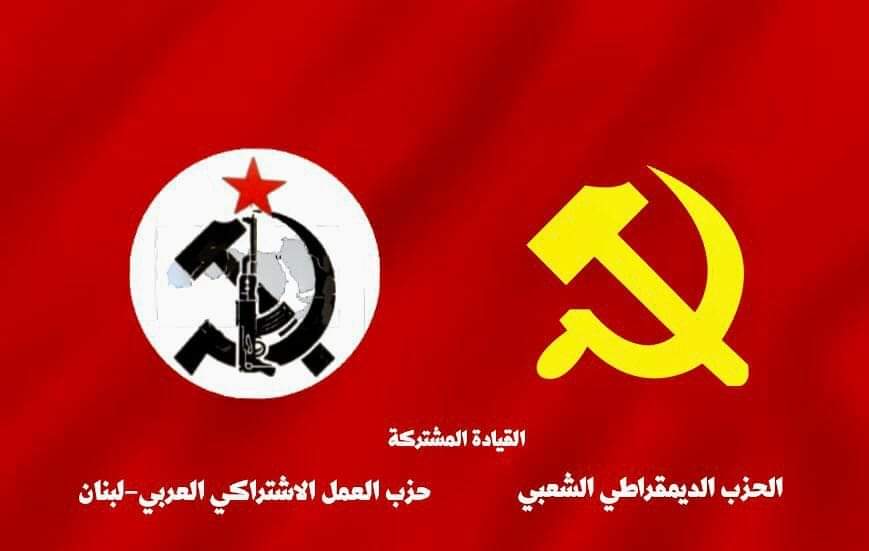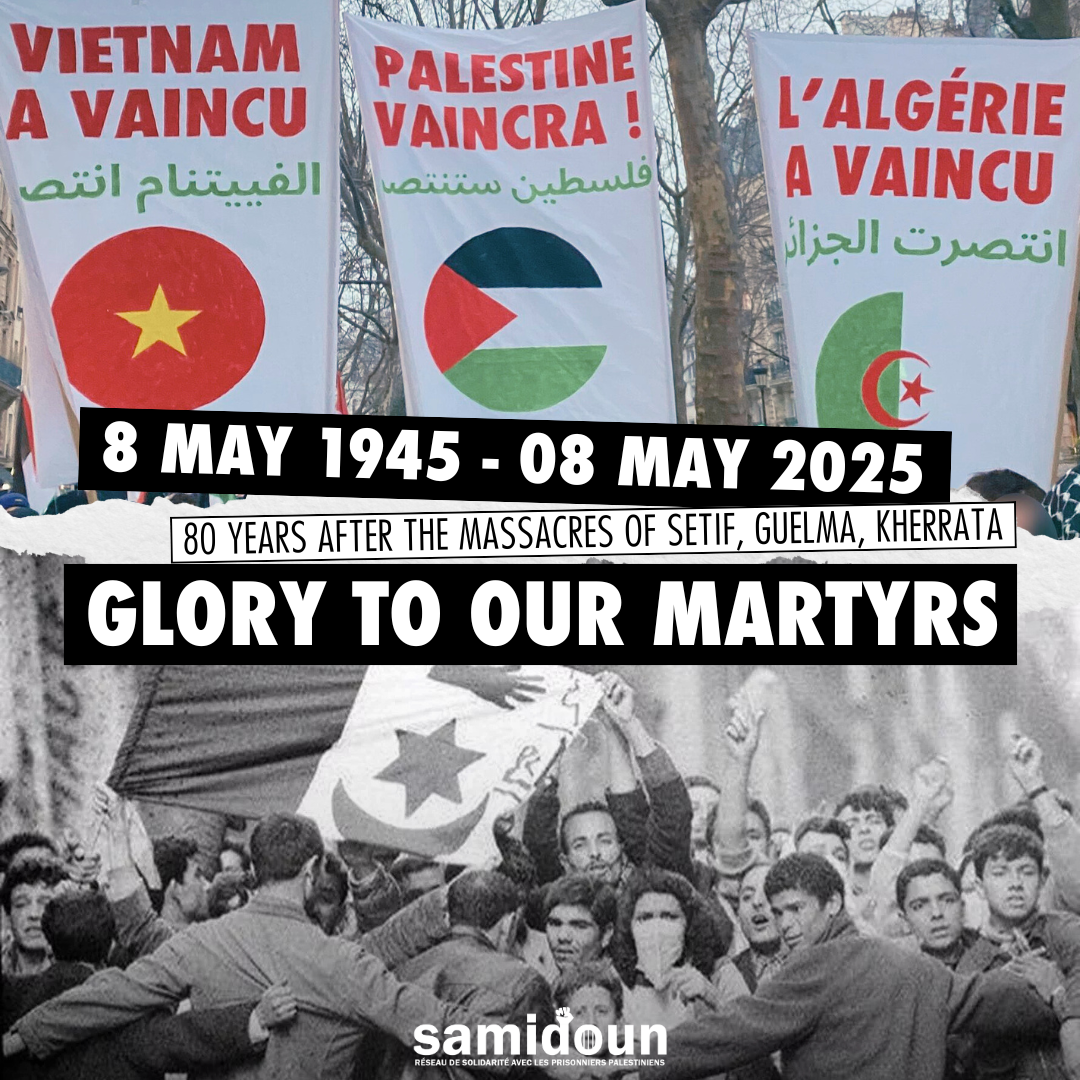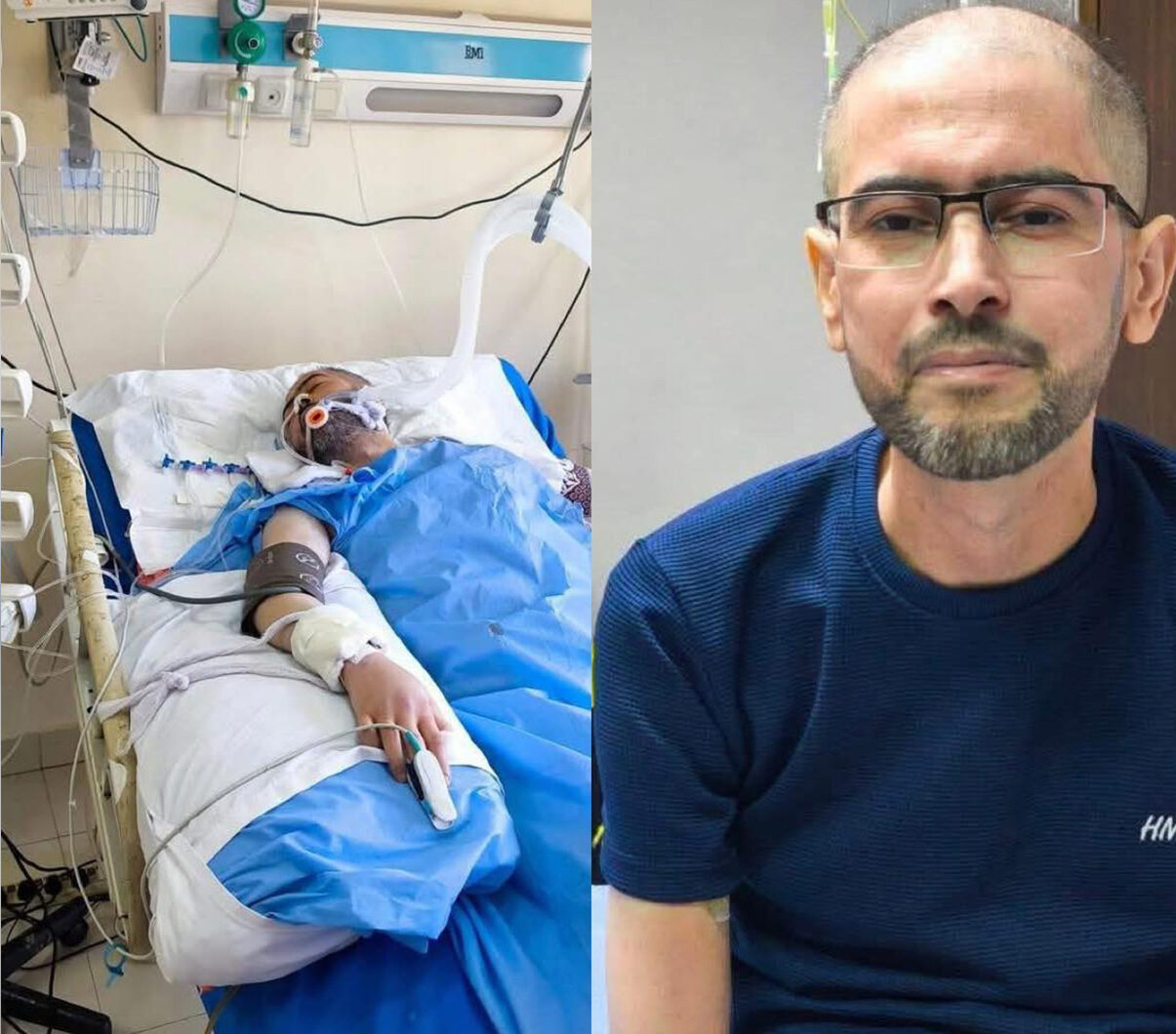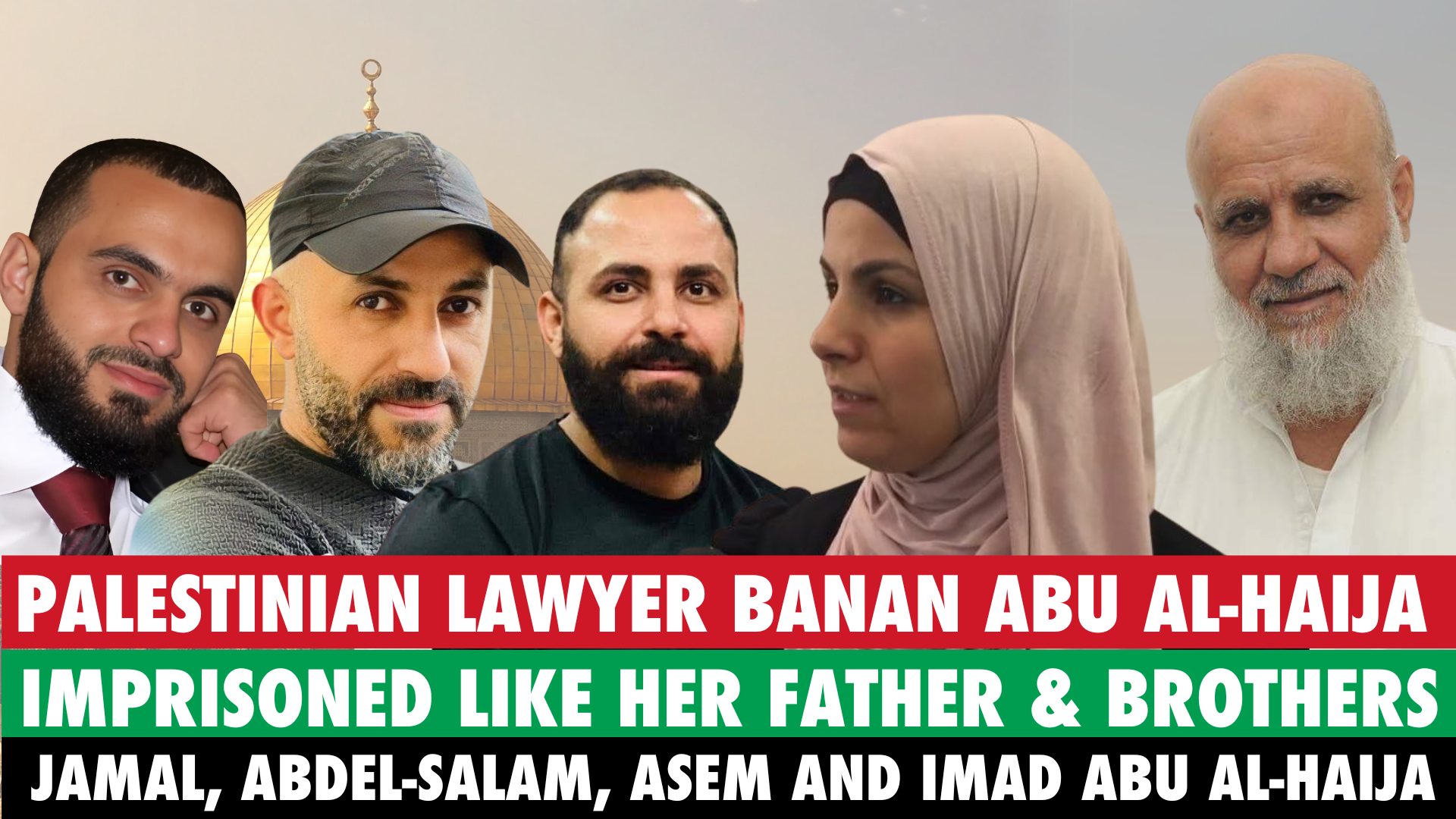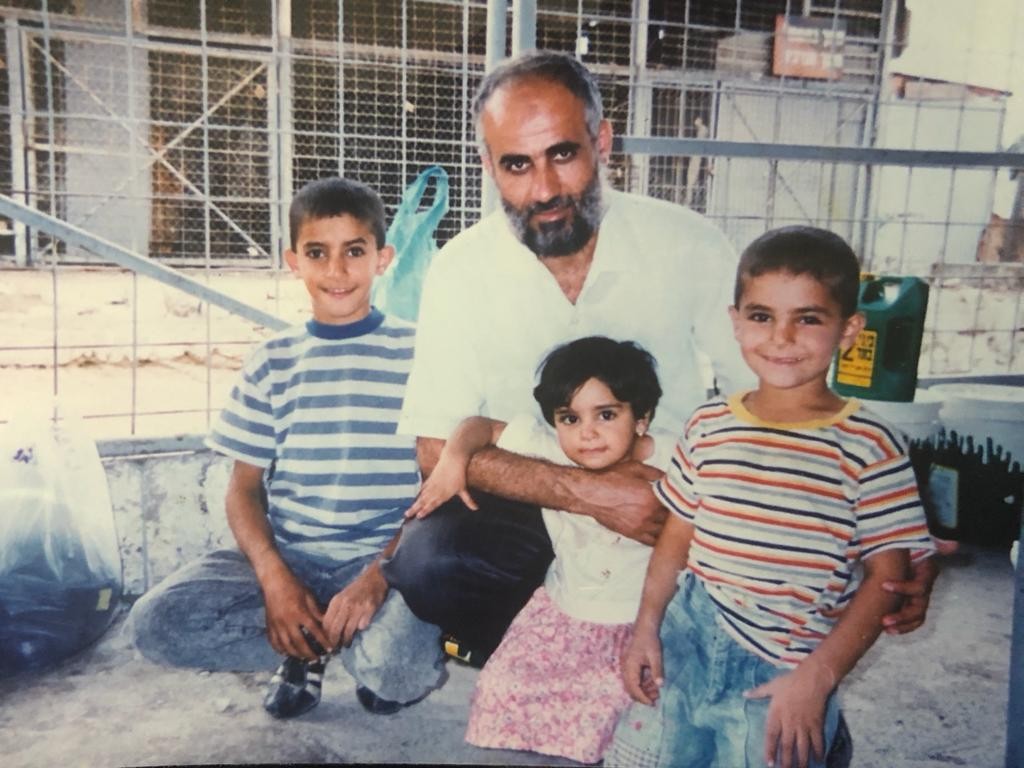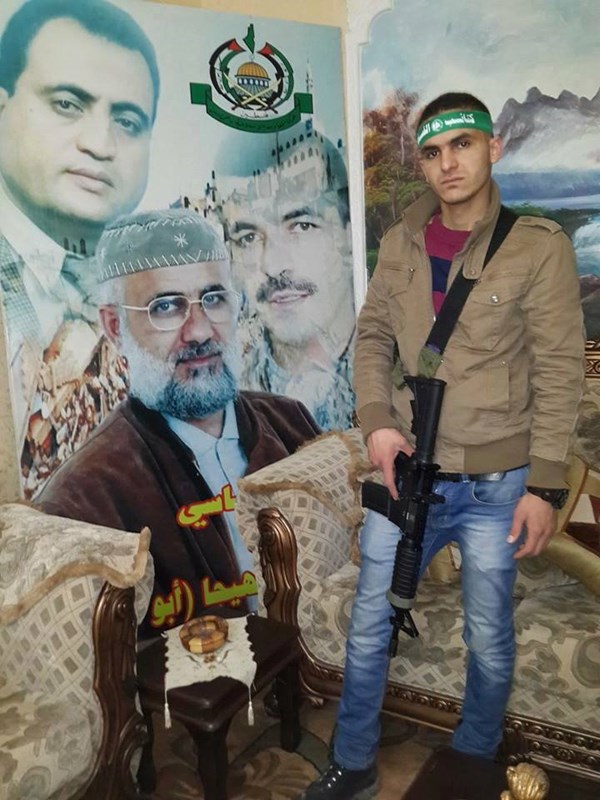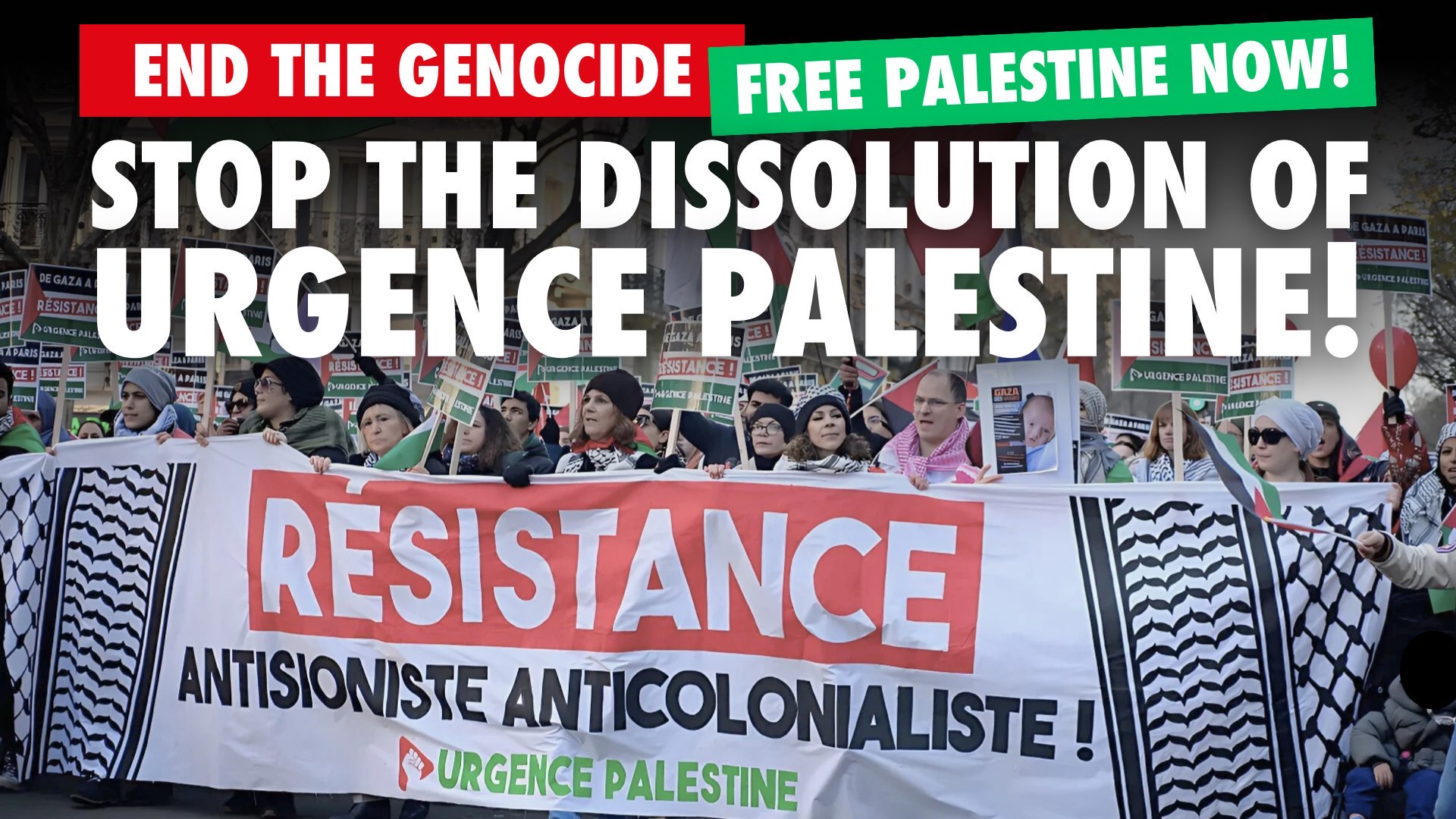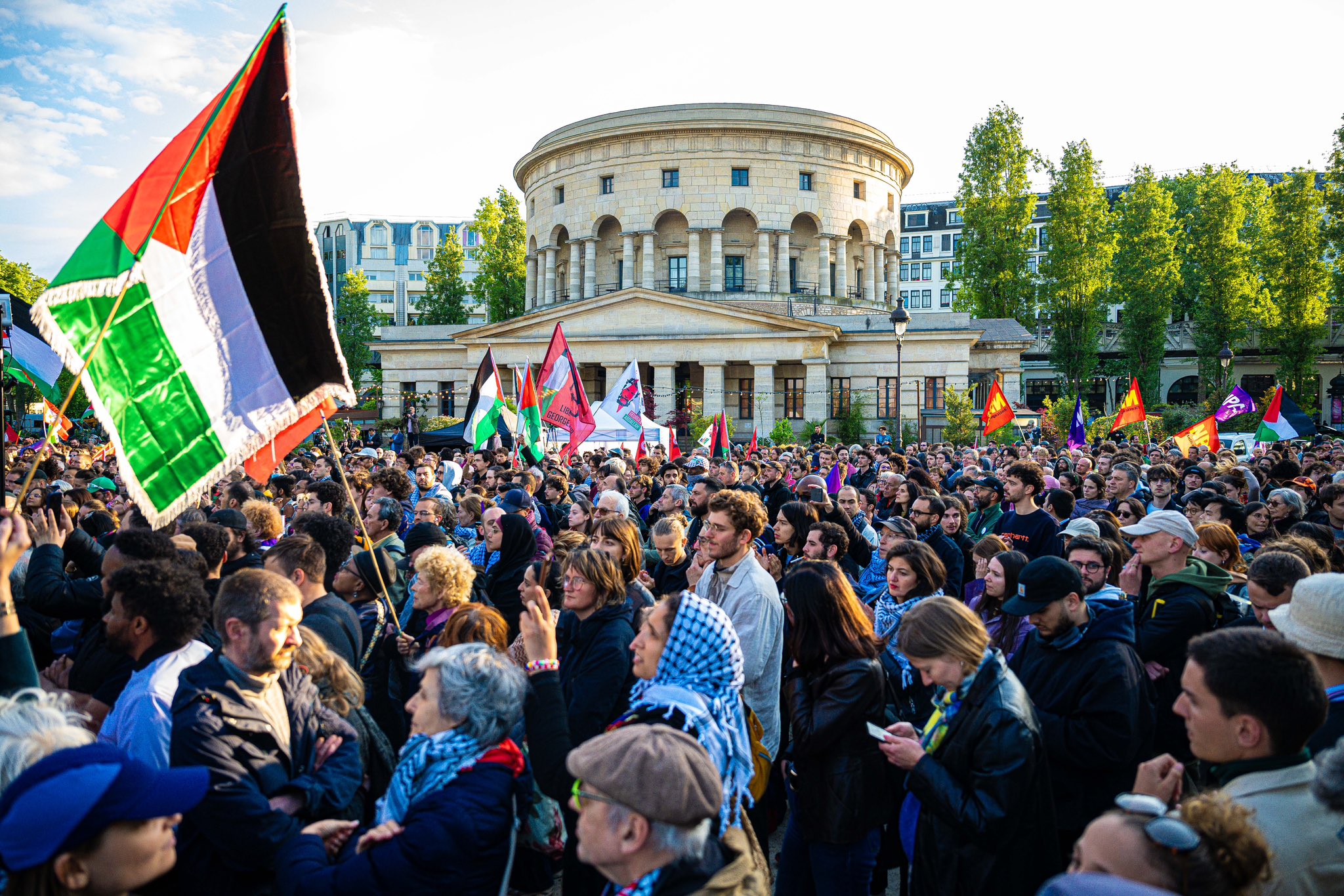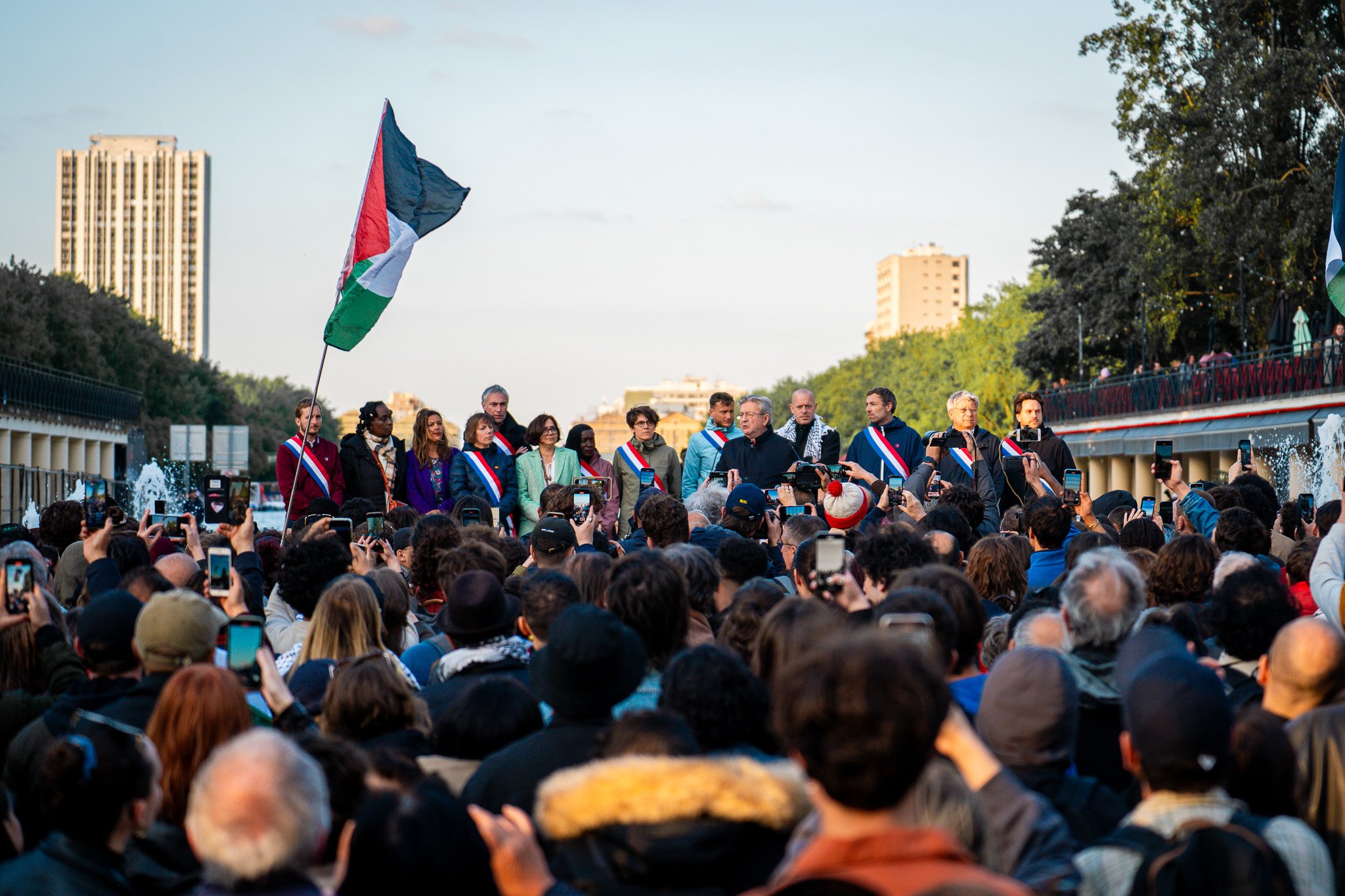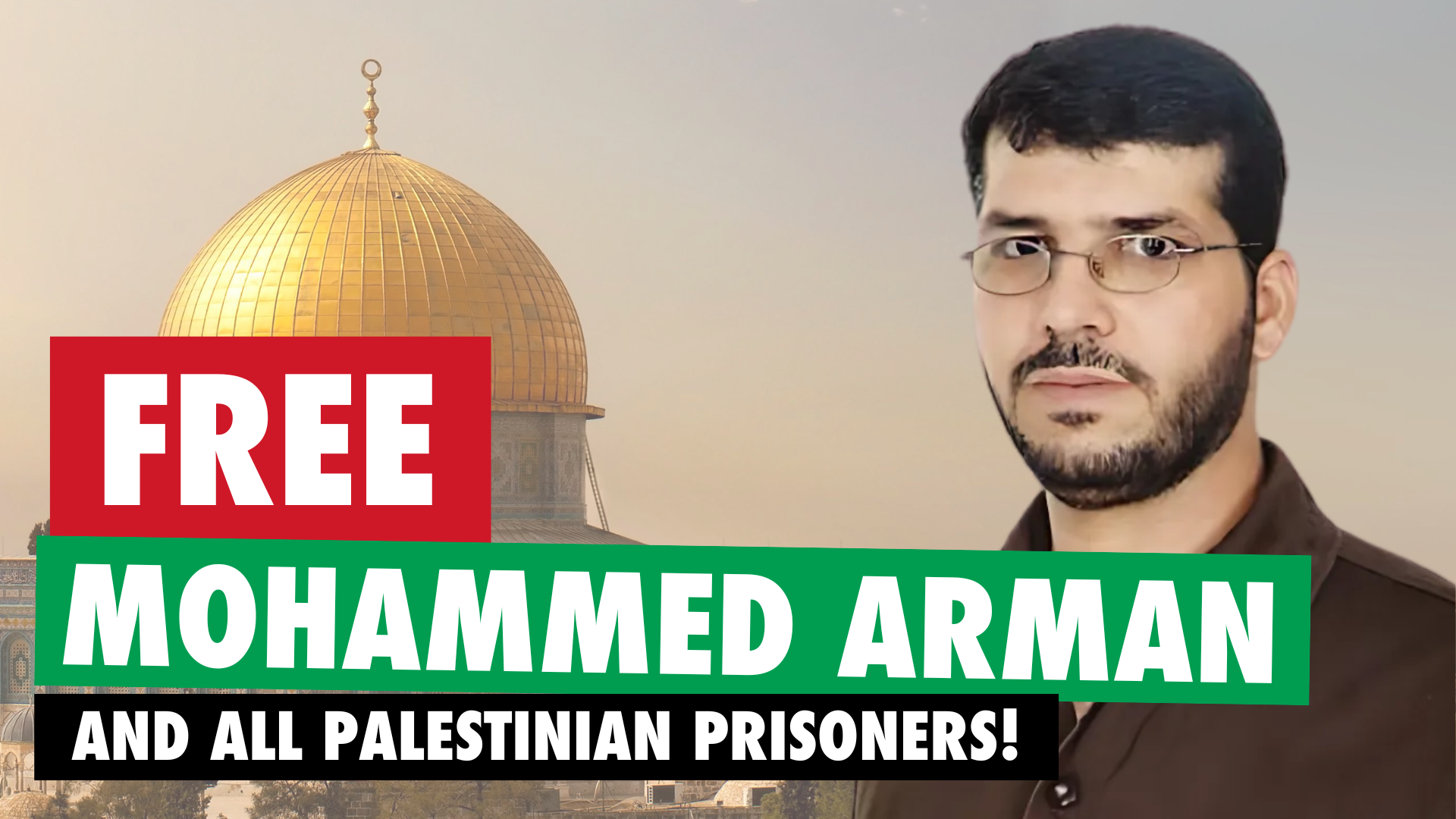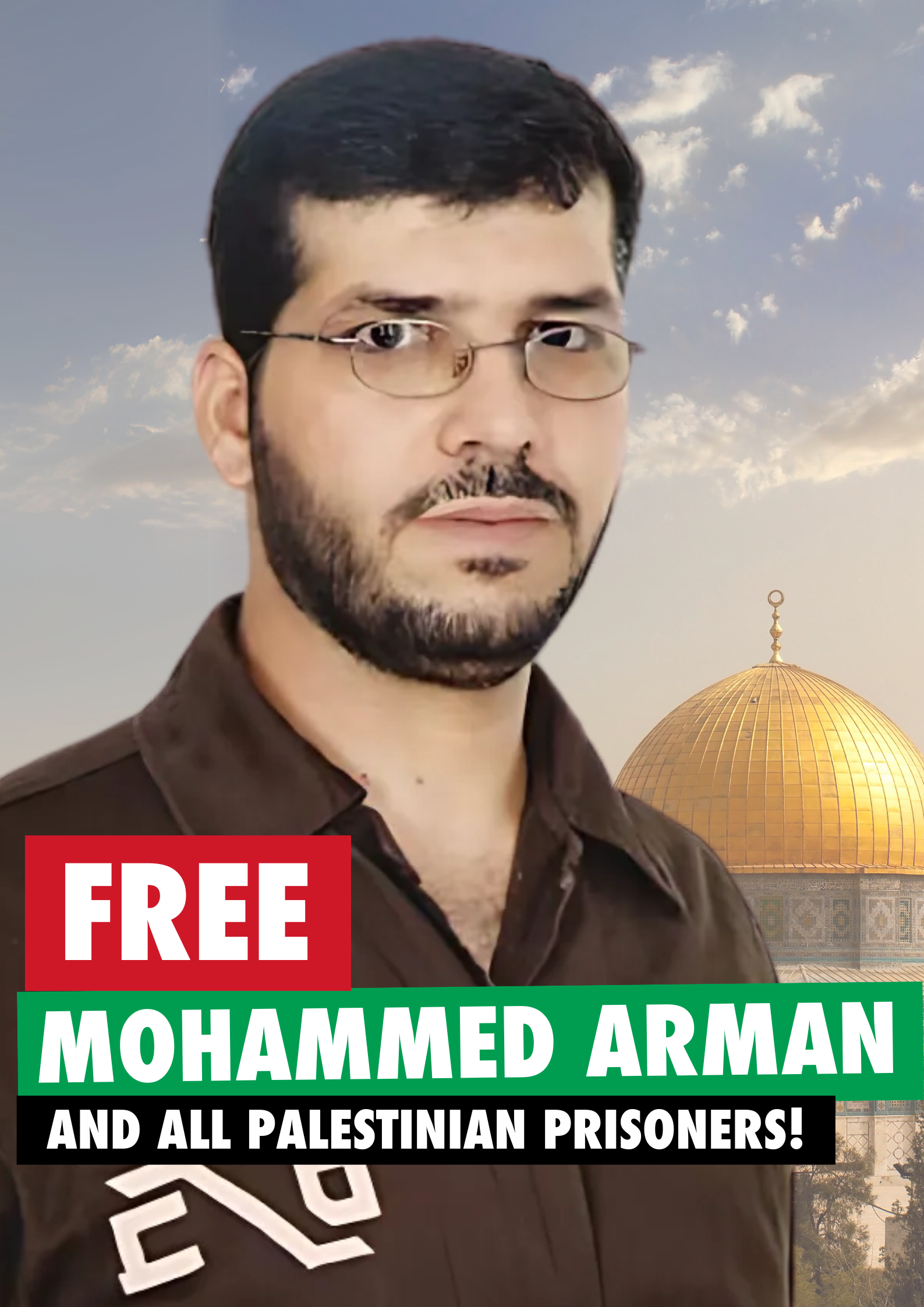
In the latest implementation of “security coordination” with the Zionist colonial occupation, the collaborationist Palestinian Authority cancelled the payments of financial allocations to 1612 Palestinian prisoners, released prisoners and their families. The cancellation of these payments, which should have been received on 11 May, is meant to undermine the status of the prisoners within the Palestinian national liberation movement, replace their role in the movement with one of charity recipients, and acquiesce to the demands of imperialist powers and the Zionist regime.
On 10 February 2025, Palestinian Authority president Mahmoud Abbas (Abu Mazen) issued a presidential decree cancelling the payments of financial allowances to the families of the Palestinian prisoners, martyrs and wounded that had been stipulated in the Prisoners’ Law. The decree further transferred the database, funds and responsibility for support for the families of the martyrs and prisoners from the Ministry of Social Development — and the Prisoners’ Affairs Commission — to the Tamkeen Foundation, the “Palestinian National Institution for Economic Empowerment,” an NGO officially outside the framework of the Palestinian Authority and the PLO.
The Tamkeen Foundation is run by Ahmad Majdalani, a Palestinian Authority official and an ally of Abbas who has become infamous for his anti-resistance, pro-normalization positions, from his 2016 participation in the Herzliya conference, a Zionist “state security and policy” conference, to his January 2024 statement — amid the Zionist genocide — that “Hamas is a terrorist organization in its current form, its current program, and its current political discourse.”
Majdalani’s foundation has been granted the authority to invasively review first the financial status of marginalized and impoverished Palestinians, to “assess” their eligibility for social welfare programs that amount to no more than 700 shekels monthly (approx $200). Now, Abbas is purporting to give this private NGO — run by the official making these same egregious anti-resistance statements — the authority to invasively “assess” the finances of the families of the martyrs, prisoners and wounded of the Palestinian cause.
While the payments to prisoners were released normally in March and April, despite the order, the stripping of prisoners’ support began with the May 2025 payments. To be clear, these payments are provided as a means not merely of social support or assistance, but to honor and respect the role of the freedom fighters in the battle for the liberation of Palestine — which is precisely why they have been under attack by the imperialist powers and the Zionist regime, and why their elimination is now a primary target of “security coordination.”
The Higher Committee of Deported and Liberated Prisoners, formed by the Fateh prisoners liberated in the Toufan al-Ahrar exchange, issued a statement urging a complete boycott of the Tamkeen Foundation:
Our great people, who have for decades sacrificed convoys of martyrs, the wounded, prisoners, and freed detainees in the path of Palestine’s freedom, the nation’s dignity, and the liberation of our people, are today subjected to a new assault targeting the very essence of their cause. This comes in the form of an attempt to liquidate the rights of its strugglers and their families through what is being called the Tamkeen Foundation, an entity that aims to depoliticize our cause, drain it of its national and revolutionary content, and convert it into a superficial “social service file” with a political or humanitarian façade.
Our heroic prisoners have endured in the prisons of the occupation the harshest forms of oppression, isolation, and torture, and have ascended as martyrs on the path of freedom and dignity. The blood of our wounded was shed on the soil of the homeland in pursuit of liberation and honor. How then can we today accept to betray these enormous sacrifices within a suspicious framework of so-called democracy that deals with the just cause of our people through a logic of exclusion and criminalization, not one of recognition and loyalty?
Accordingly, we in the Higher Committee of the Deported and Liberated Prisoners call upon all the families of the martyrs, wounded, prisoners, and freed detainees to refrain from dealing with what is called the Tamkeen Foundation. We consider any engagement with it as actual participation in the crime of liquidating the cause of the martyrs, wounded, and prisoners.
And in this context, we reaffirm our full support for the Commission of Prisoners’ and Ex-Prisoners’ Affairs, and for all national institutions concerned with prisoners’ affairs and their rights, as they courageously confront the policies of the so-called Tamkeen Foundation. We also declare our categorical rejection of filling out any forms issued by this institution, and we will defend our rights and the rights of the martyrs and prisoners with all the strength we possess—even if that demands our blood.
We affirm that our cause is far greater than being diminished or reduced. It is a cause built upon the sacrifices of our people, and we must protect it from every attempt at liquidation and circumvention.
Glory and eternity to our righteous martyrs
Speedy recovery to our heroic wounded
And freedom to the prisoners of freedom and dignity
The Higher Committee of Deported and Liberated Prisoners
Dated: Saturday, May 10, 2025
The Prisoners’ Affairs Commission reported that it had turned over the complete list of prisoners and liberated prisoners to receive their funds and called for the full payments to be made. However, an unidentified committee “from the security services and the Ministry of Finance” identified the first group of names to be removed, arbitrarily cutting these payments without notice or explanation.
Just days before, Palestinian prisoners’ institutions had publicly rejected the “assessment” form distributed to the families of the prisoners by the Tamkeen Foundation. Estimated to be 18 pages long, it asks detailed questions about the families’ food consumption and personal habits.
A wide range of organizations and individuals have condemned this attack on the prisoners and their families. Qaddoura Fares, the former head of the Prisoners’ Affairs Commission, dismissed in February for his objection to the order, said: “The failure to pay the salaries of 1,612 prisoners violates the Palestinian people’s legacy of struggle and the system of norms, traditions, and systems adopted by the national movement over 60 years. This approach is not consistent with the Palestinian people’s struggle based on a commitment to the families of prisoners, the wounded, and martyrs…The Palestinian factions, frameworks, organized forces, and families of martyrs and prisoners bear a responsibility to take action to halt and revoke this decision.”
The Popular Front for the Liberation of Palestine issued a statement, declaring: “These prisoners spent the prime of their lives in the occupation’s prison cells, suffering oppression and torture. They emerged with their heads held high only to be met with economic and psychological punishment at the hands of those supposedly their fellow citizens. This measure can only be described as a reward for the executioner and a punishment for the freedom fighters…This decision represents a blatant submission to Israeli and American conditions and dictates. We affirm that turning the prisoners’ cause into a humanitarian or social aid file—measured by calorie intake as indicated in humiliating application forms—is a direct insult to the sacrifices of the prisoners. These forms reveal a mindset that turns its back on the prisoners and aligns with security coordination agreements, far removed from any national or revolutionary affiliation.”
The Wa’ed Association for Prisoners and Freed Prisoners condemned the action, noting that “these measures are completely inconsistent with national, humanitarian, and moral obligations toward the prisoners’ cause, and represent a dangerous extension of the policies of exclusion and marginalization practiced against a segment of the population that sacrificed its freedom for the dignity and freedom of our people. The Association affirms its absolute rejection of any dealings with the so-called ‘Tamkeen Foundation,’ which is intended to become a tool for humiliating and degrading the families of martyrs, the wounded, and liberated prisoners, while excluding national institutions with a history and credibility in handling these cases.”
The system of financial allocations for the prisoners — transferred from that of the revolutionary-era PLO — is that of a nation engaged in a liberation struggle, which works to support its prisoners, its martyrs and its wounded as honorable veterans of struggle, who are cherished by the society as the vanguard of resistance and liberation. The attack on this system is intended quite clearly as a new vector of attack on the resistance, by creating a new level of fear among Palestinian strugglers that their families will be left devastated and impoverished if they take action to defend their land and people. This attack is accompanied by the promotion of Hussein al-Sheikh as “vice president” of the PLO in an infamous Central Council meeting widely boycotted by the resistance, vocal and visible attacks on the Palestinian resistance forces battling genocide throughout occupied Palestine, the arrest and even assassination of Palestinian resistance strugglers by PA forces, and new attempts by the PA to force its agenda of “disarming the resistance” upon Palestinians in Lebanon.
Samidoun Palestinian Prisoner Solidarity Network reiterates our position in full and complete condemnation of this attack on the Palestinian prisoners’ movement and, indeed, on the resistance itself, with the prisoners among its leadership. This attack on financial allocations is intended to liquidate the social basis and undermine the status of the Palestinian liberation struggle at a fundamental level, altering the understanding of martyrs and prisoners as leaders and resistance fighters to one of unfortunate victims subjected to intrusive questioning and scrutiny at the hands of normalizers and enemies of resistance. This is not a crime of the PA in Ramallah alone — the United States, the European imperialist powers, and the Zionist regime share full responsibility in this assault on the prisoners and their families. This is the practice and the reality of “security coordination,” at the same time that the Resistance in Gaza is doing its utmost to liberate all Palestinian prisoners and uproot the occupier’s genocidal boots from the land of Palestine.
We affirm that the Palestinian prisoners and martyrs are not alone and will not be left alone, and we urge all supporters of Palestine around the world to confront and challenge these policies of coercion and impoverishment and to elevate and escalate our support for the prisoners and the resistance struggling daily for the liberation of Palestine despite the highest levels of repression, violence and genocide.
The below are just some of the prisoners and freed prisoners who have been subjected to this attack from the first month. They are a diverse group of prisoners and liberated prisoners, including women and men, on multiple occasions entire families (parents and children, sibling sets), members of multiple political parties and resistance movements, administrative detainees, sentenced prisoners, and prisoners facing trial (detained). This is not in any way a comprehensive list of the 1,612 who have been targeted but does provide a view of the broad attack taking place.
